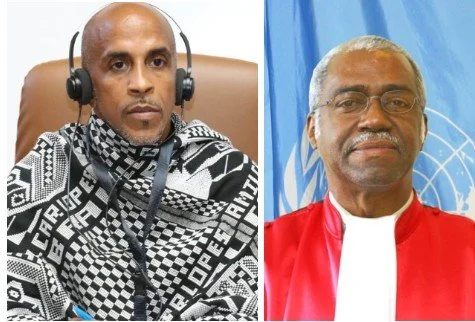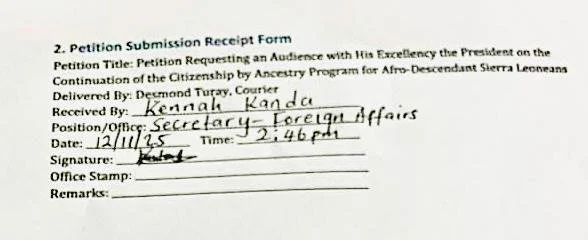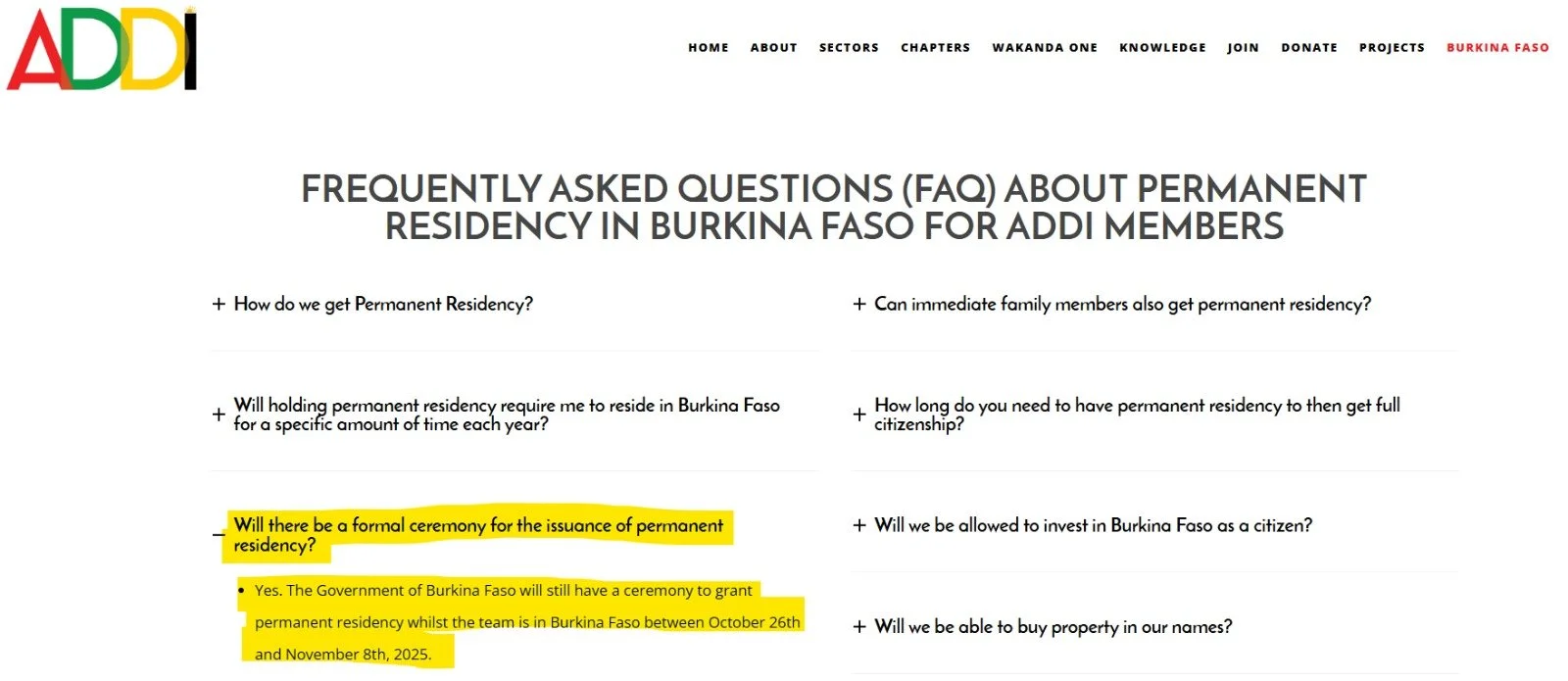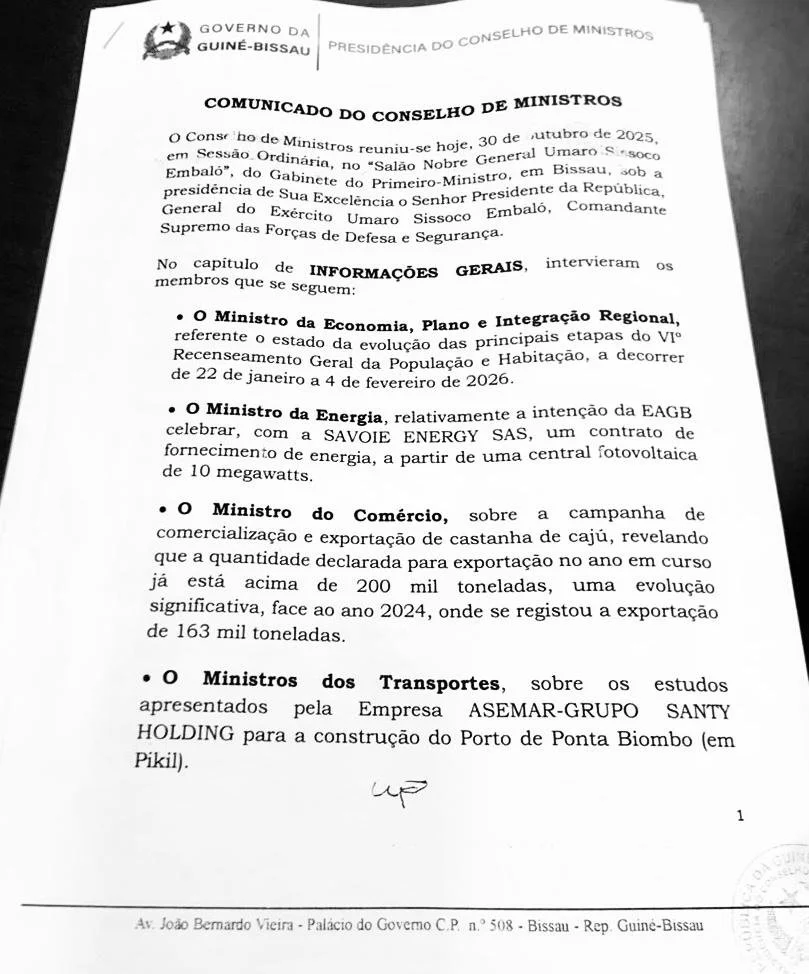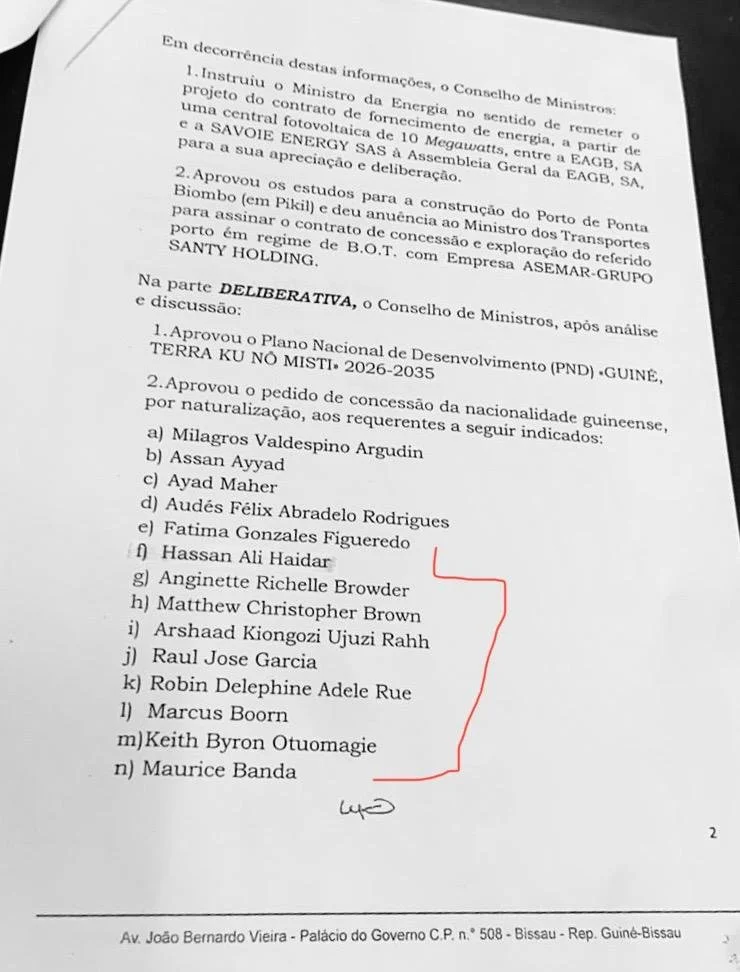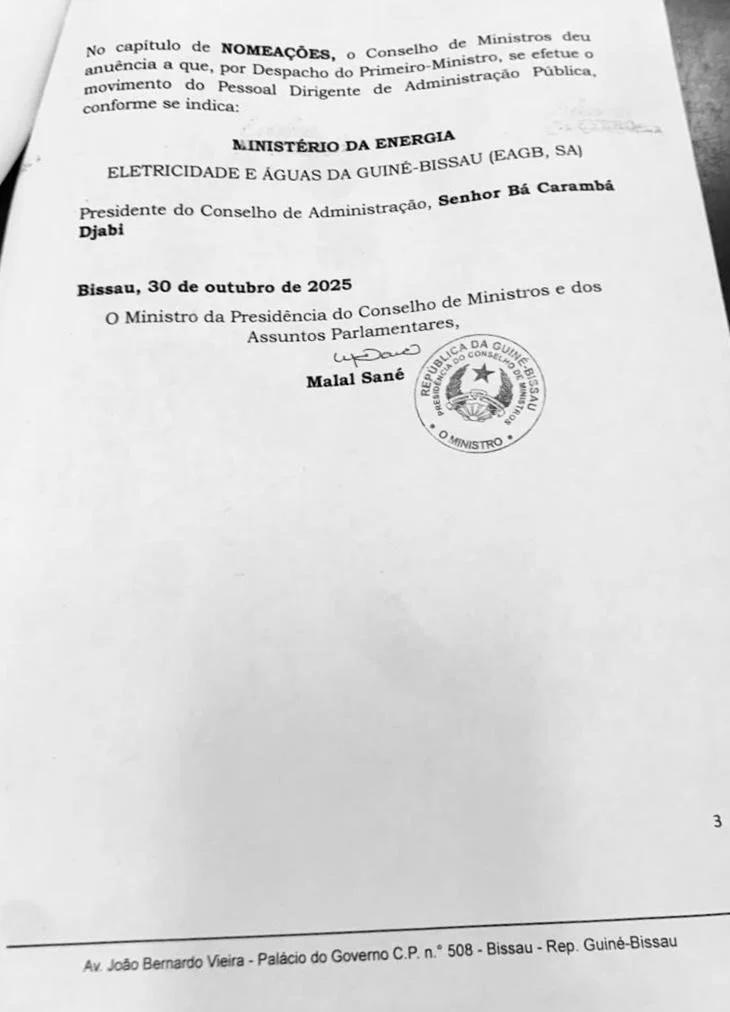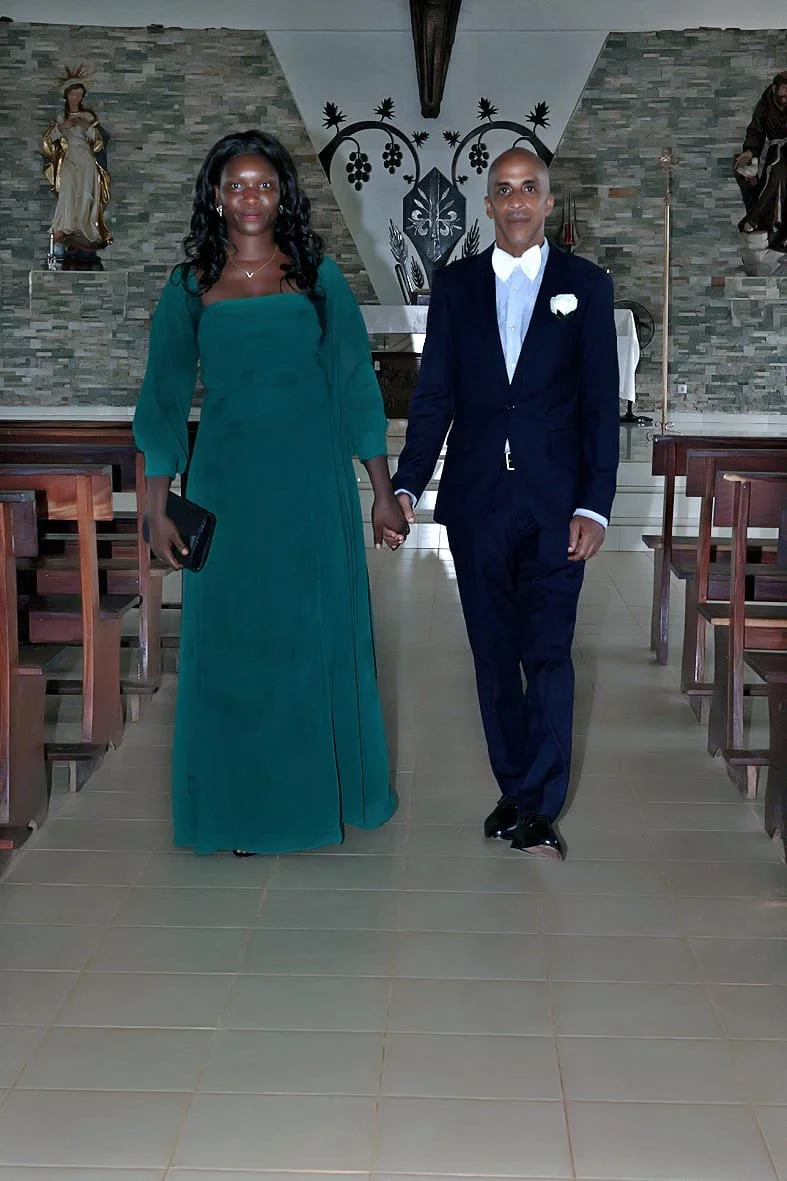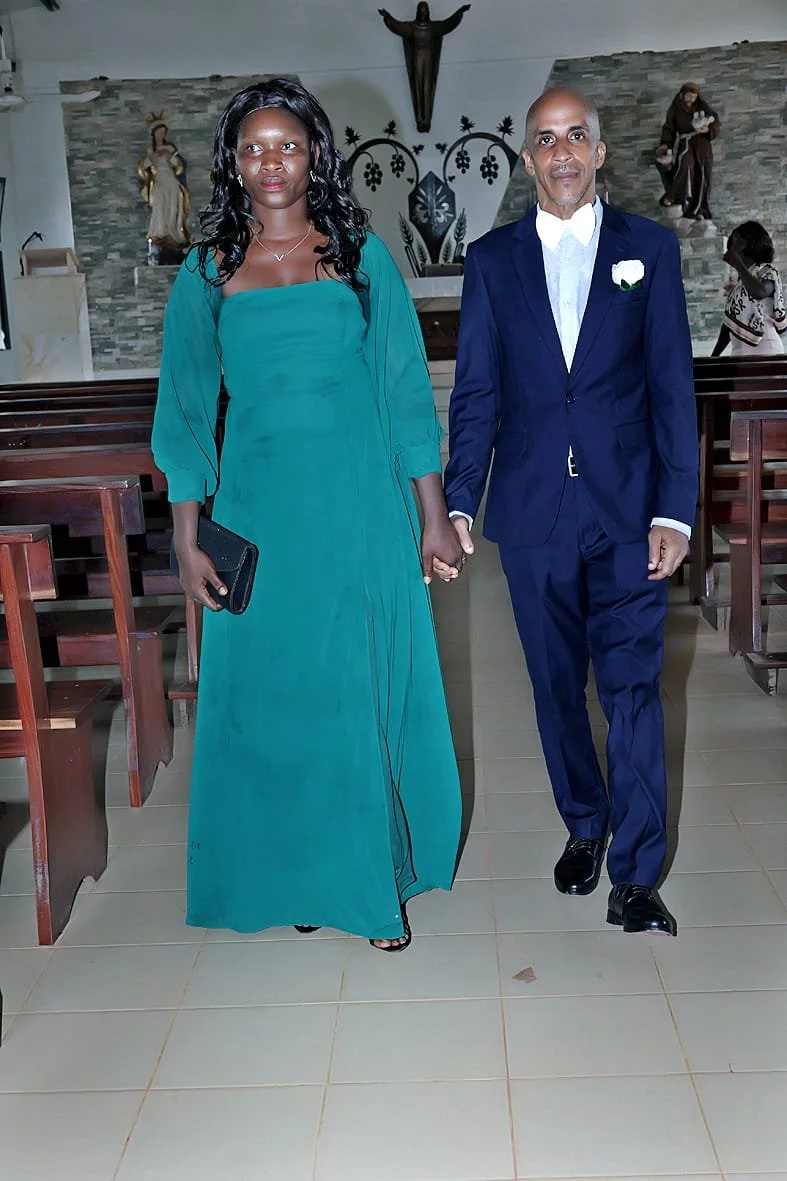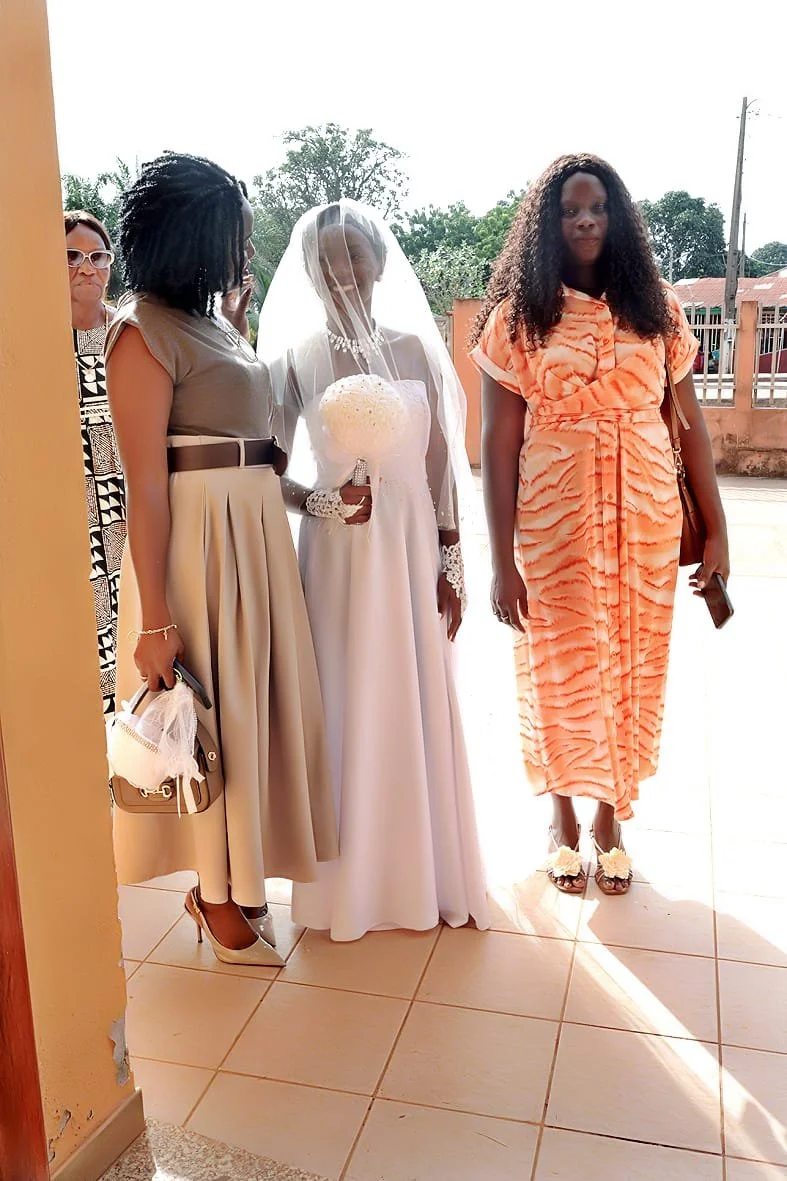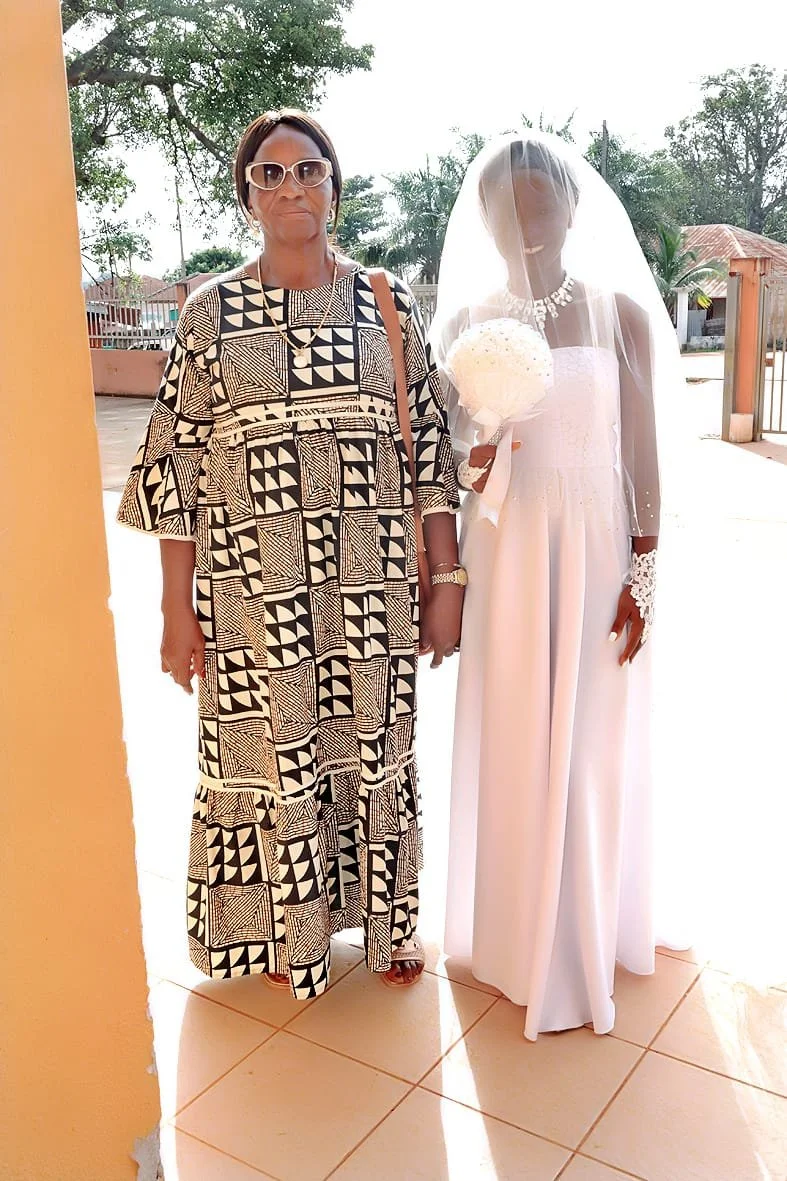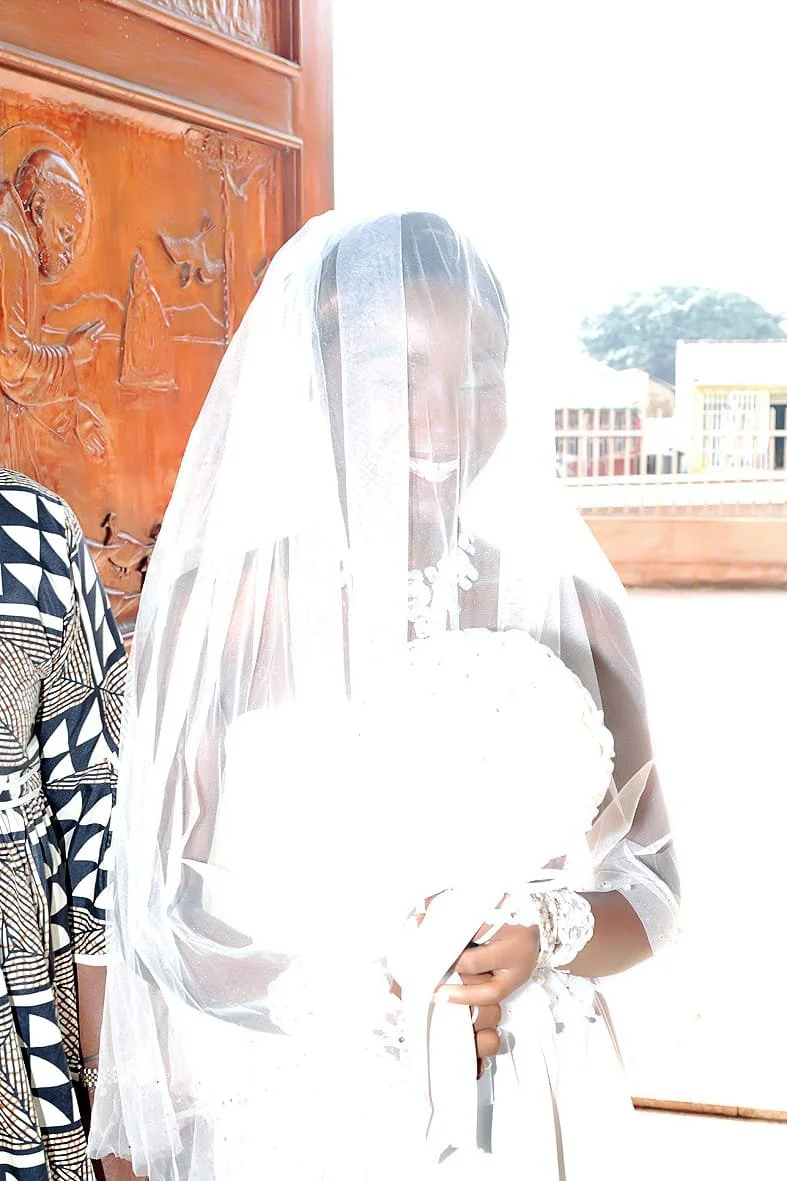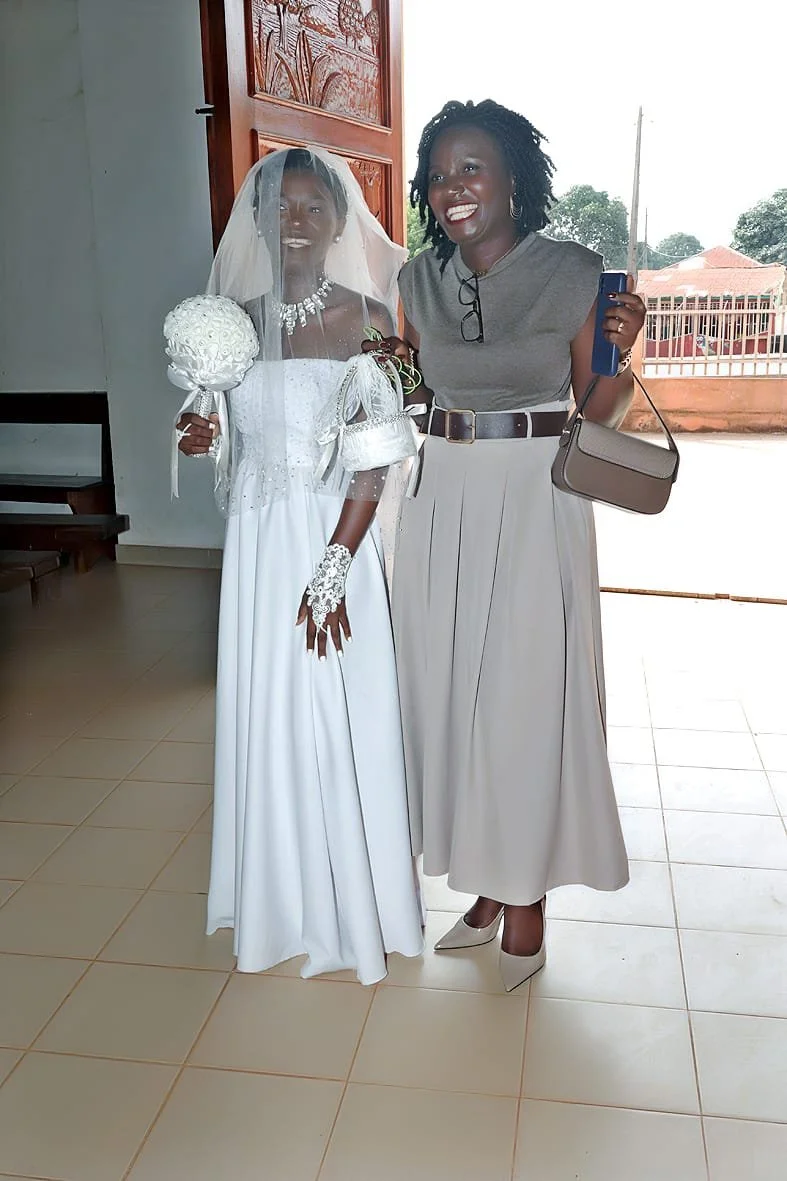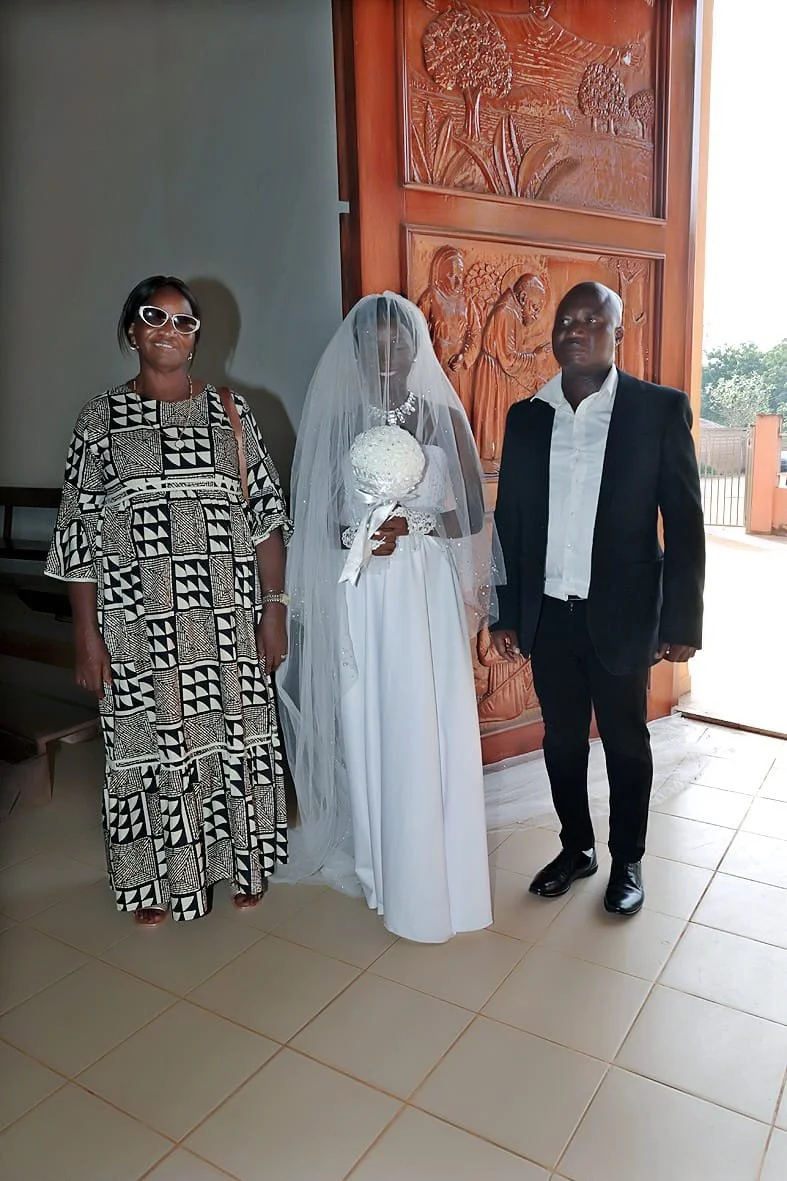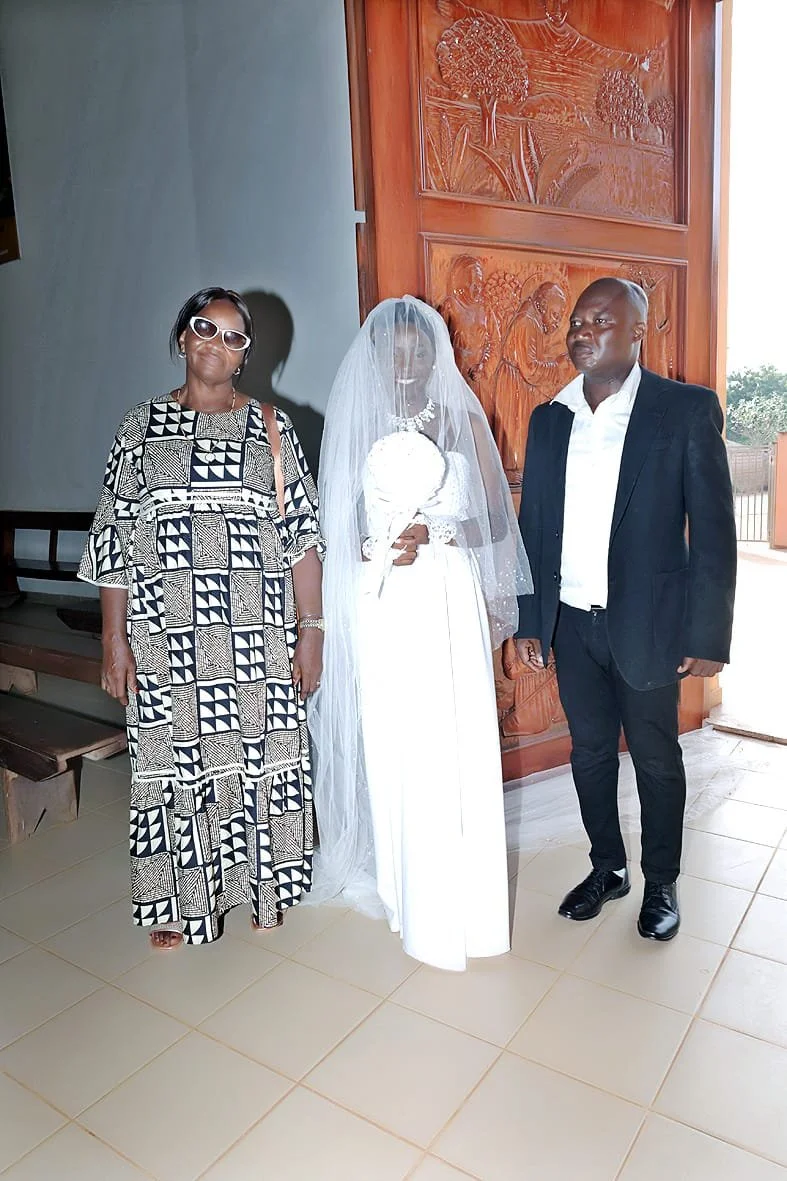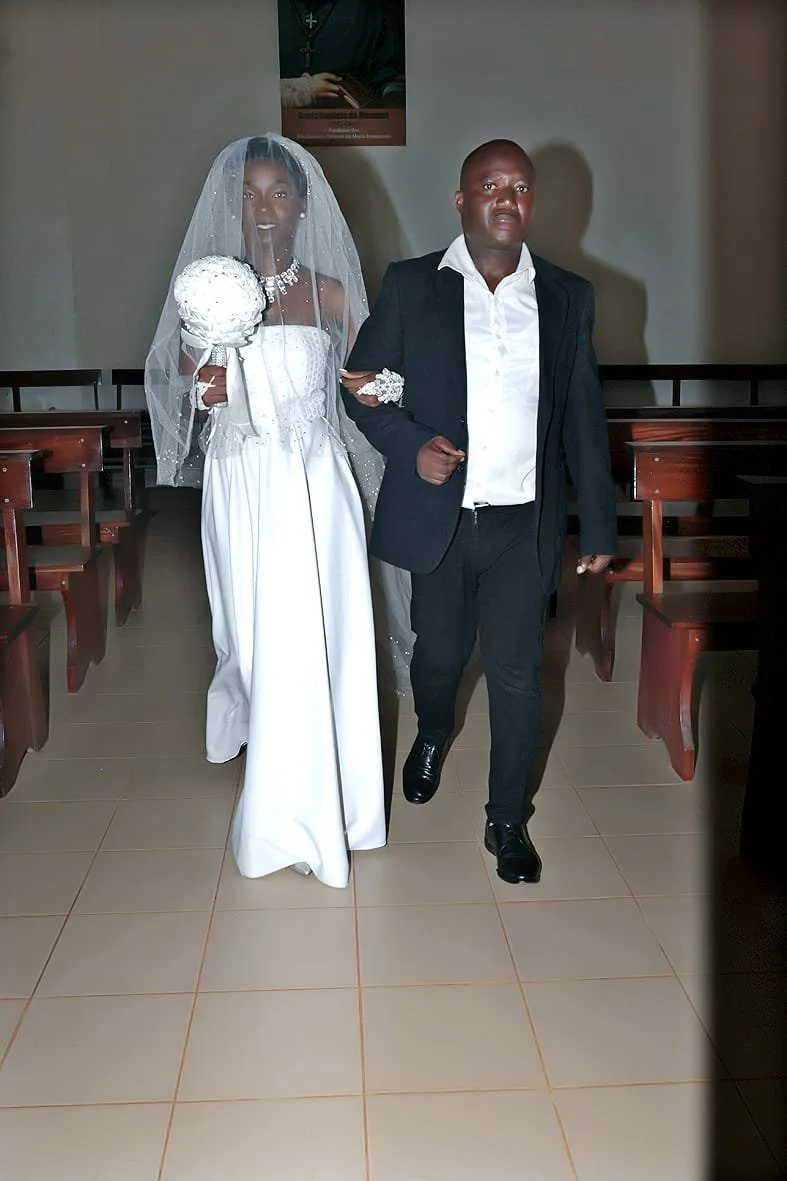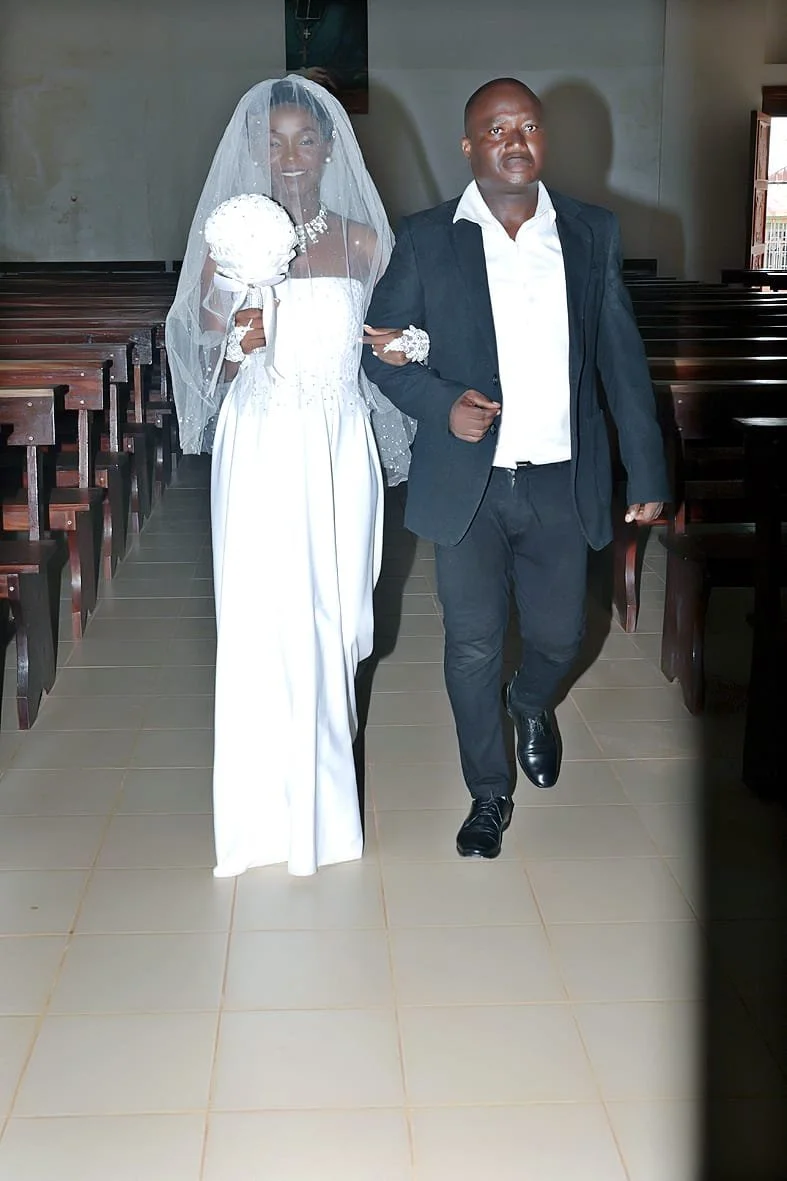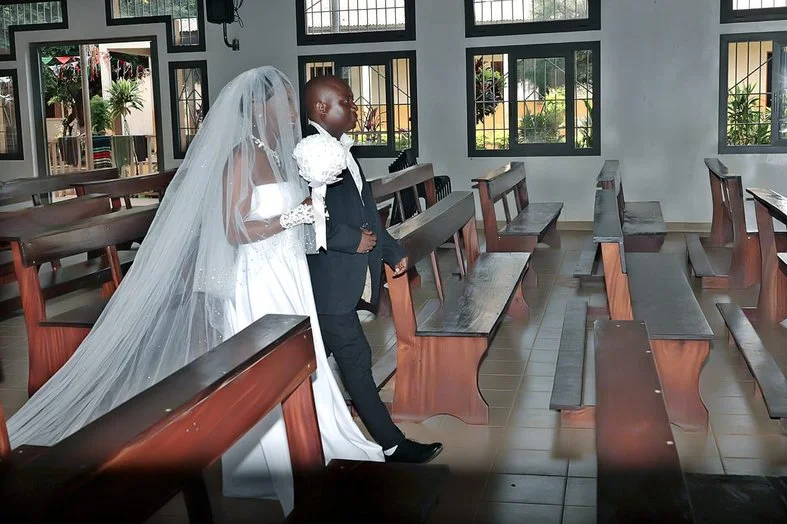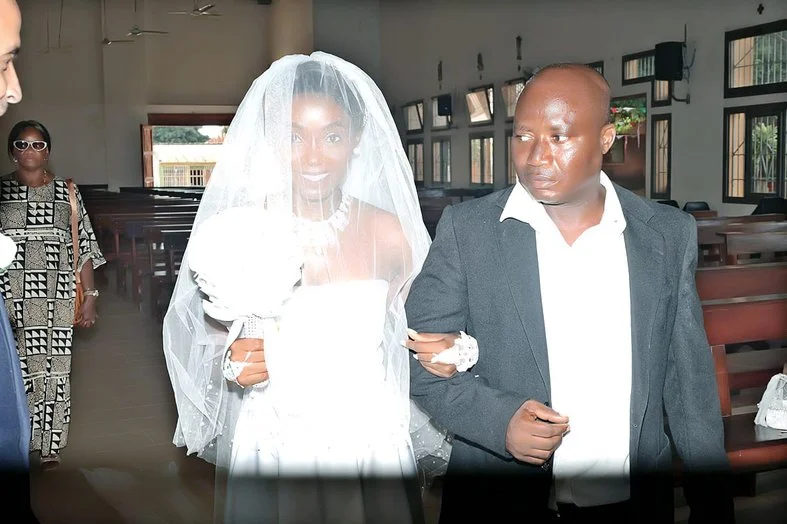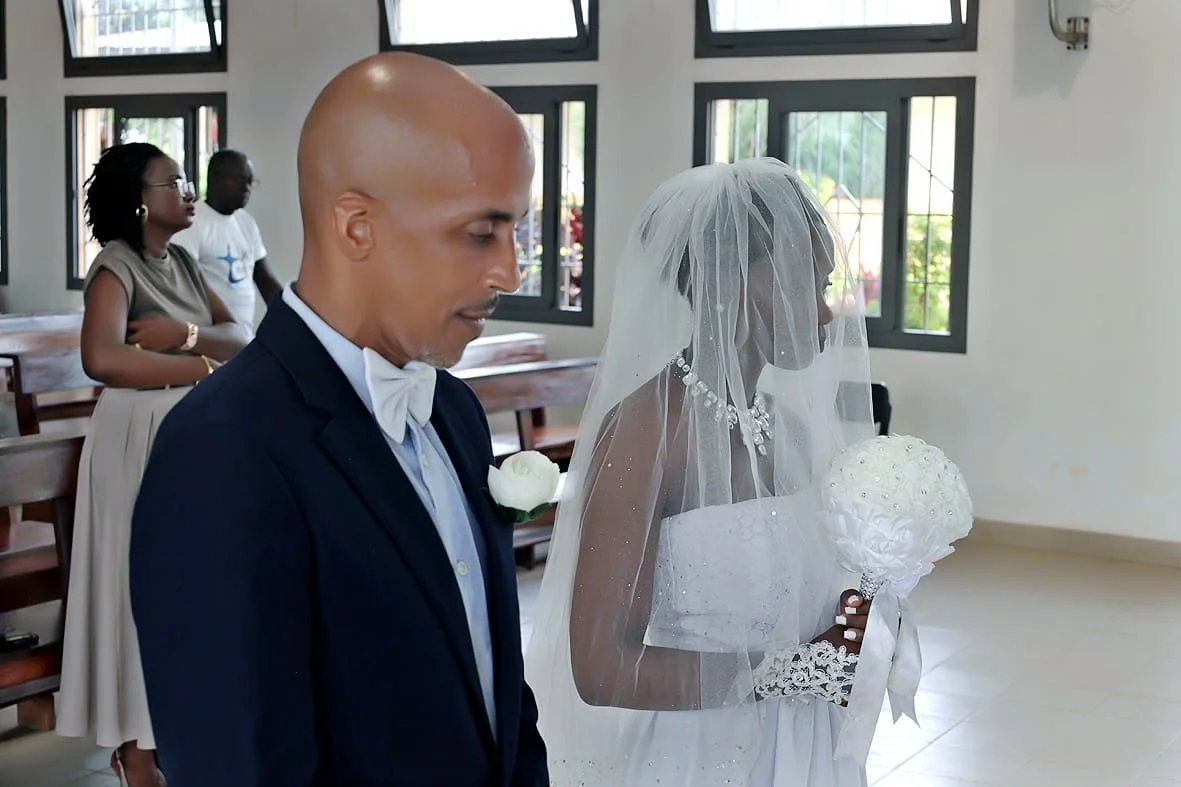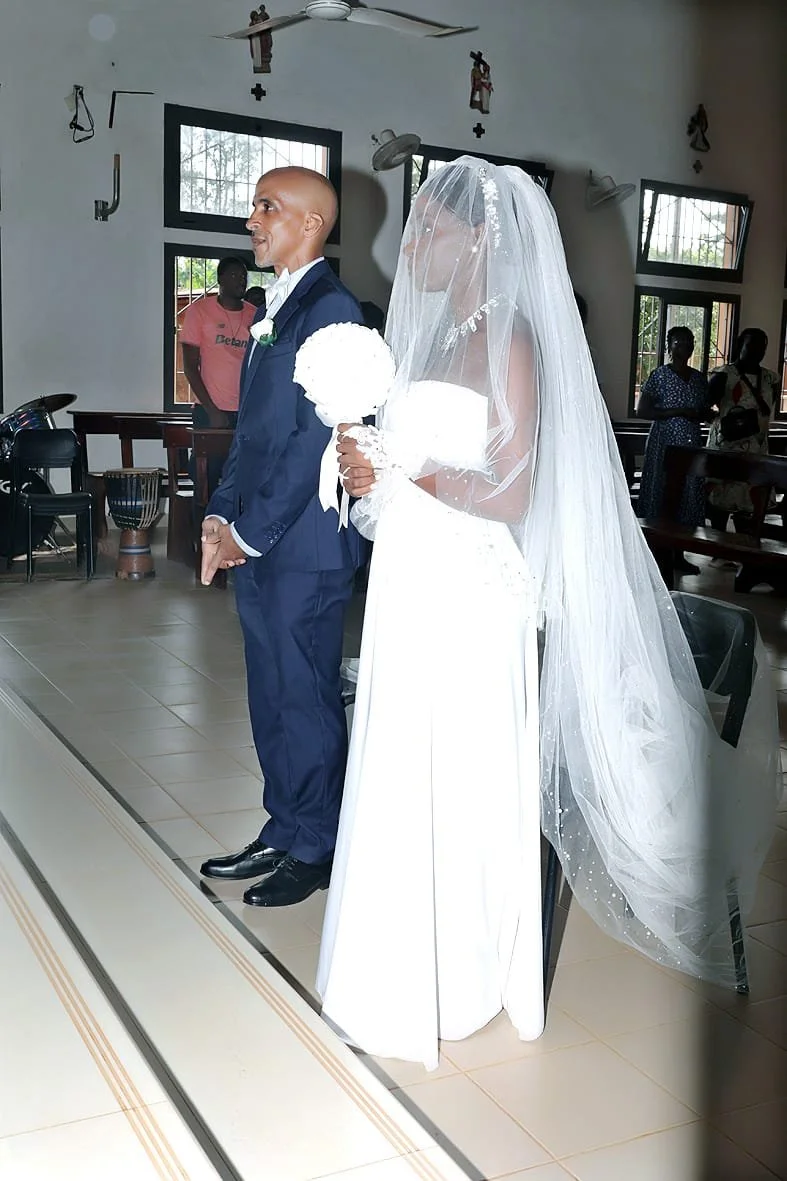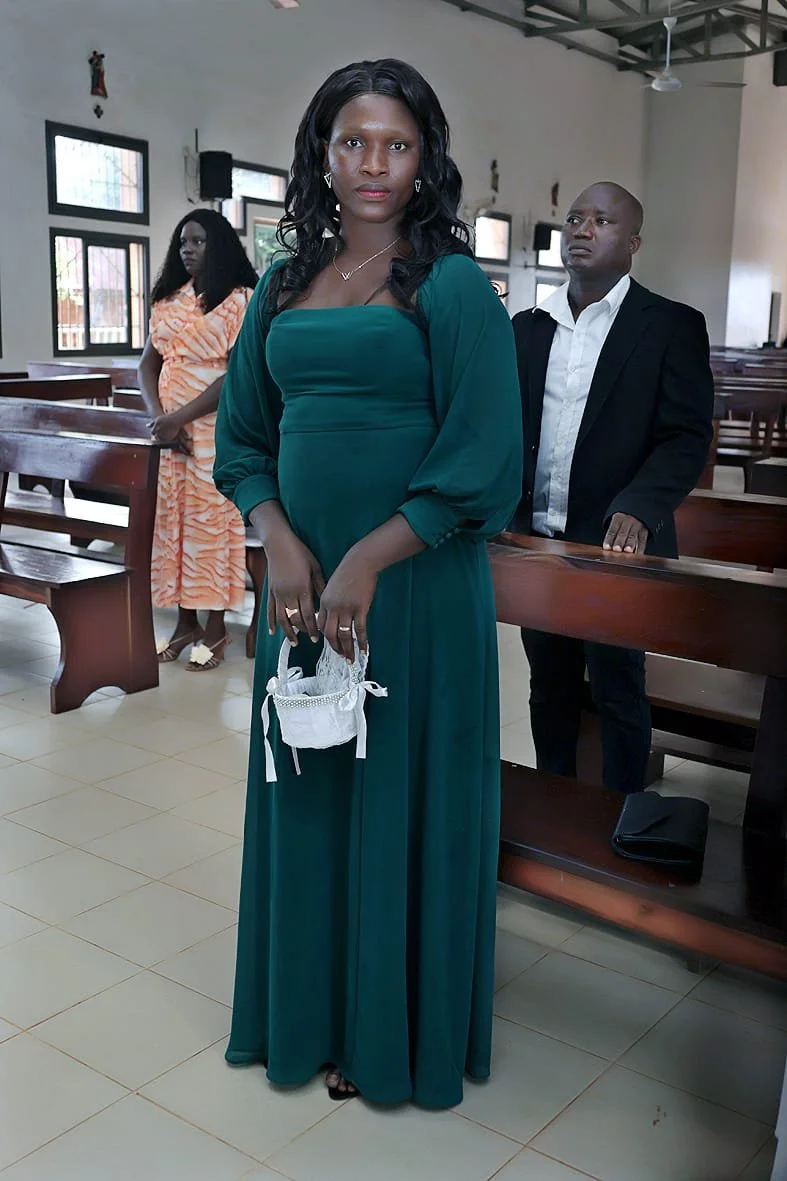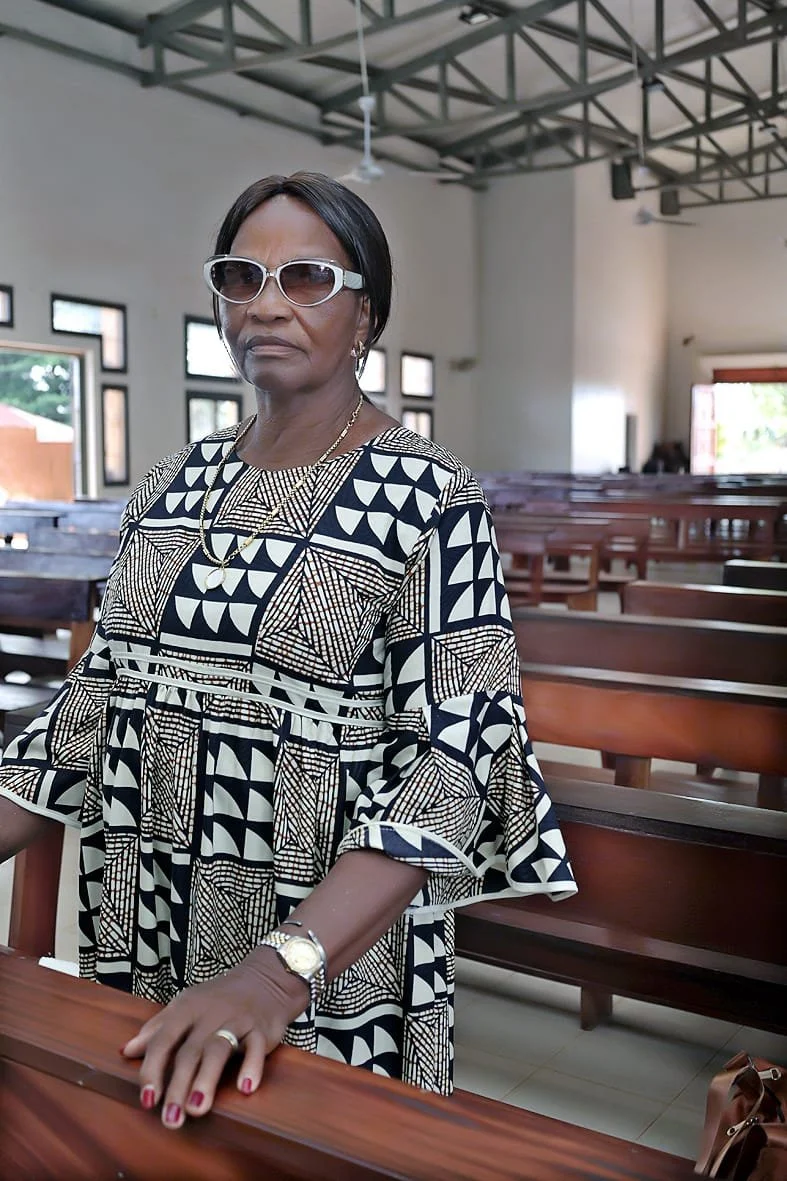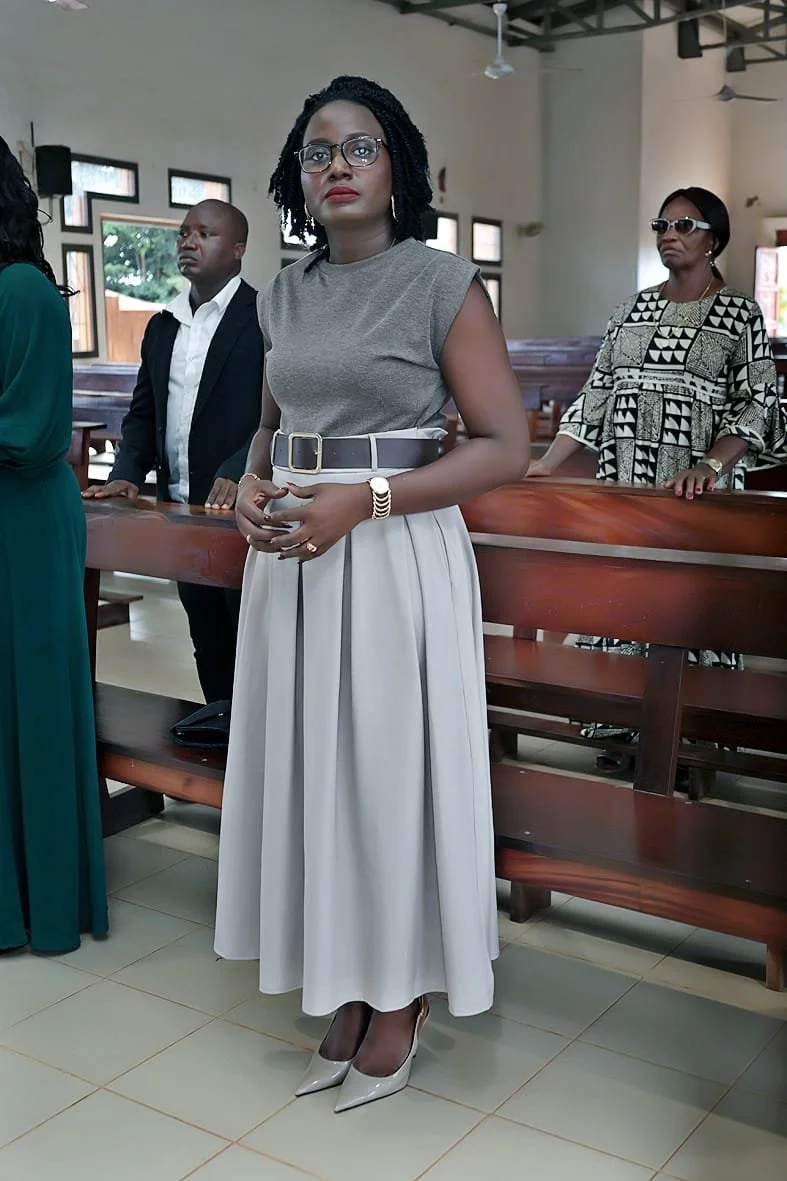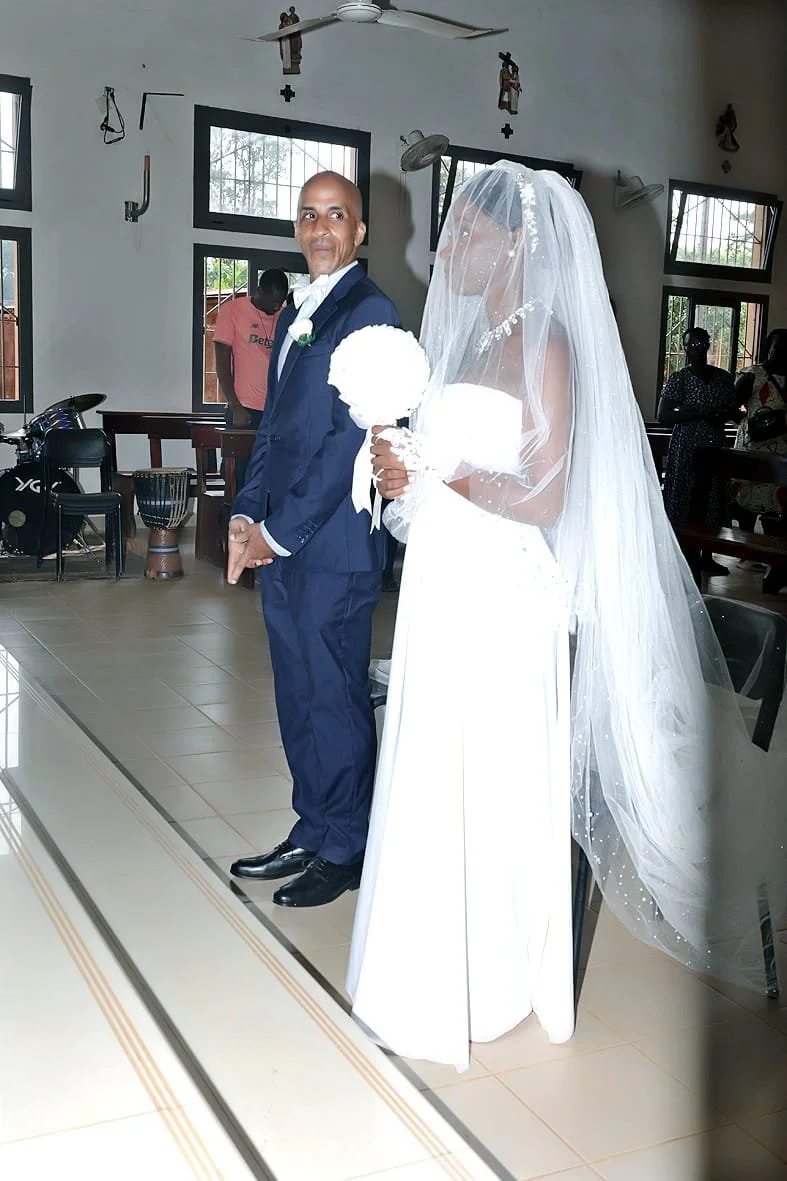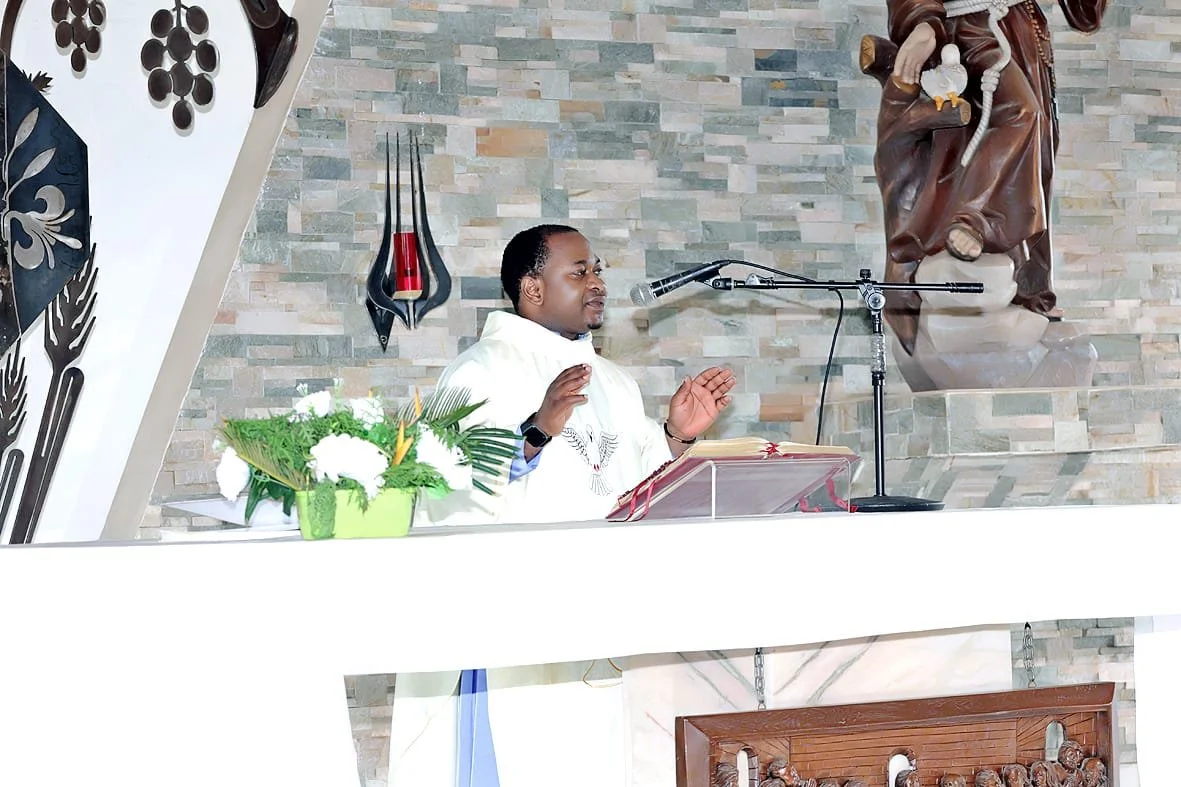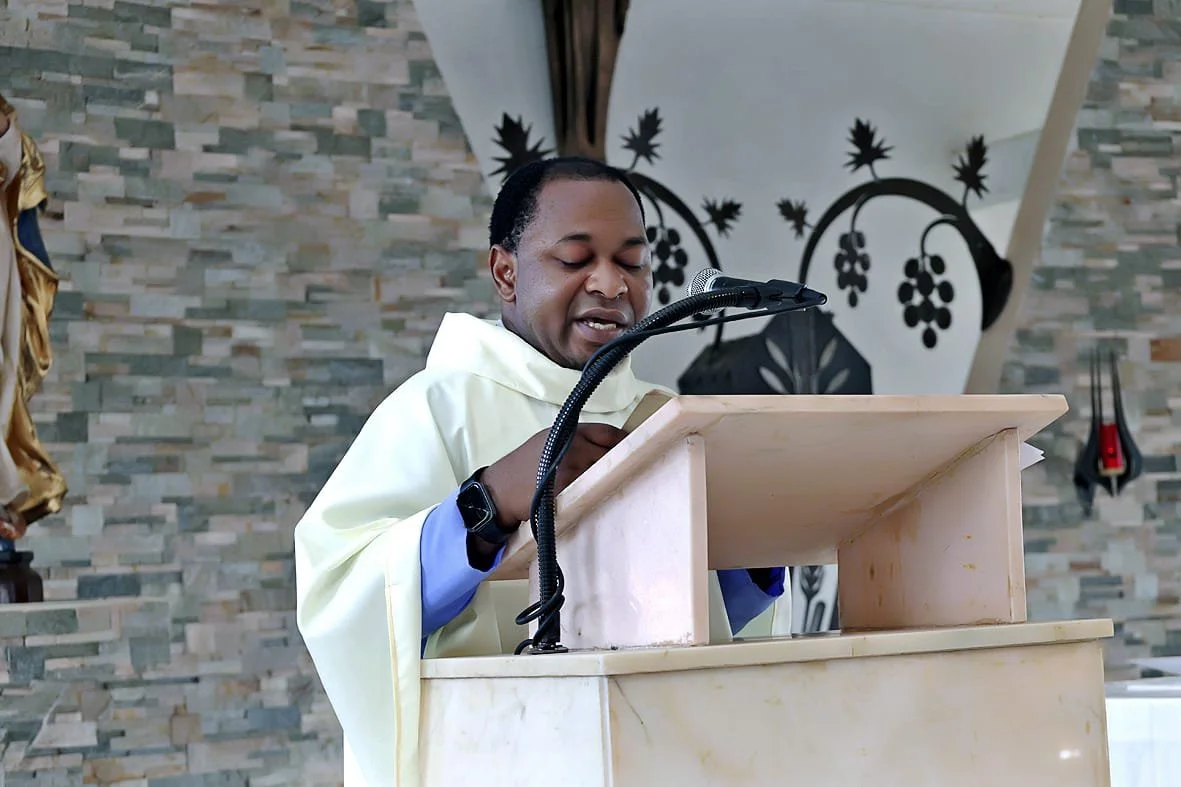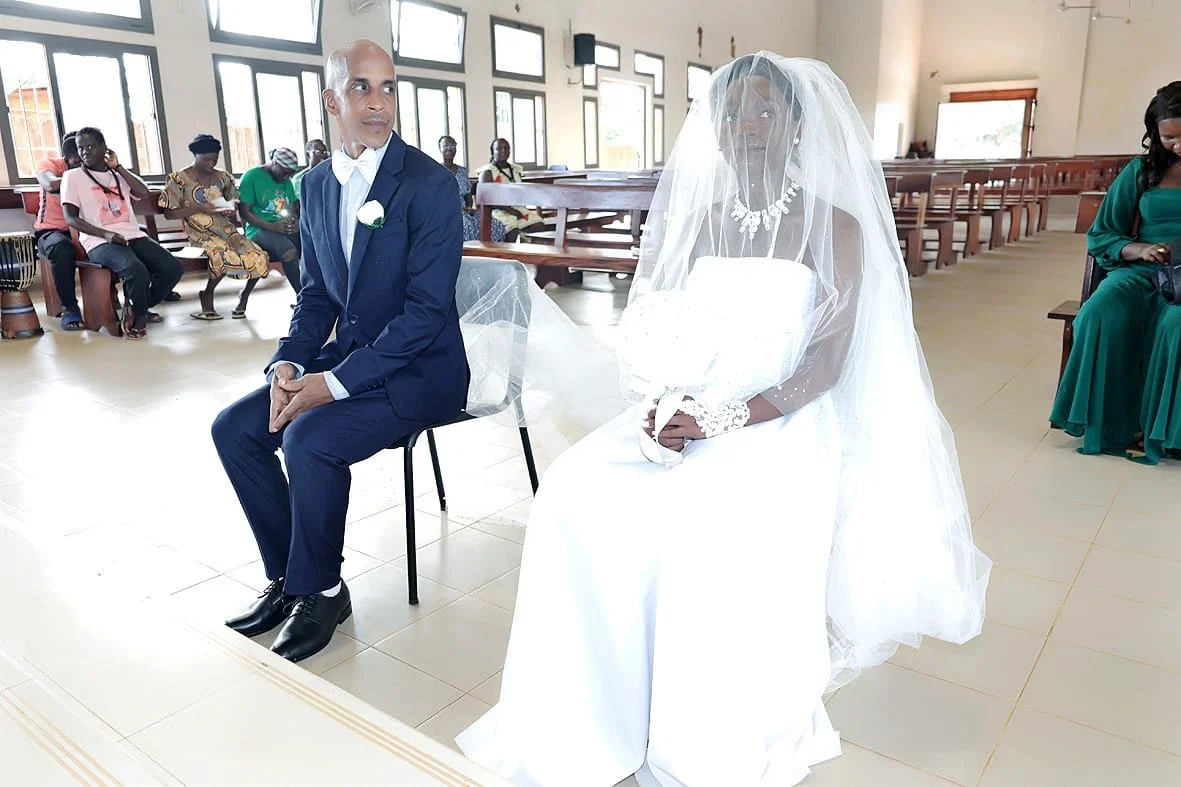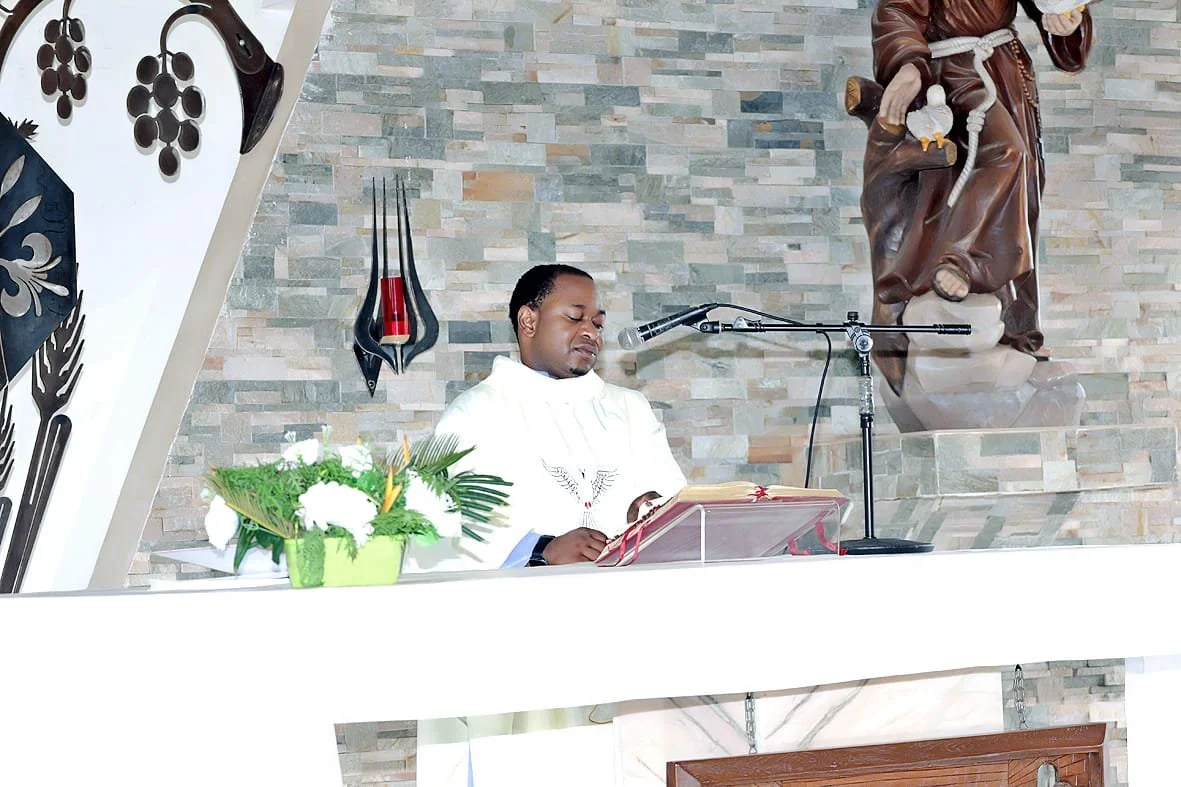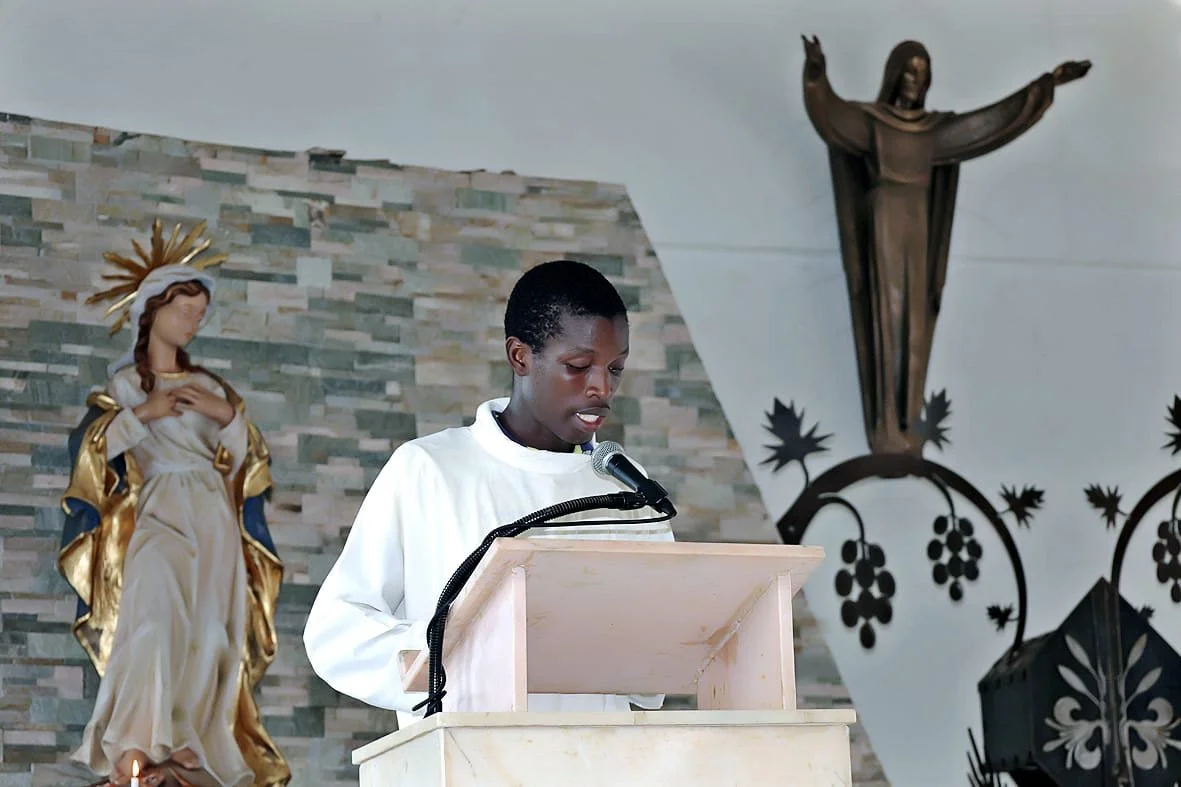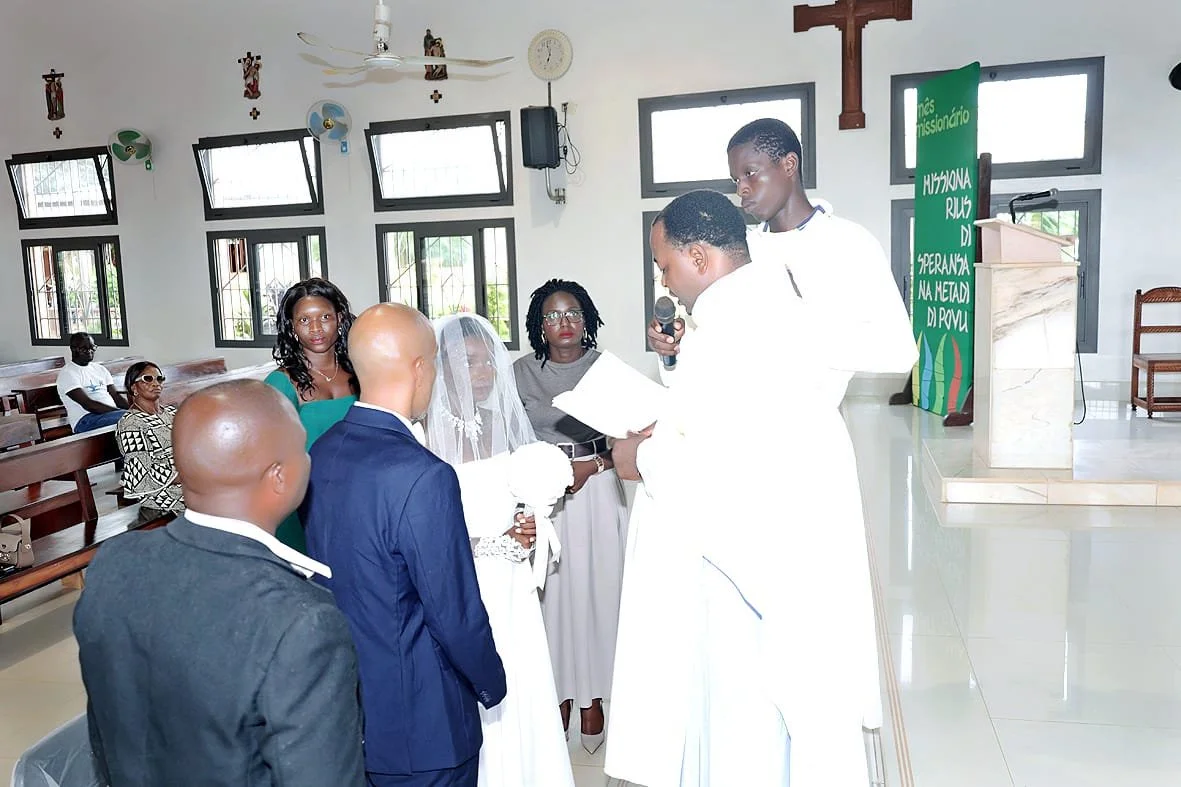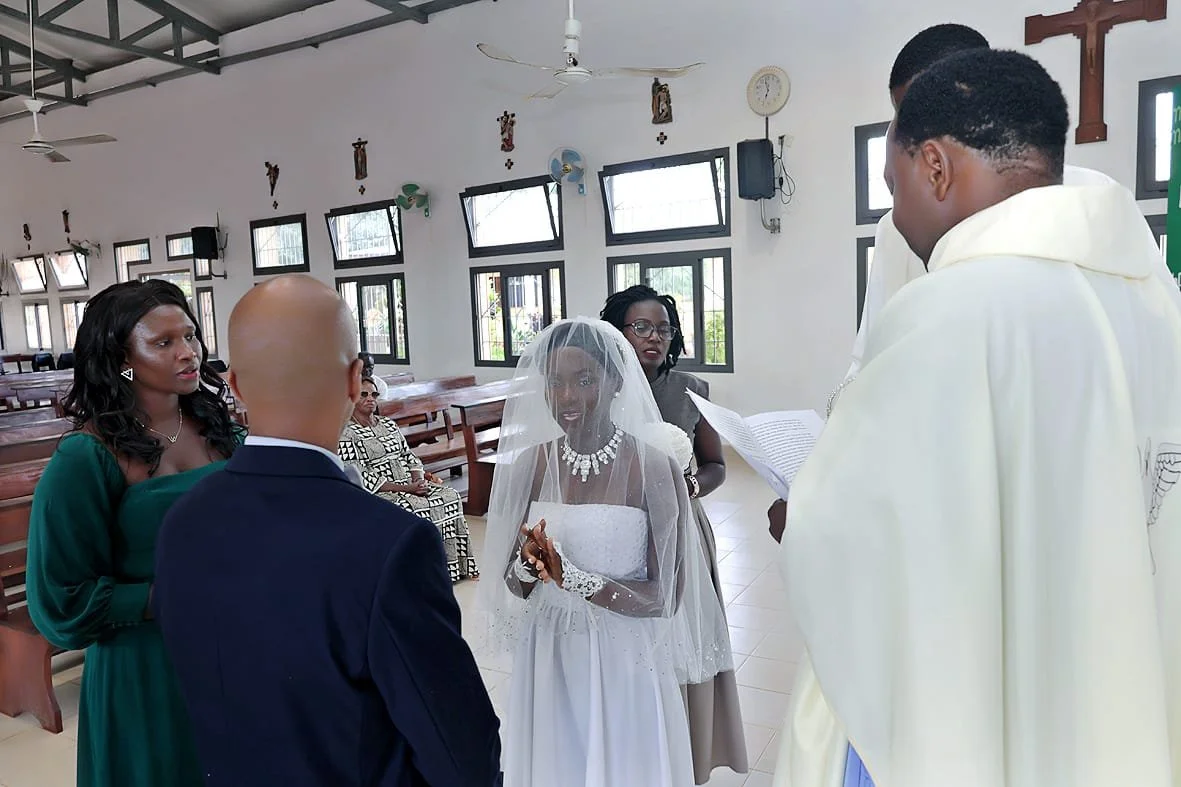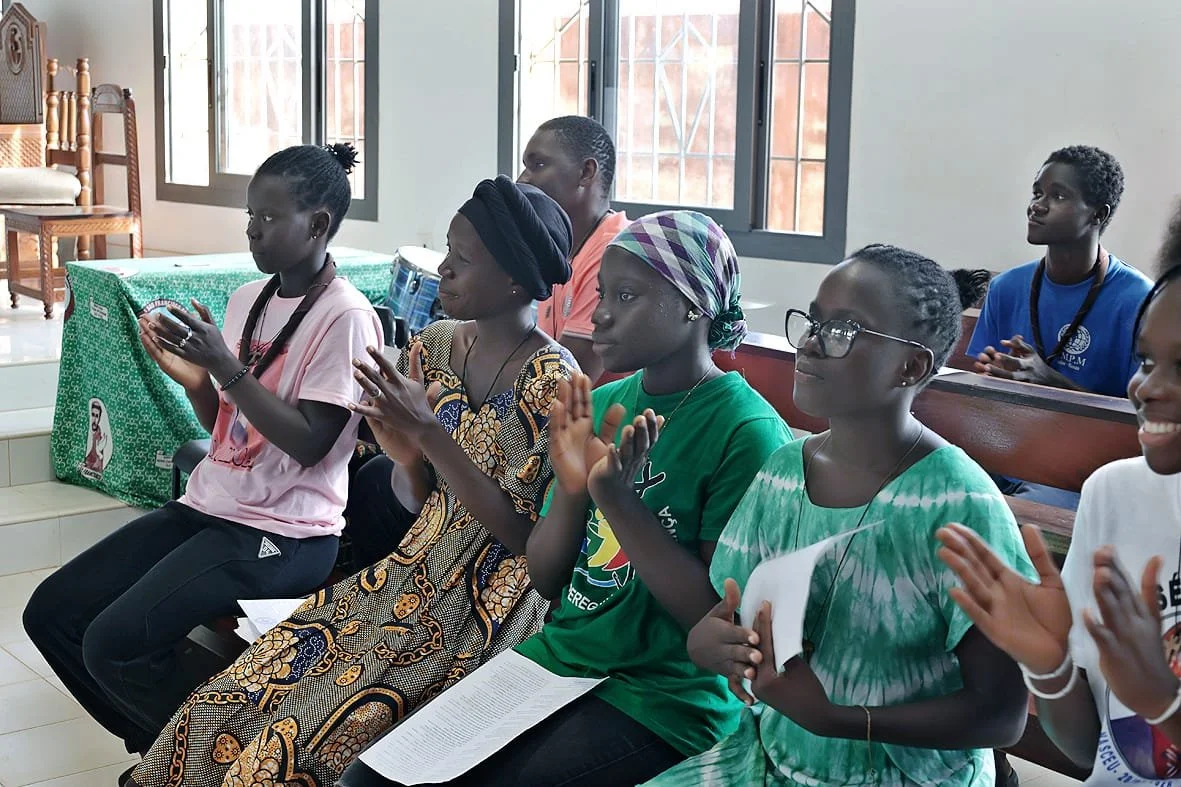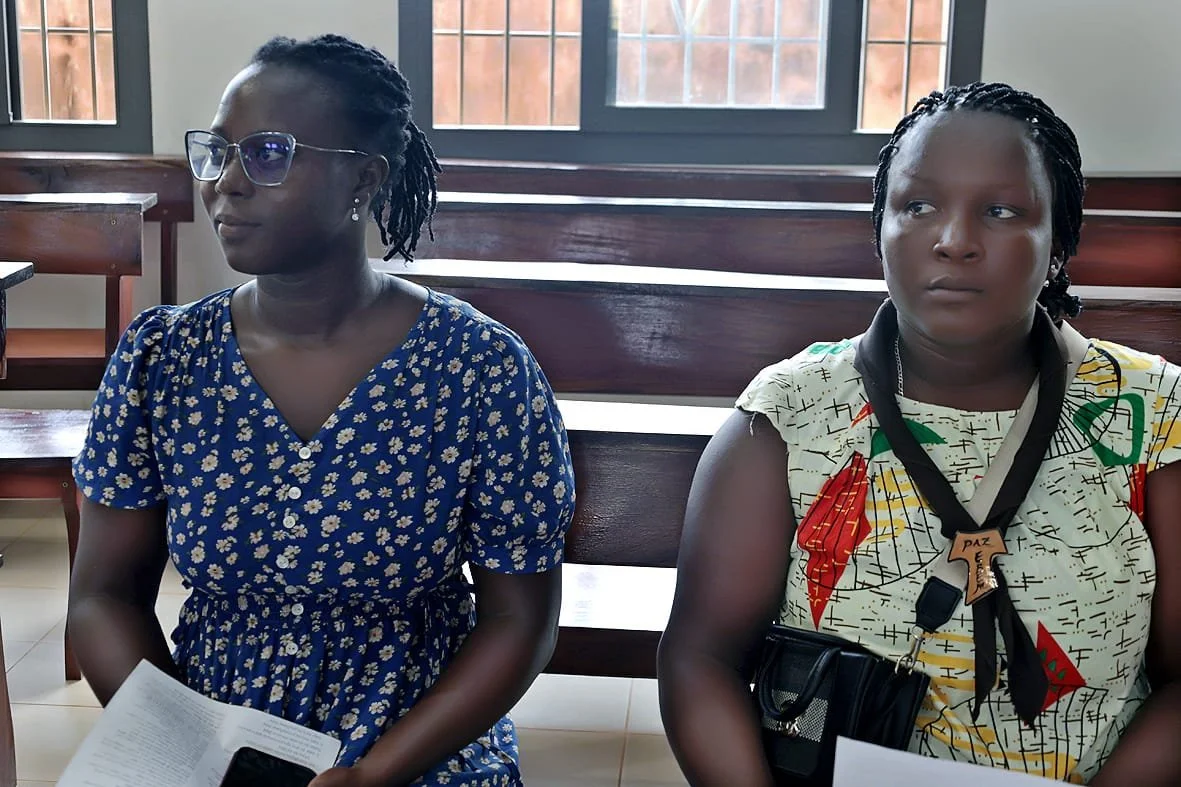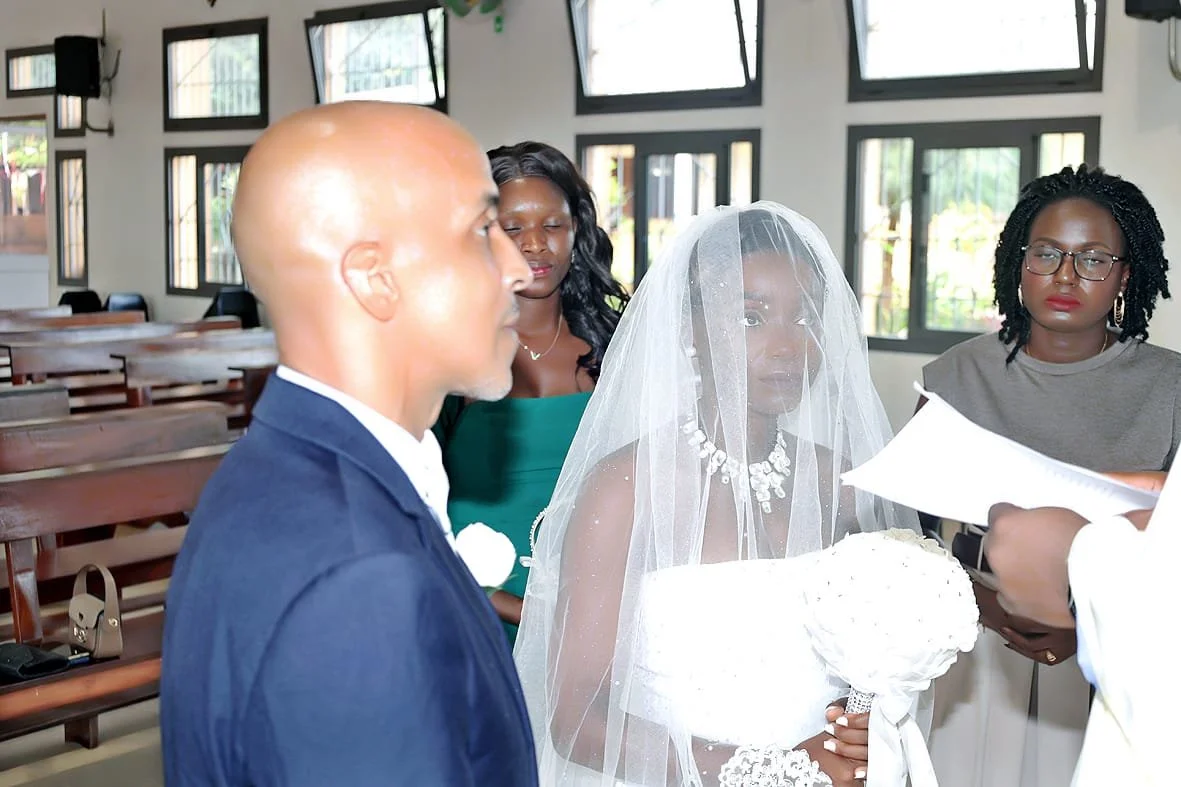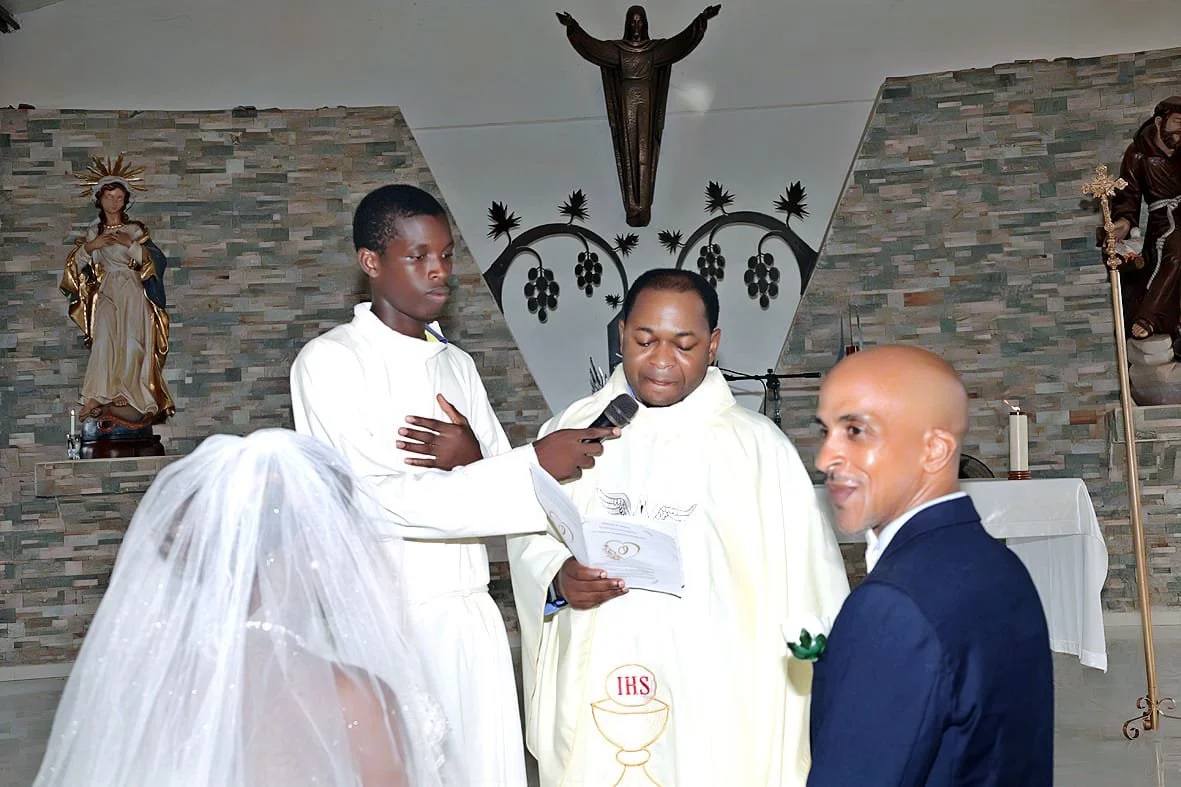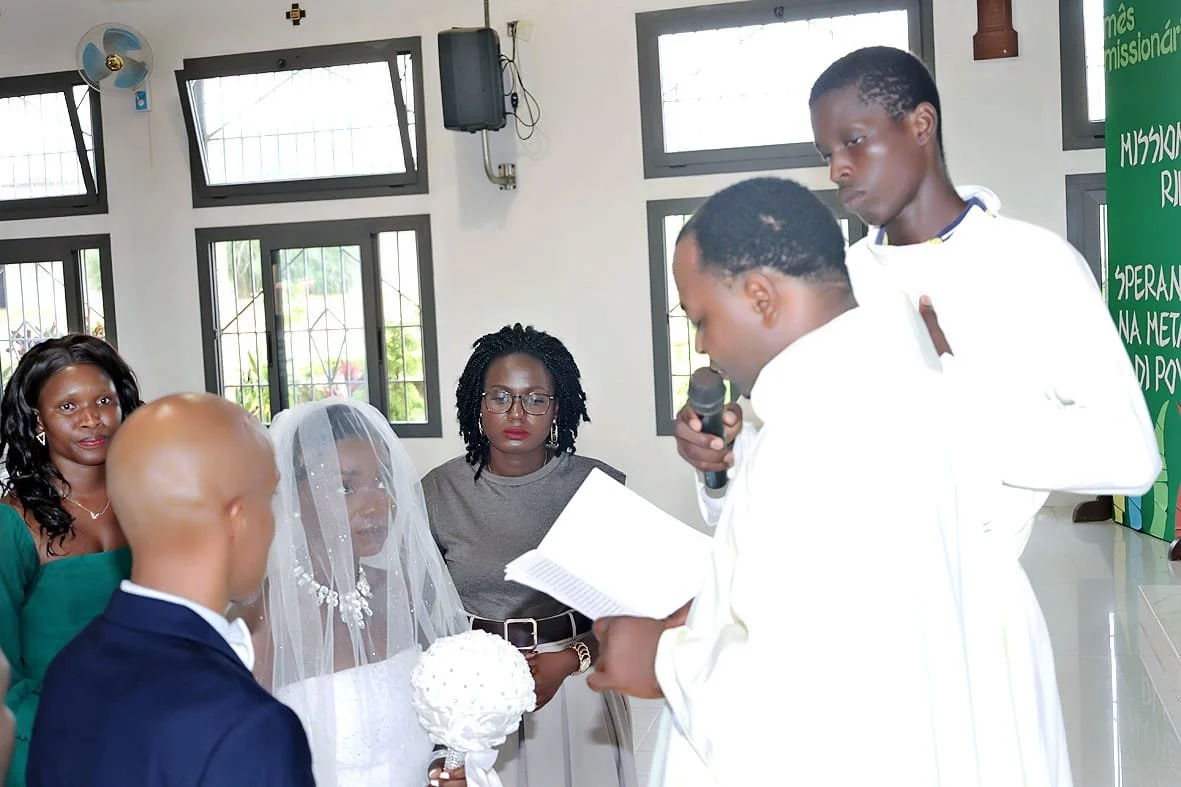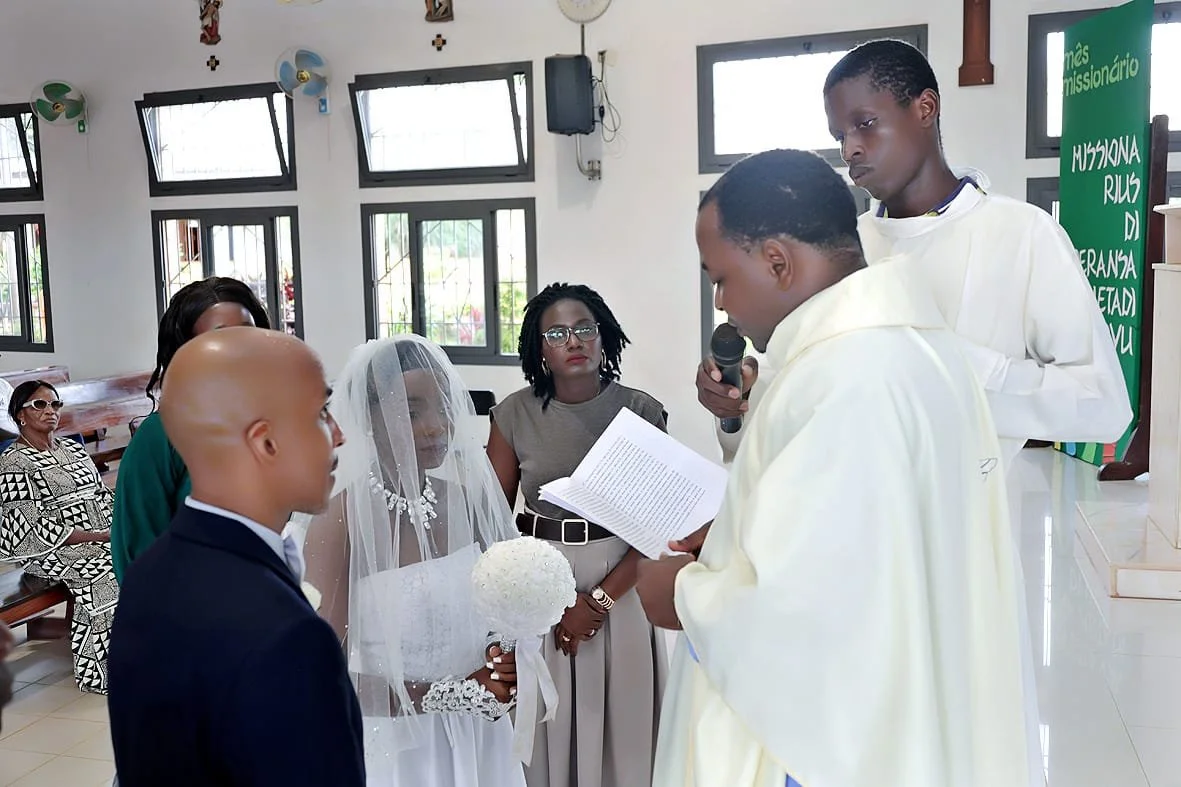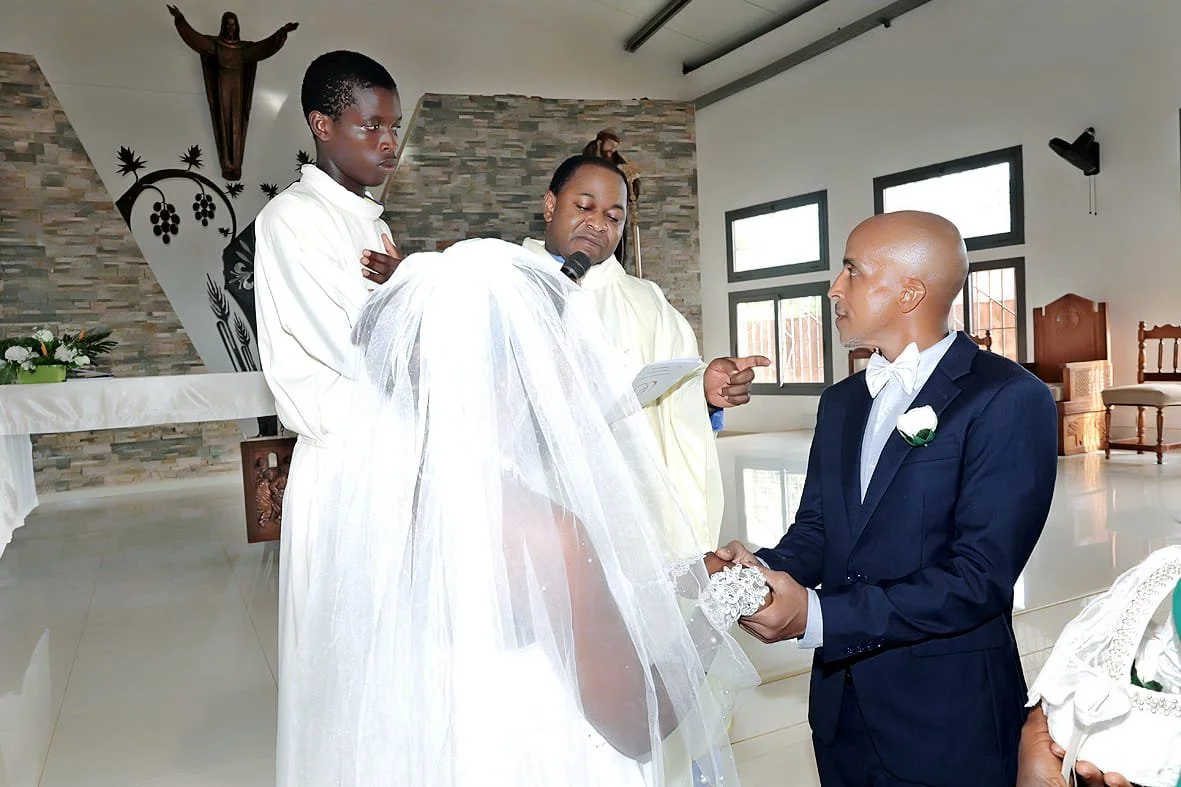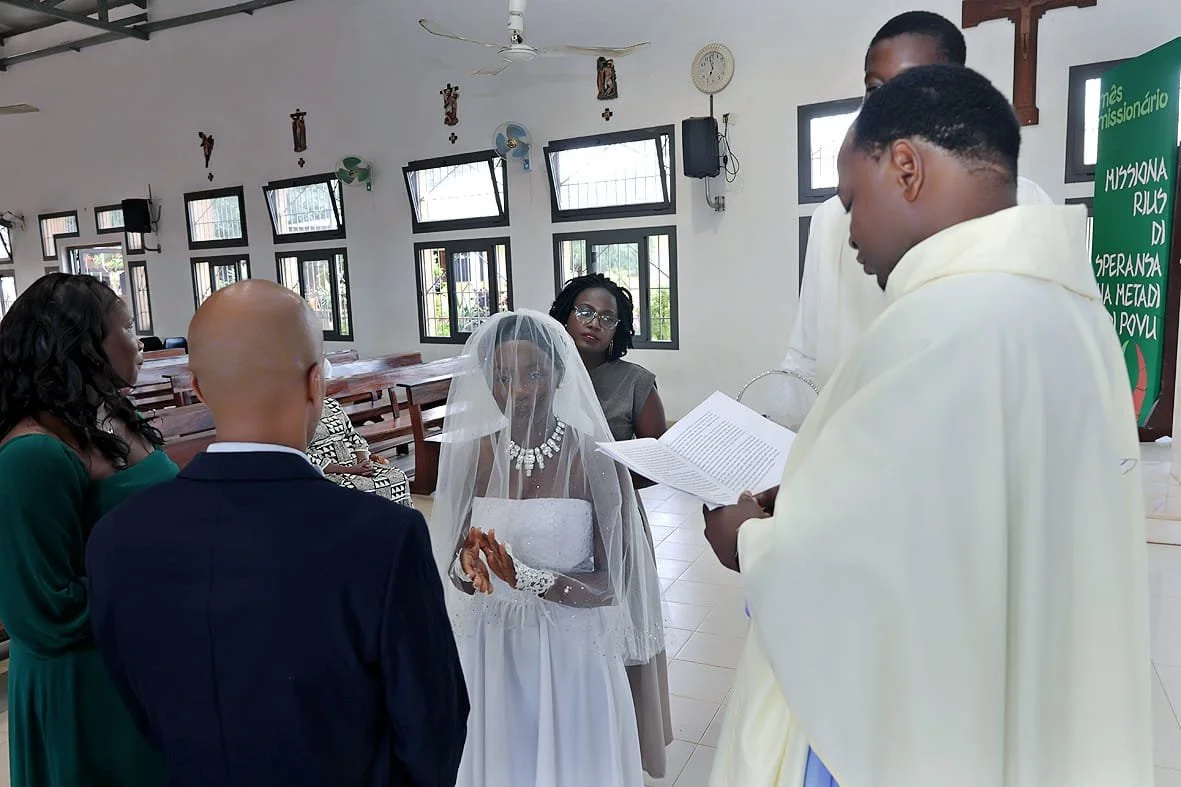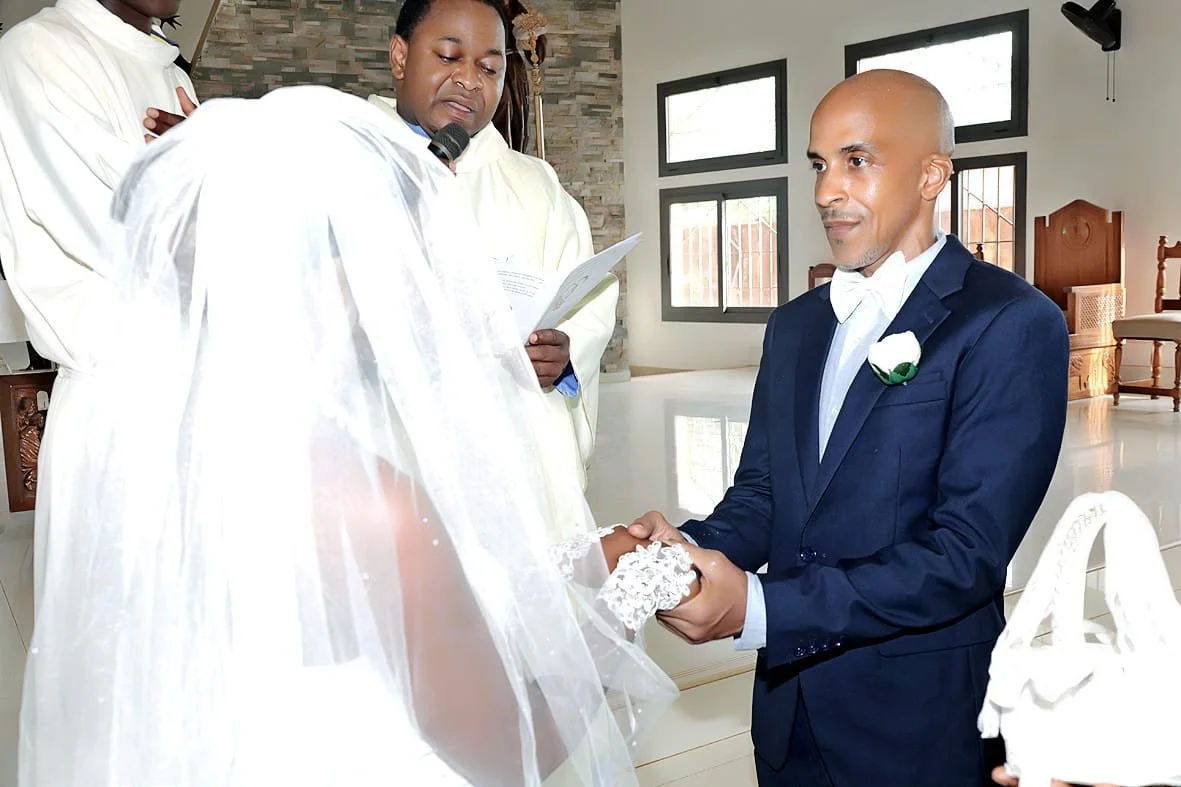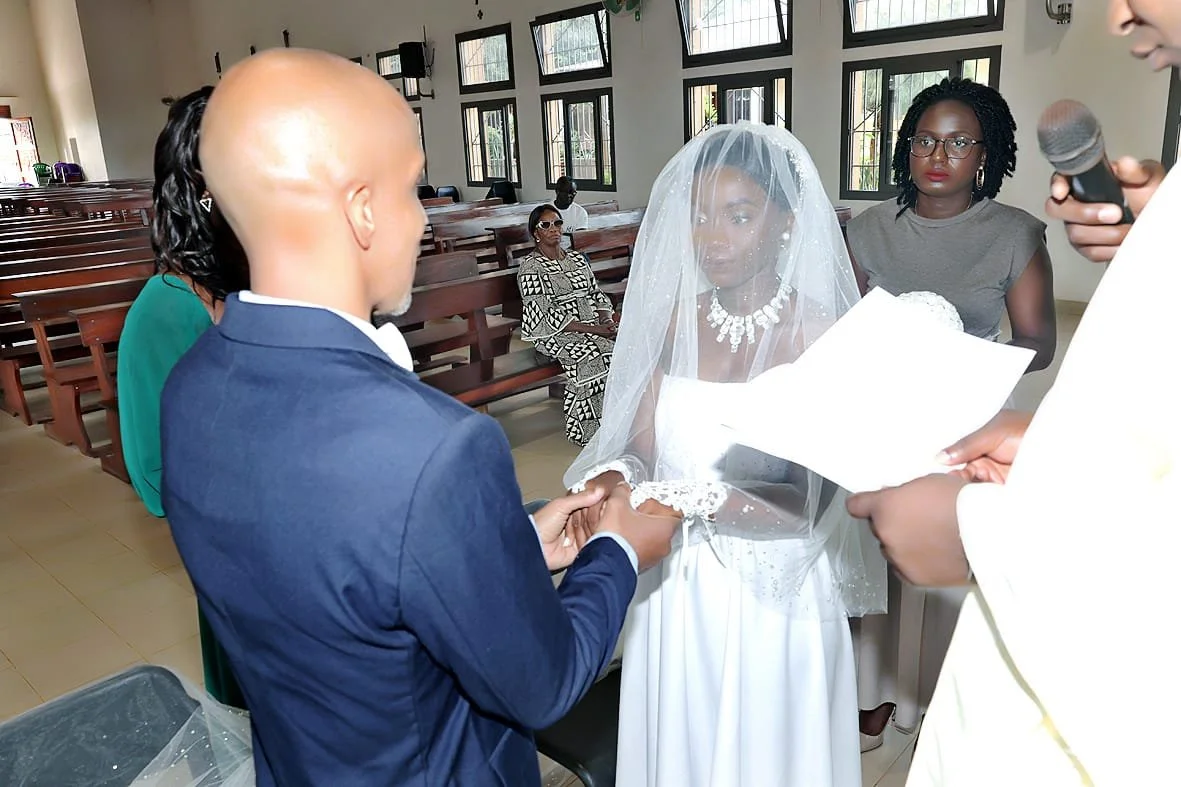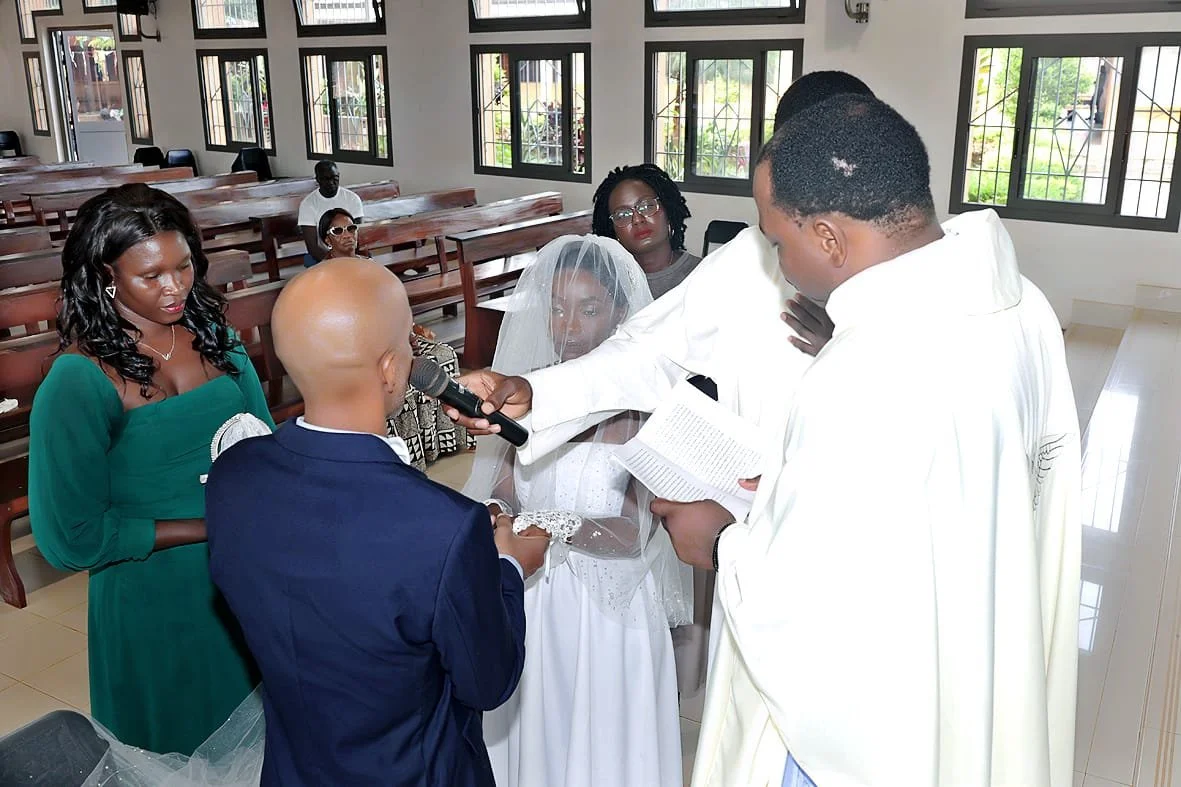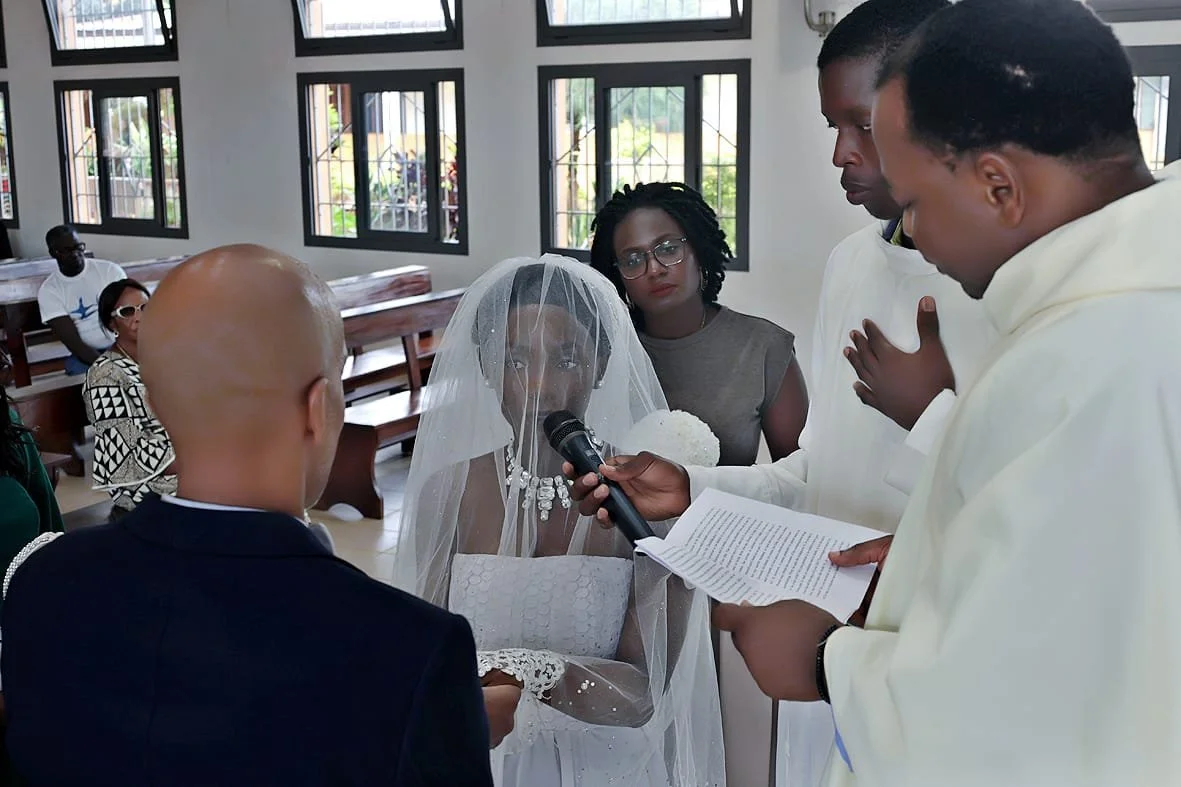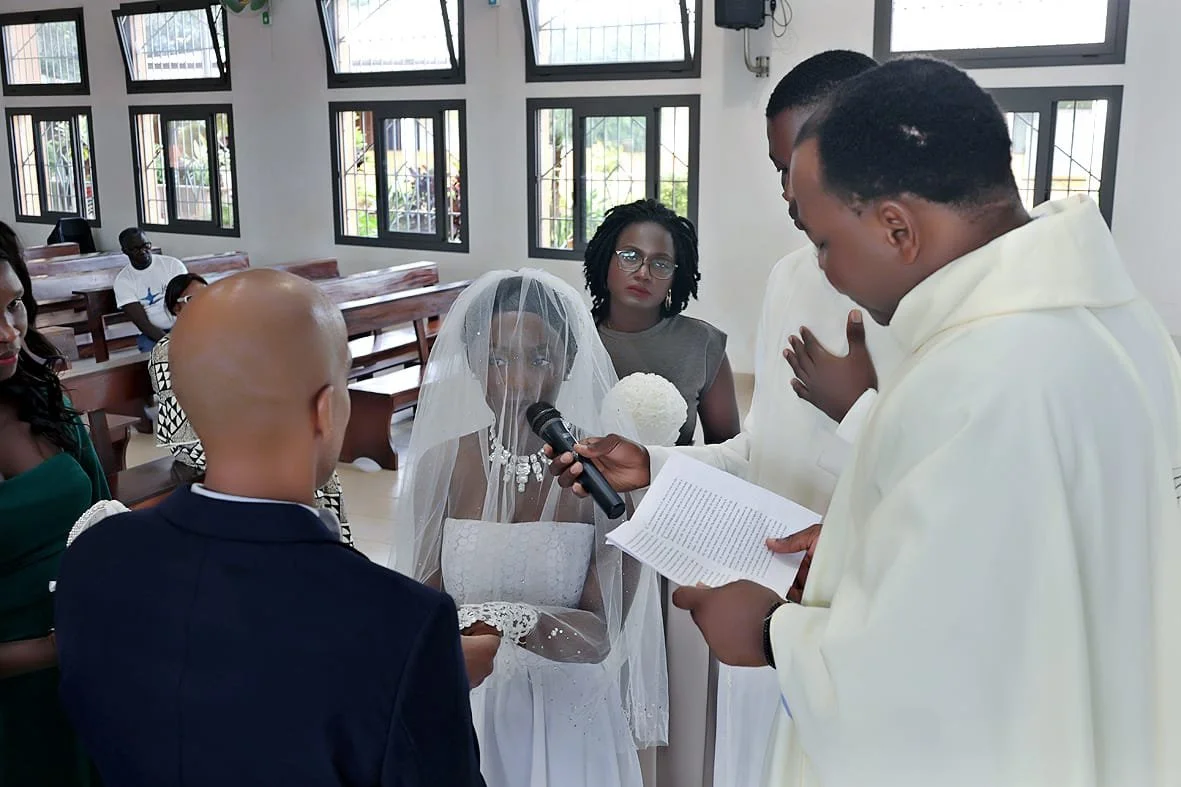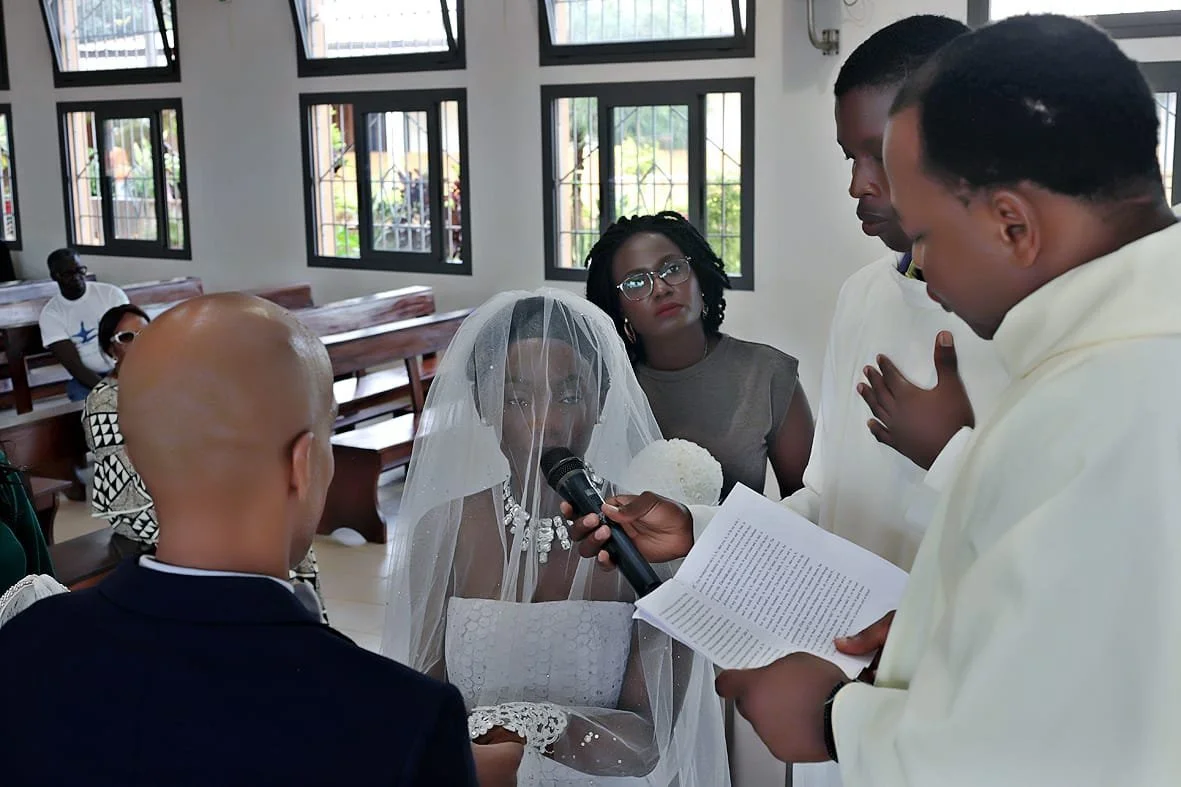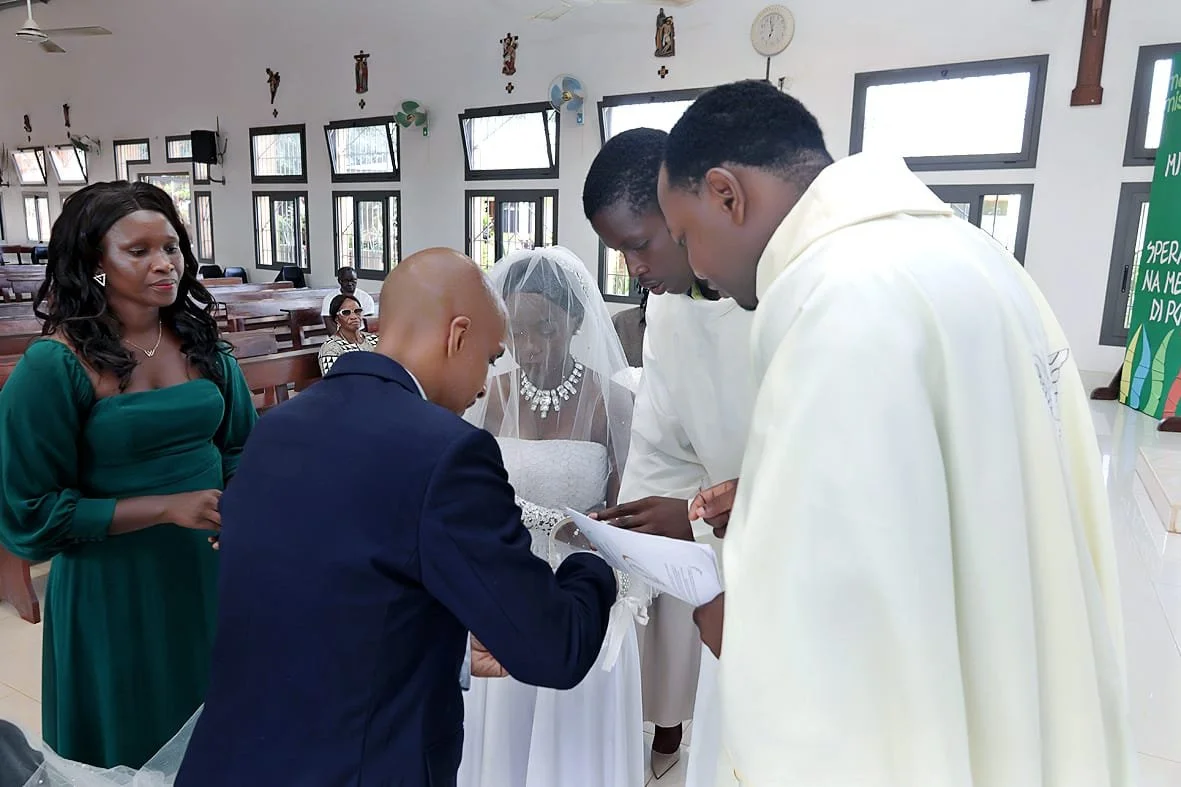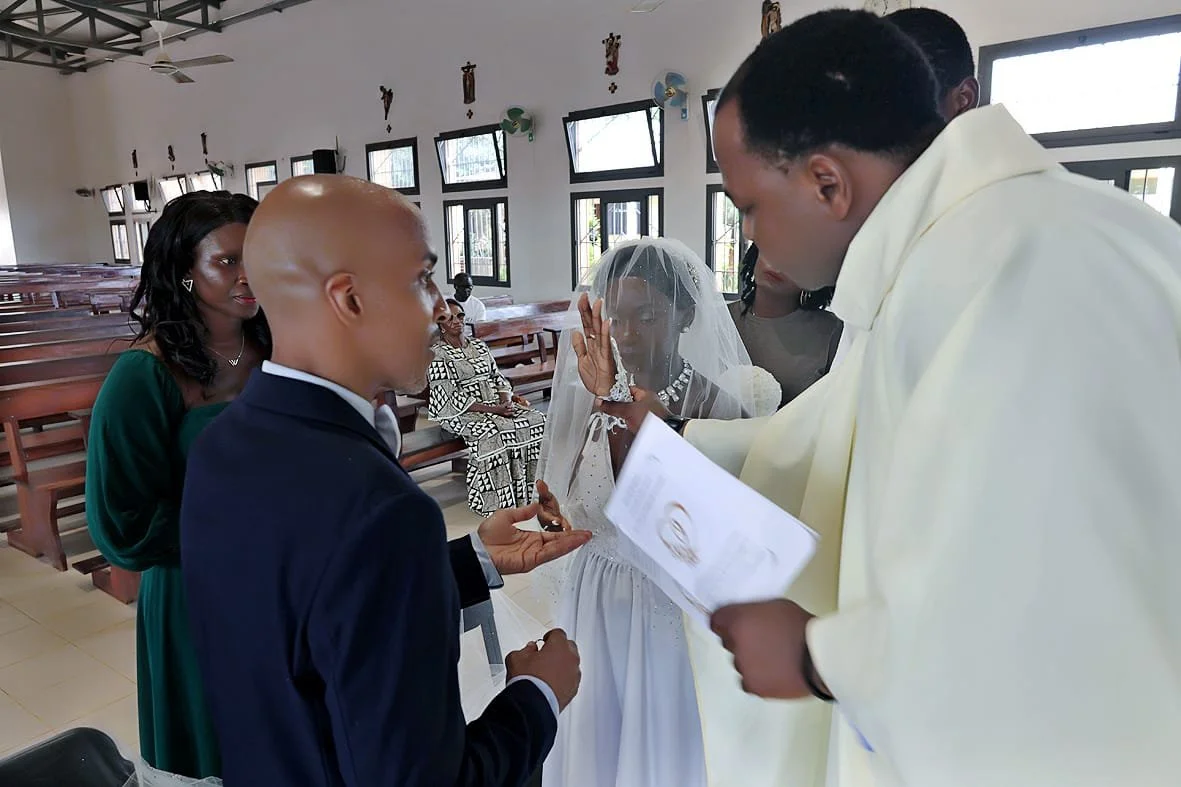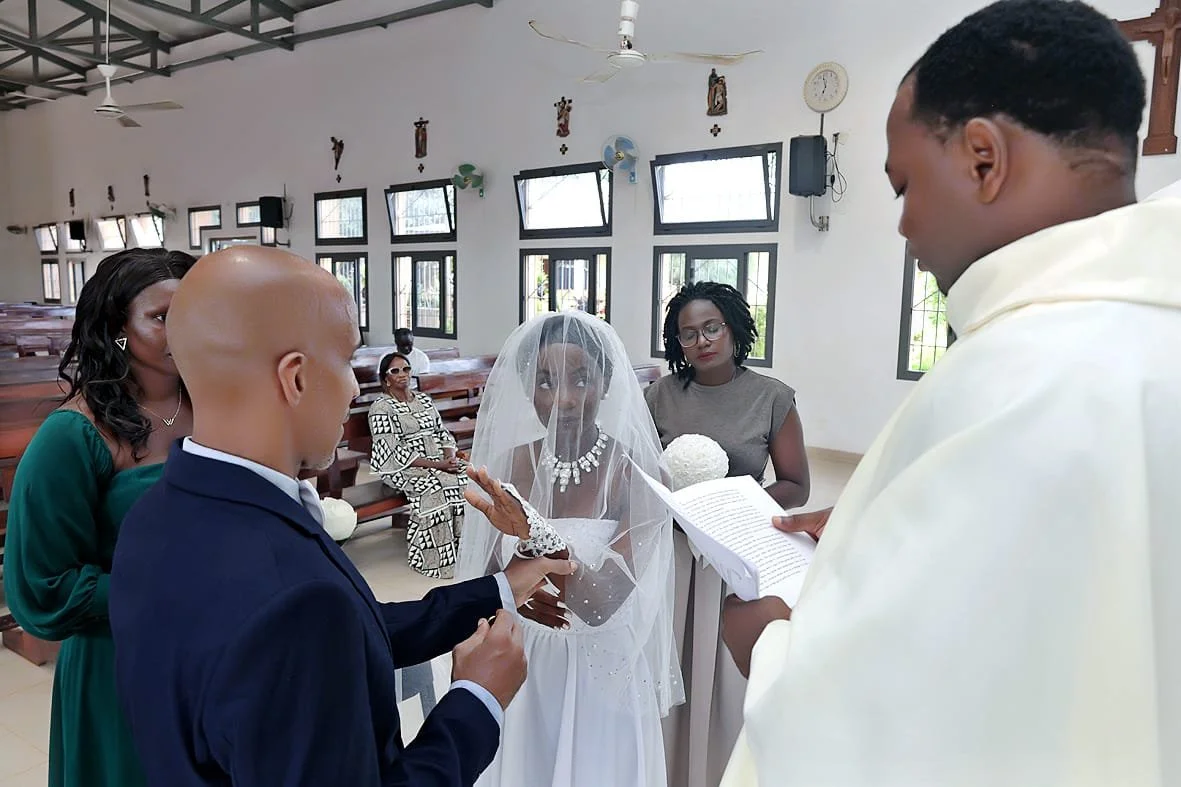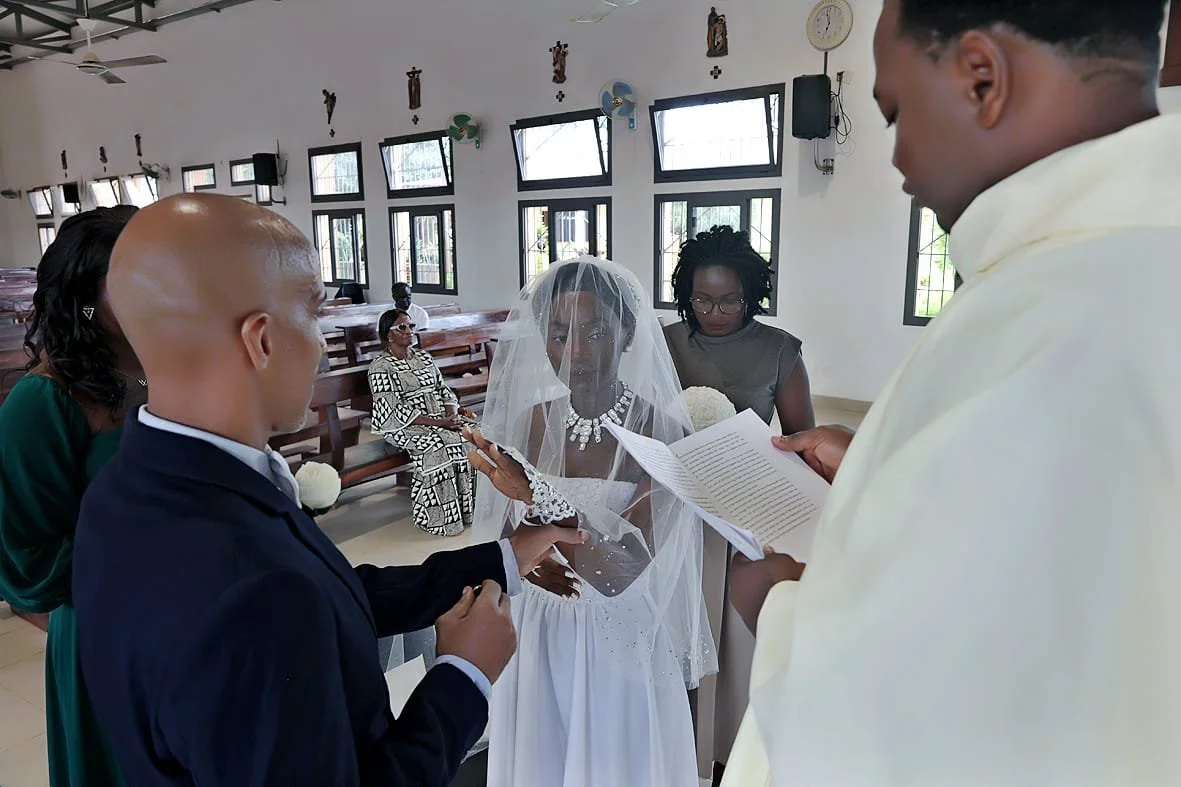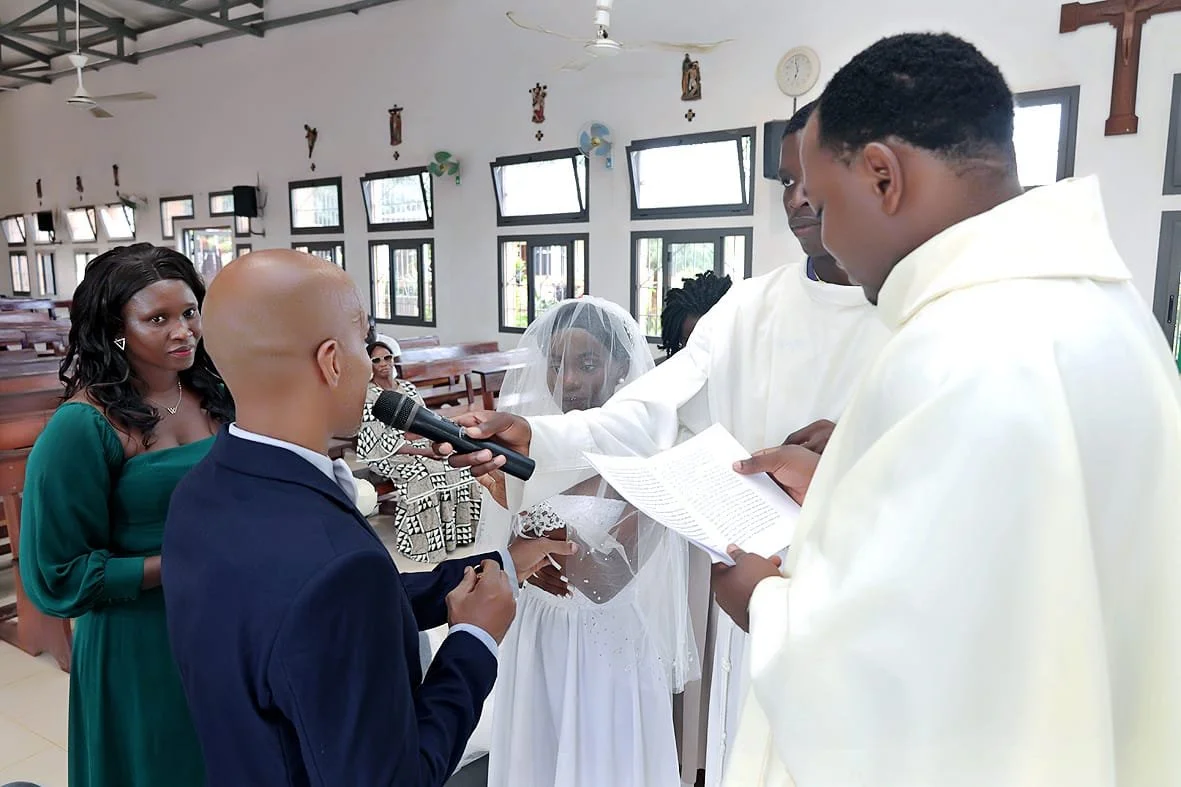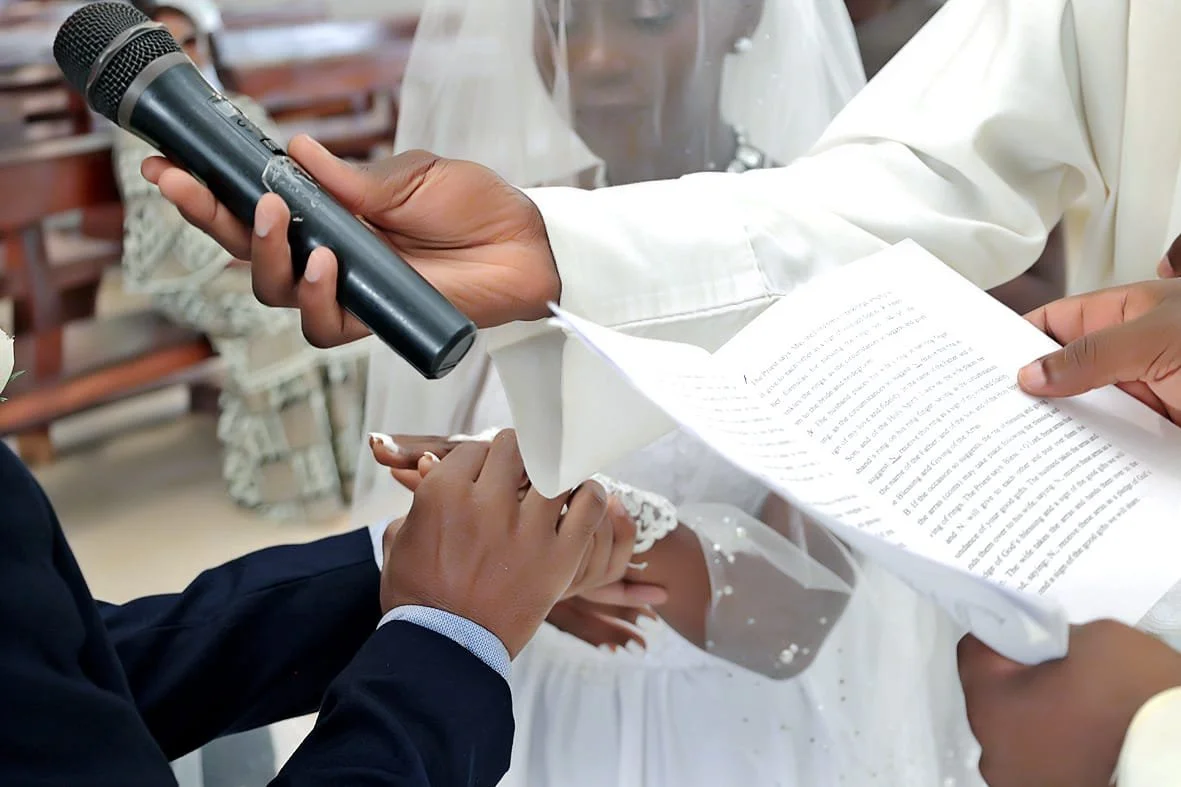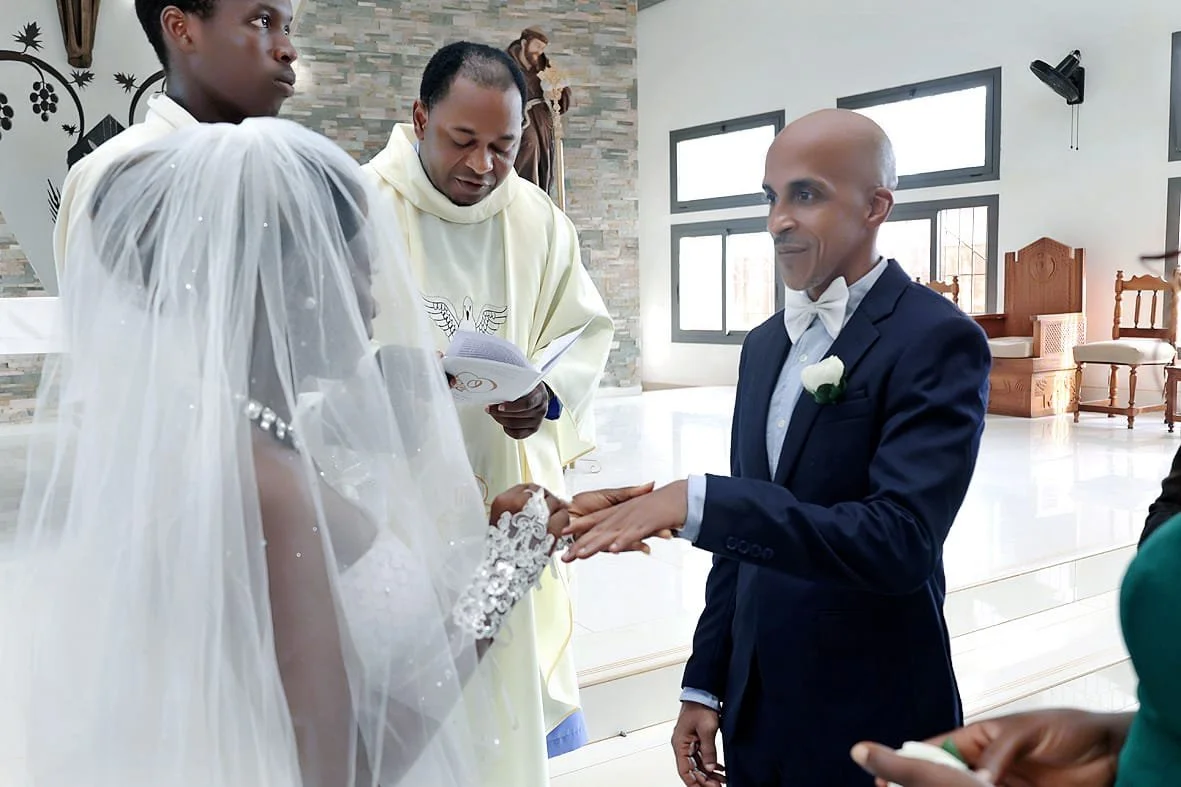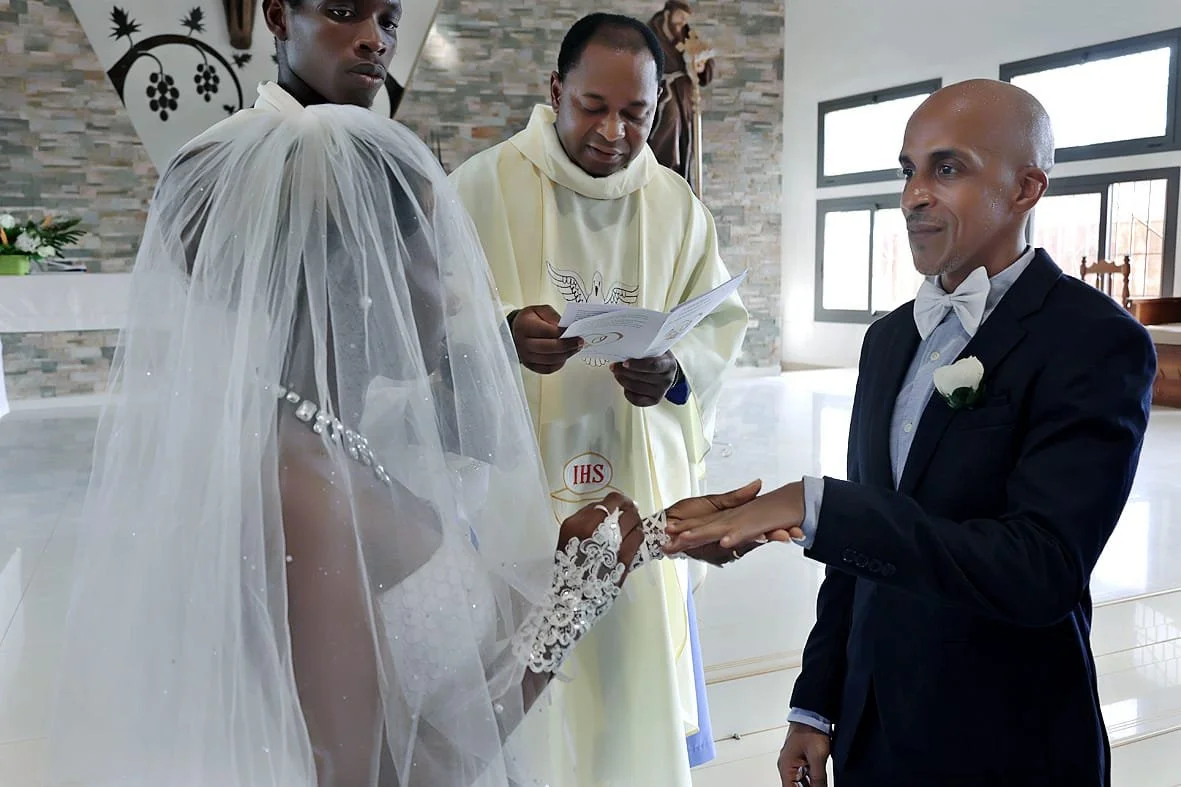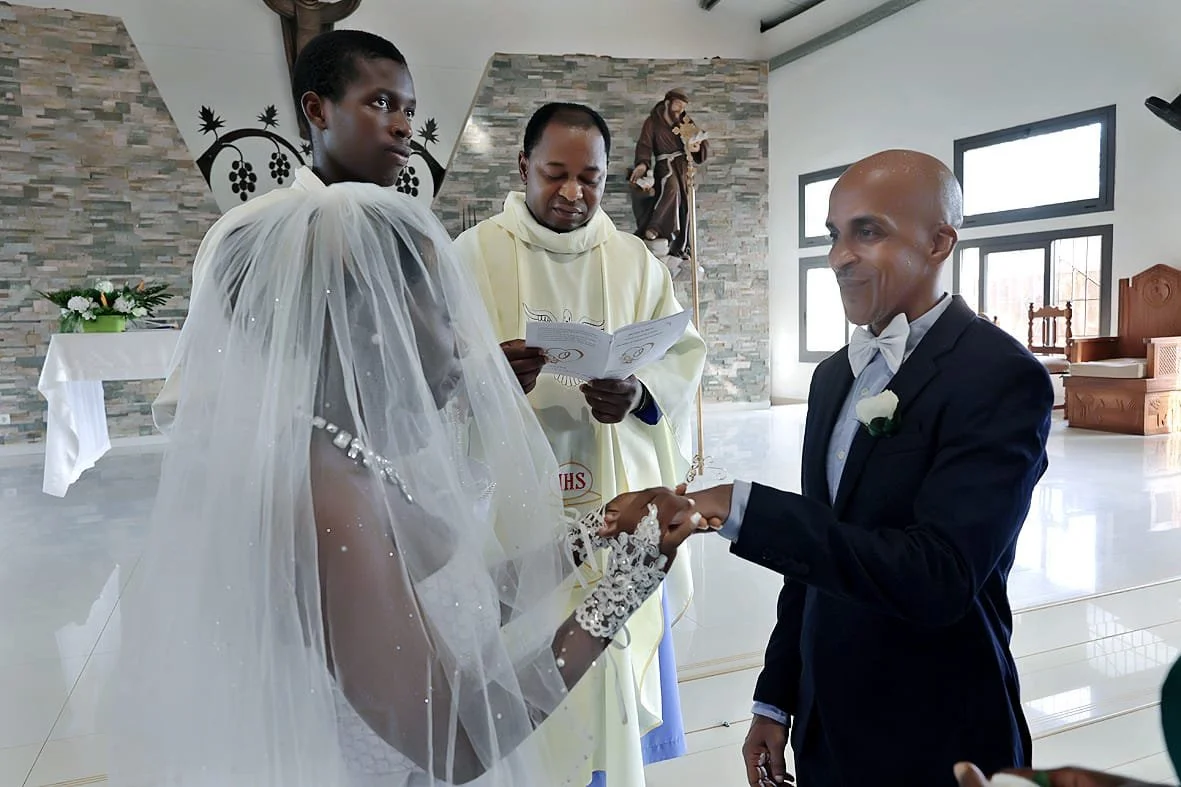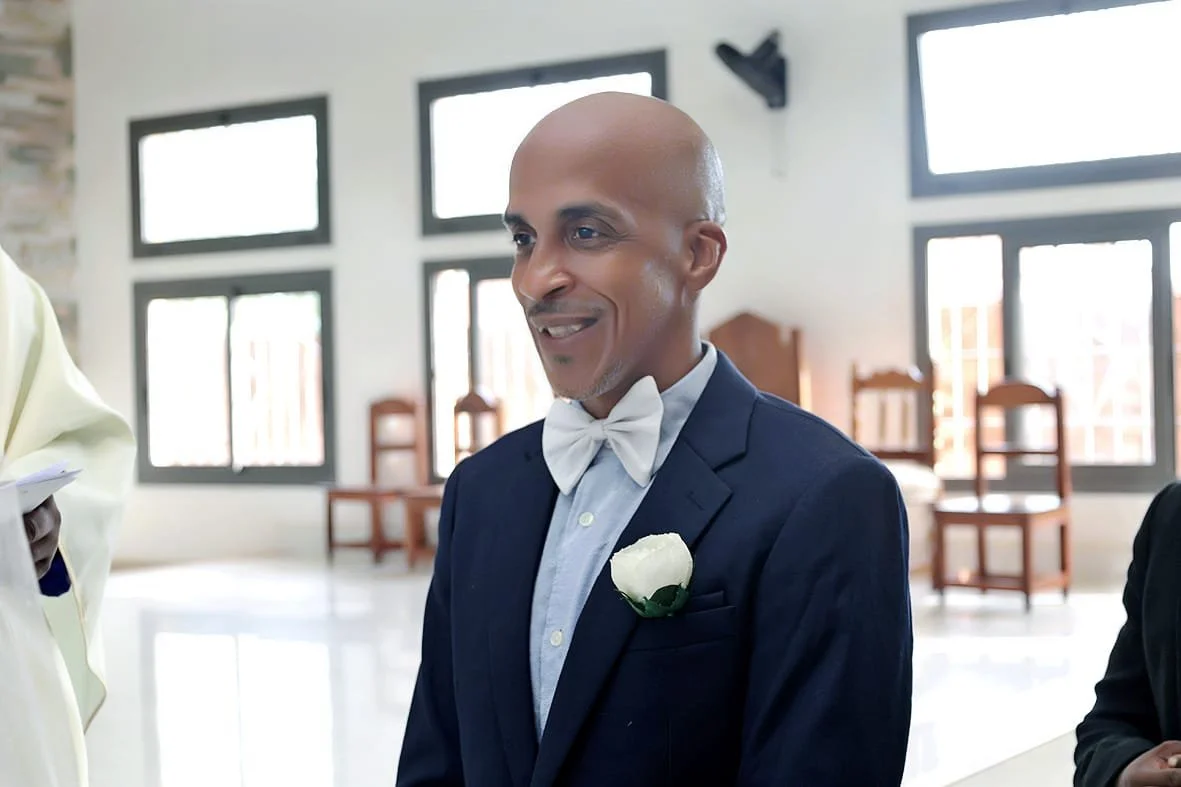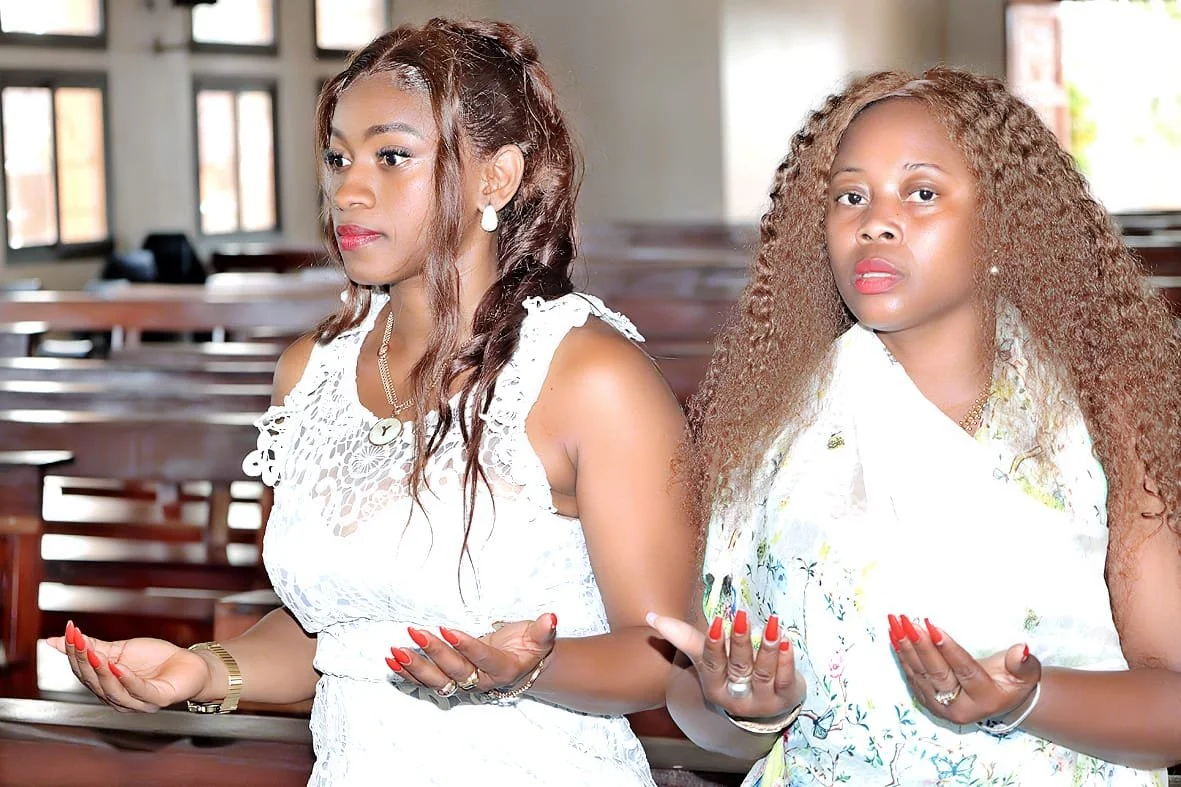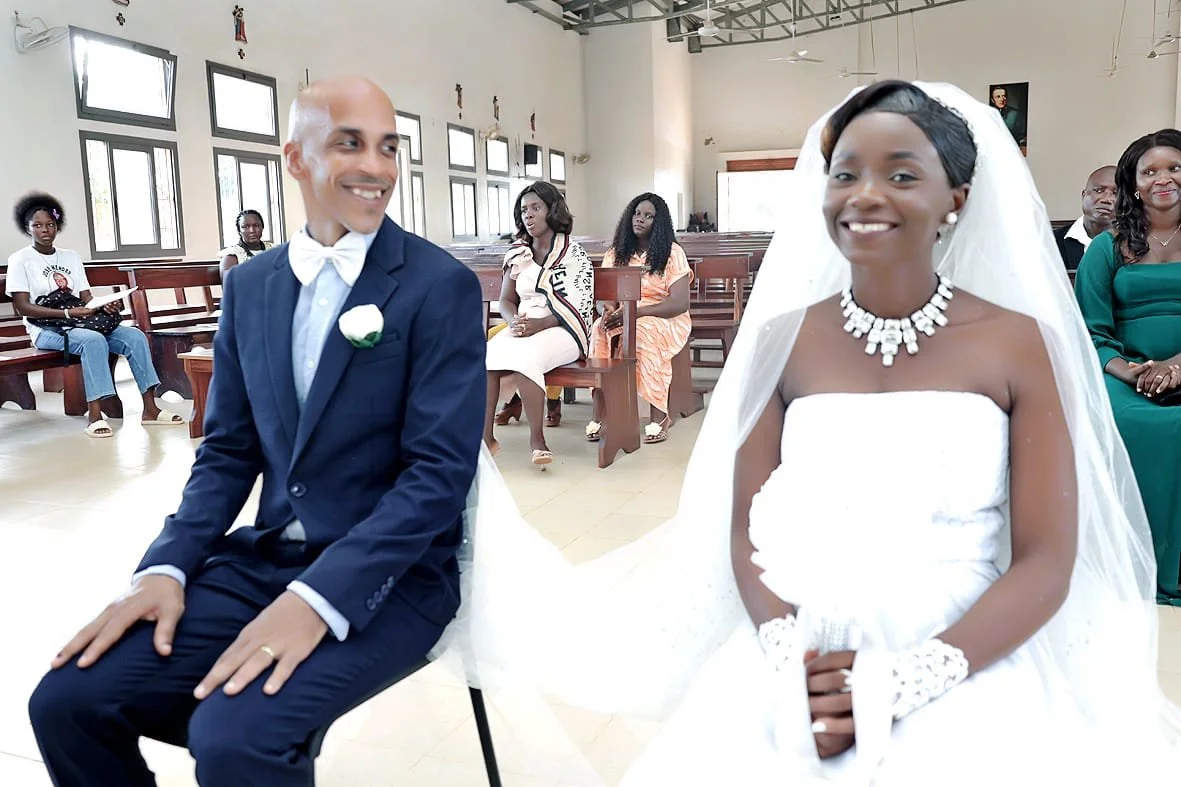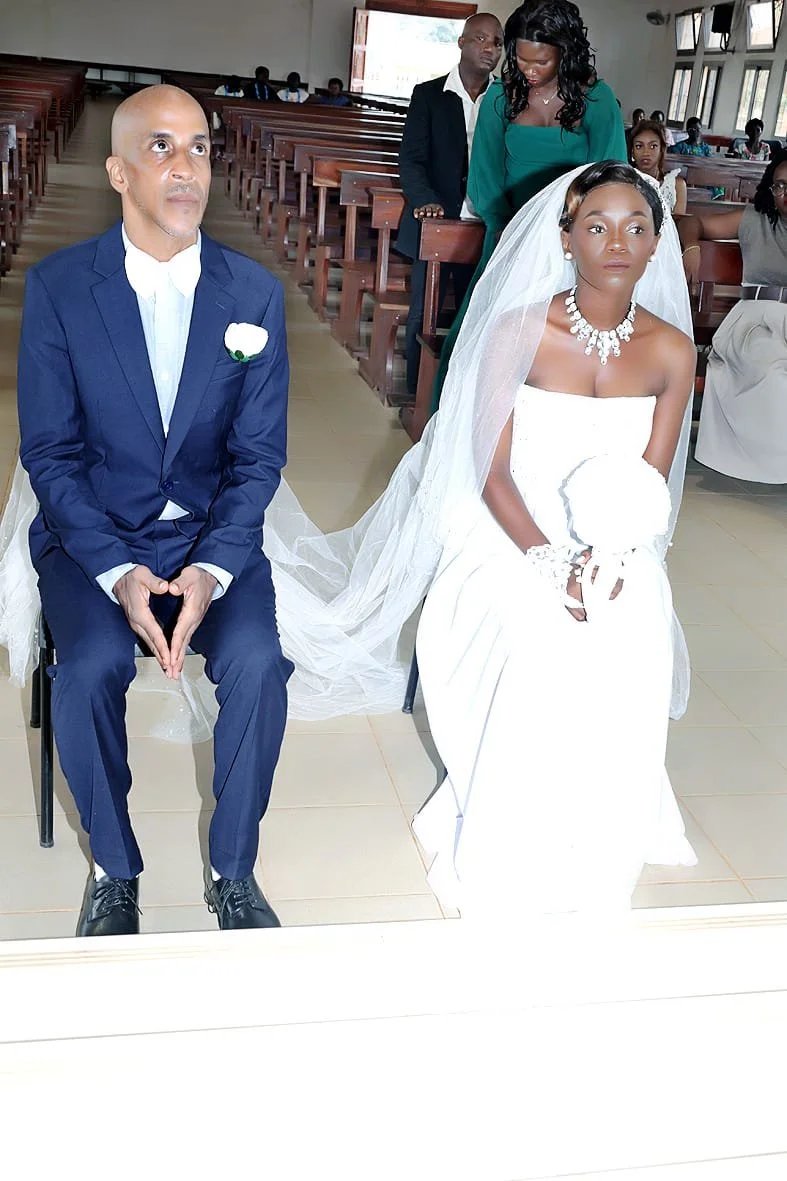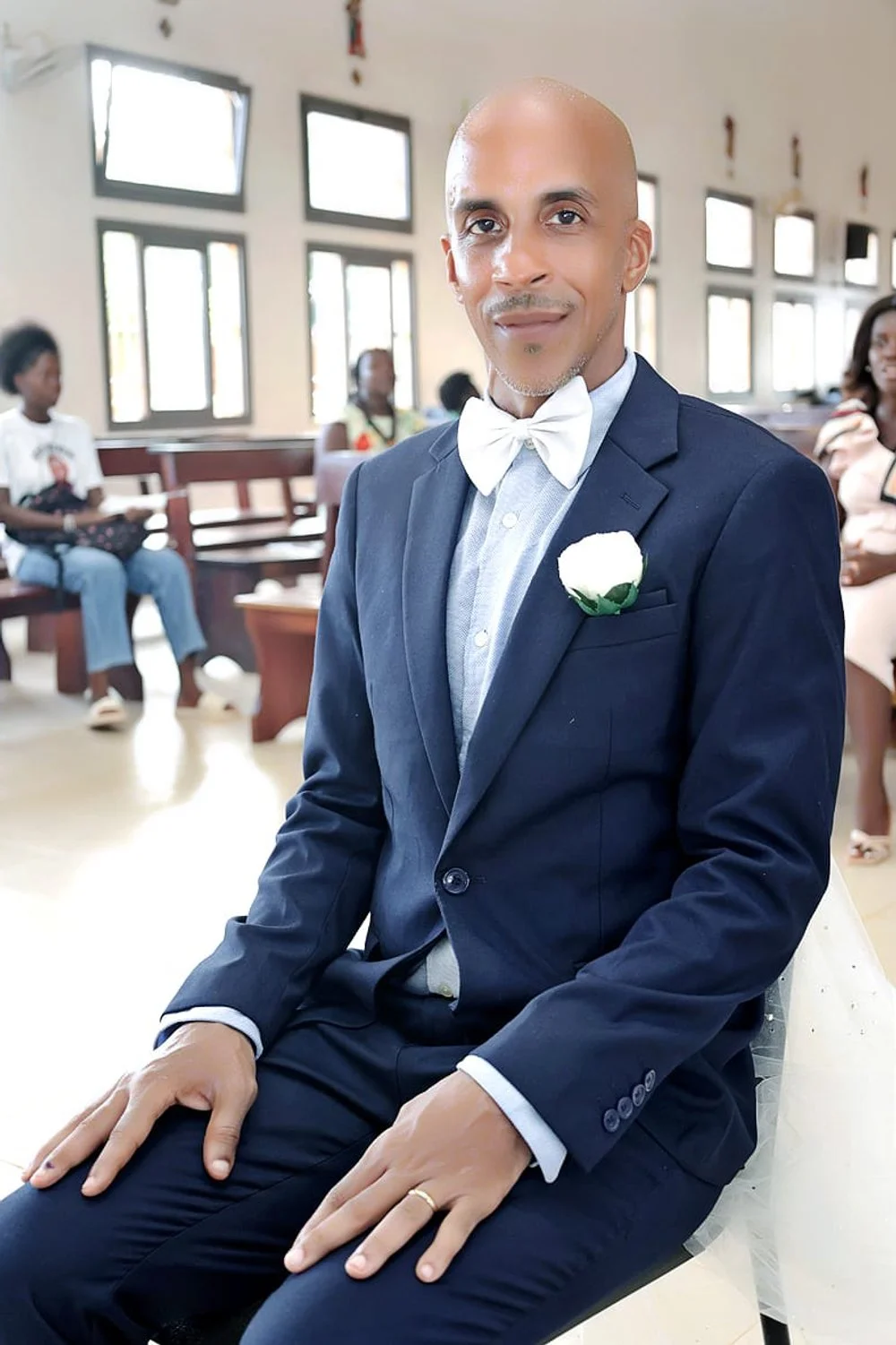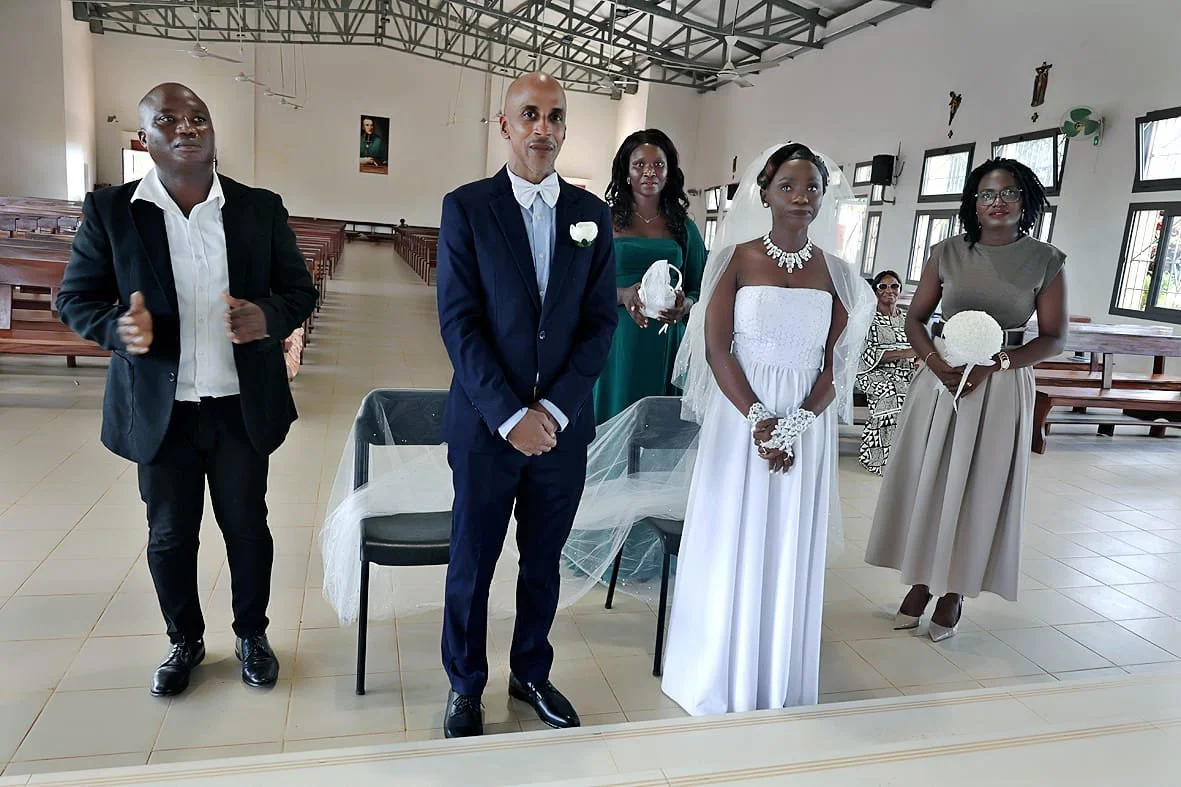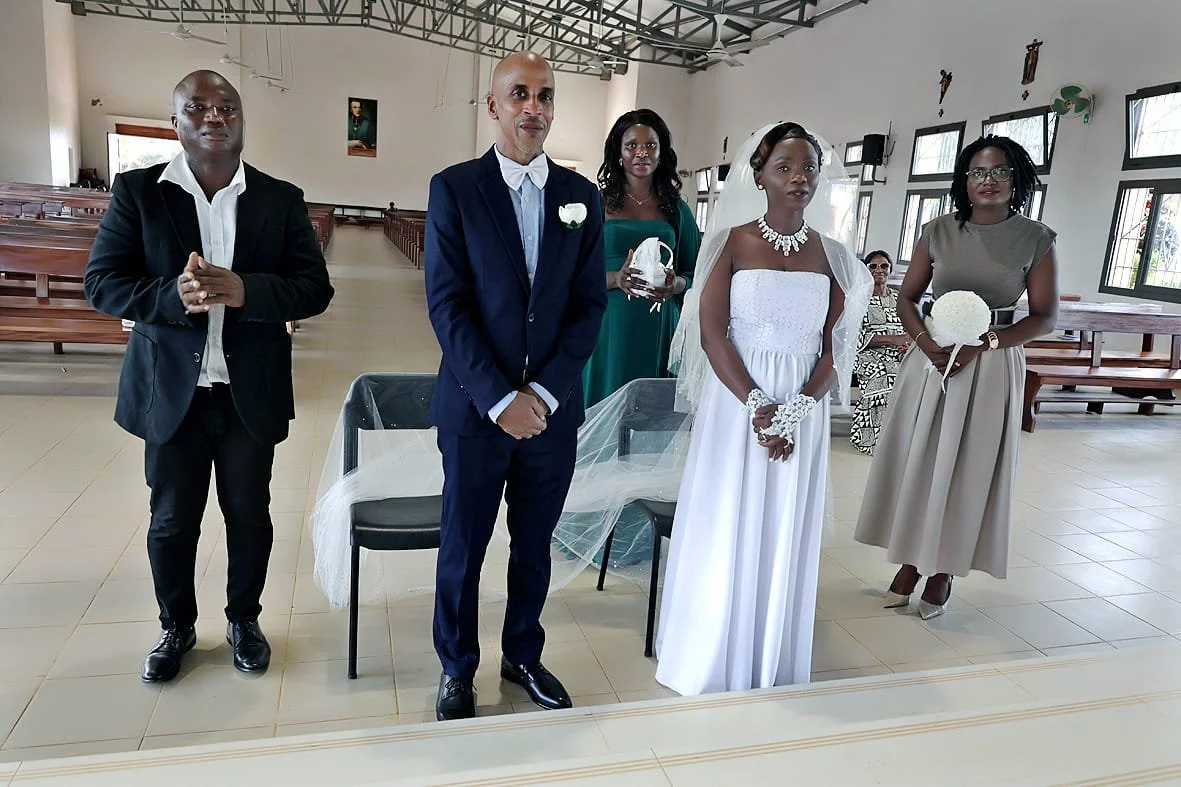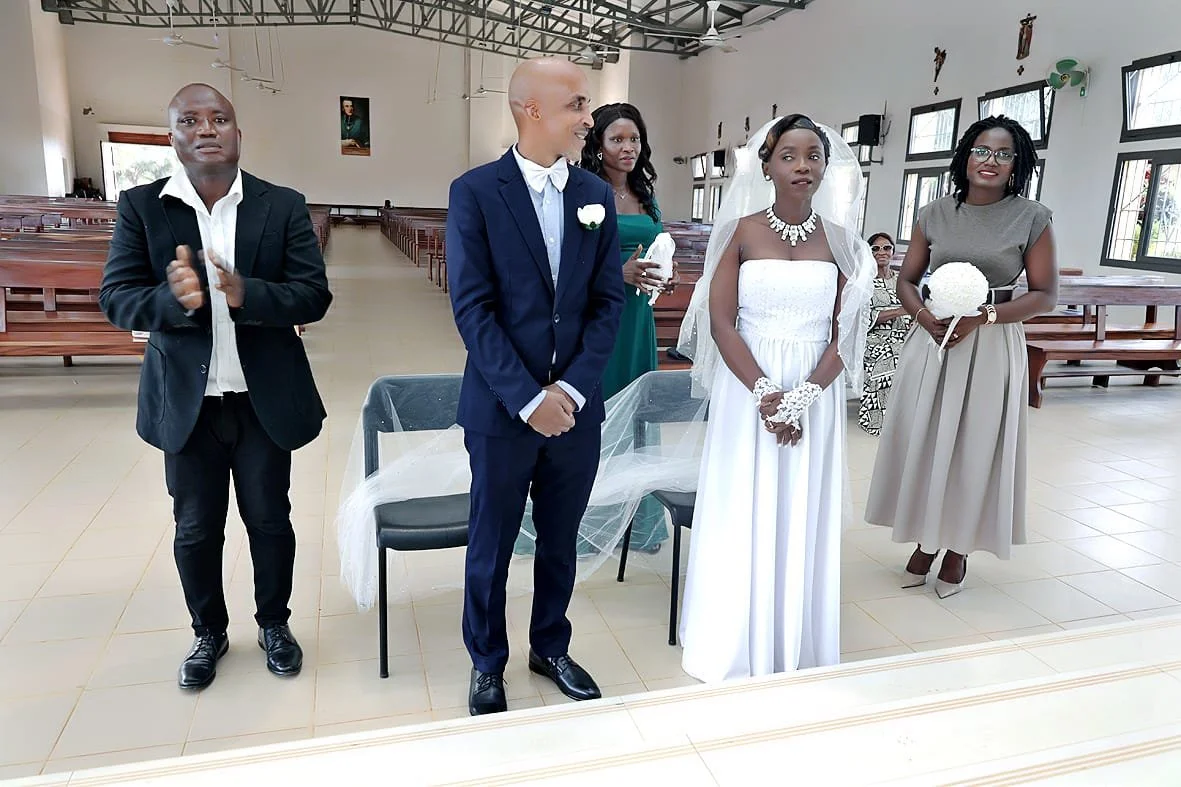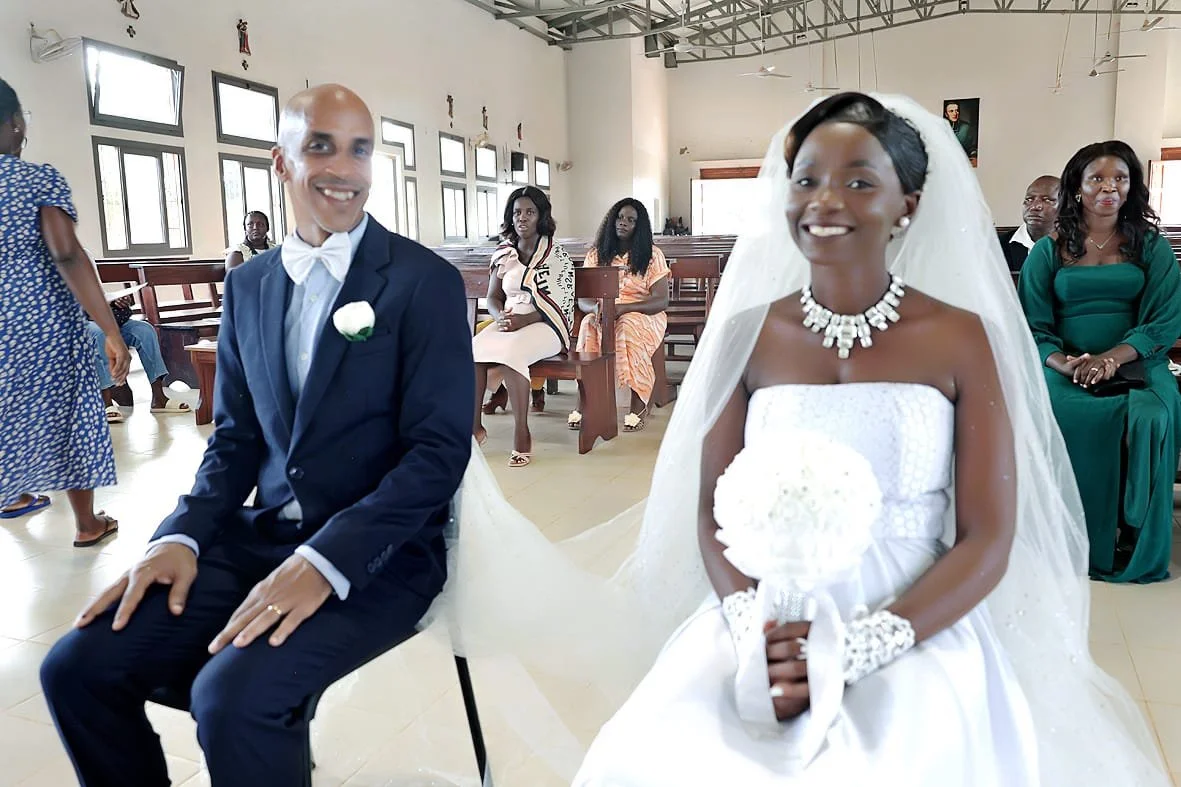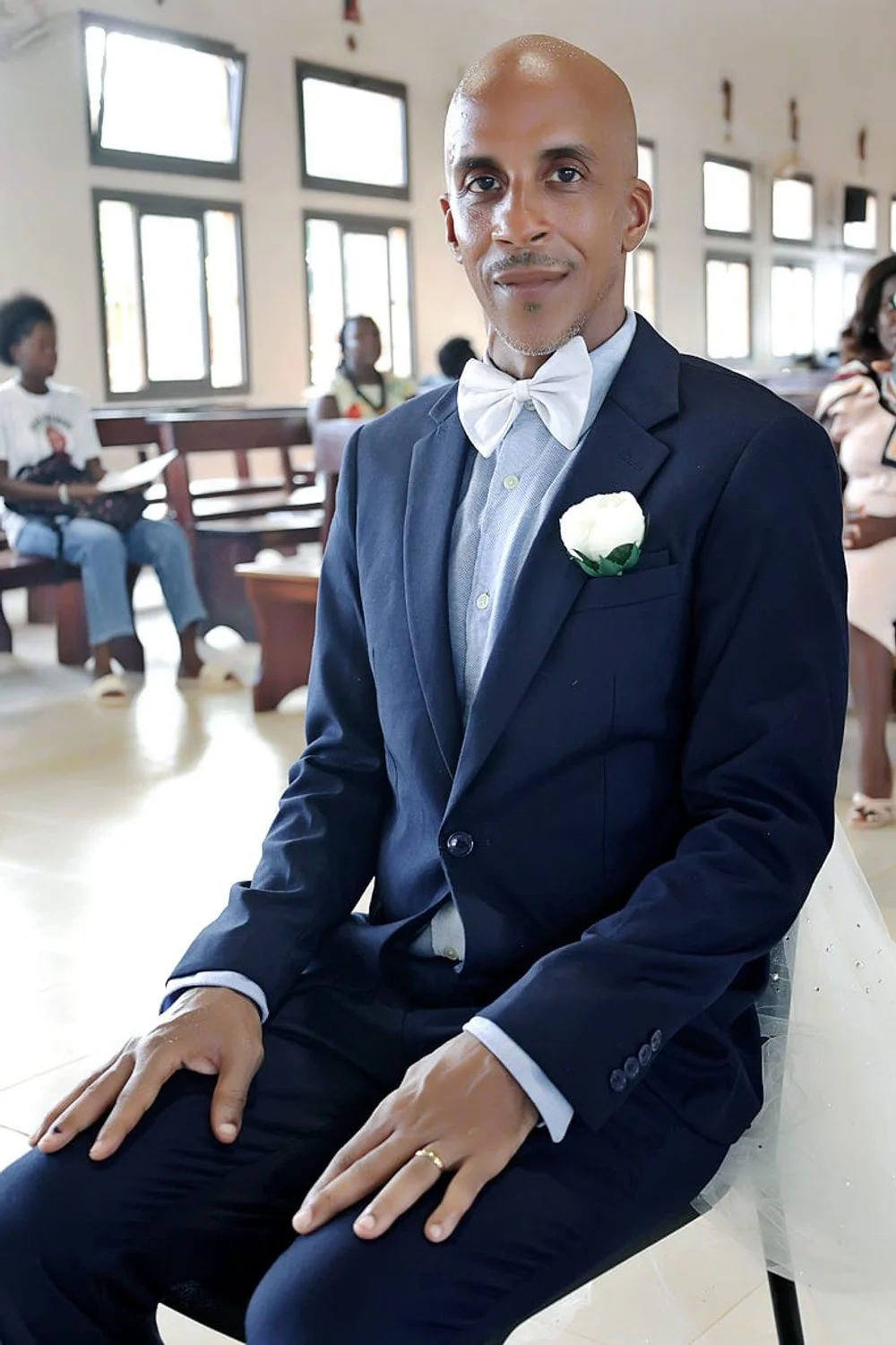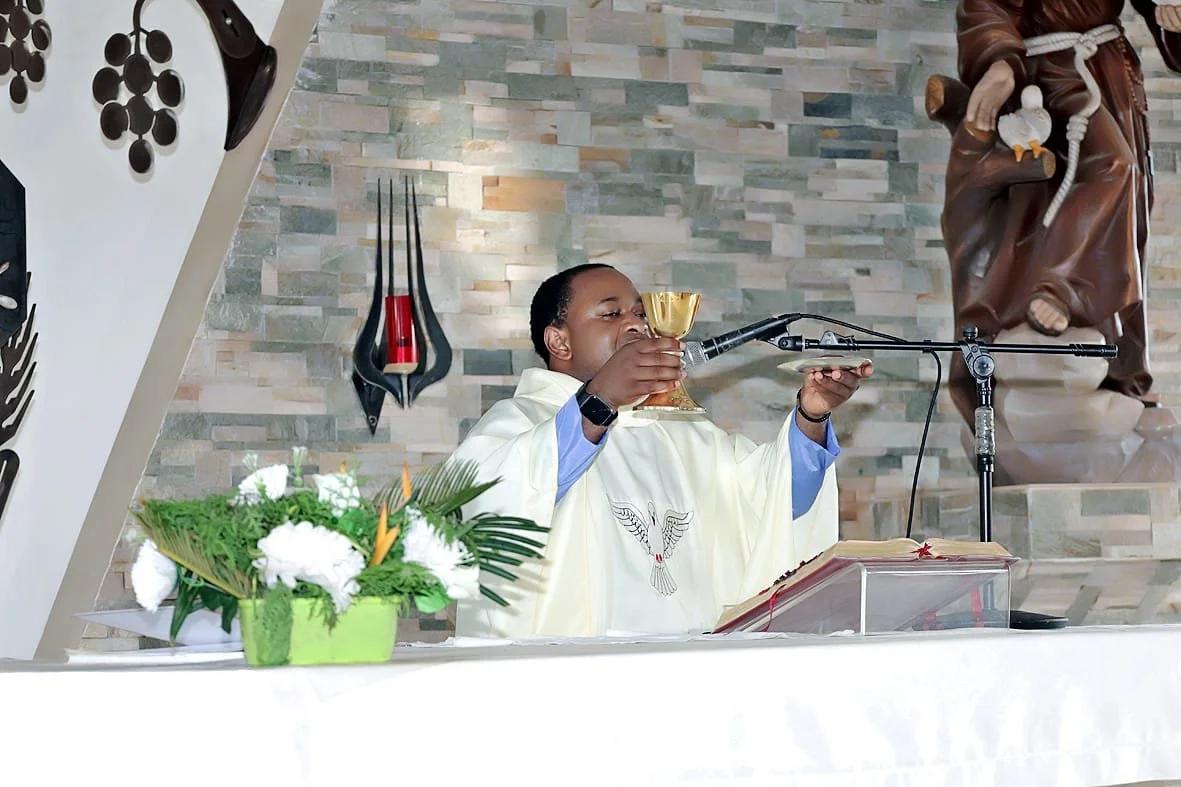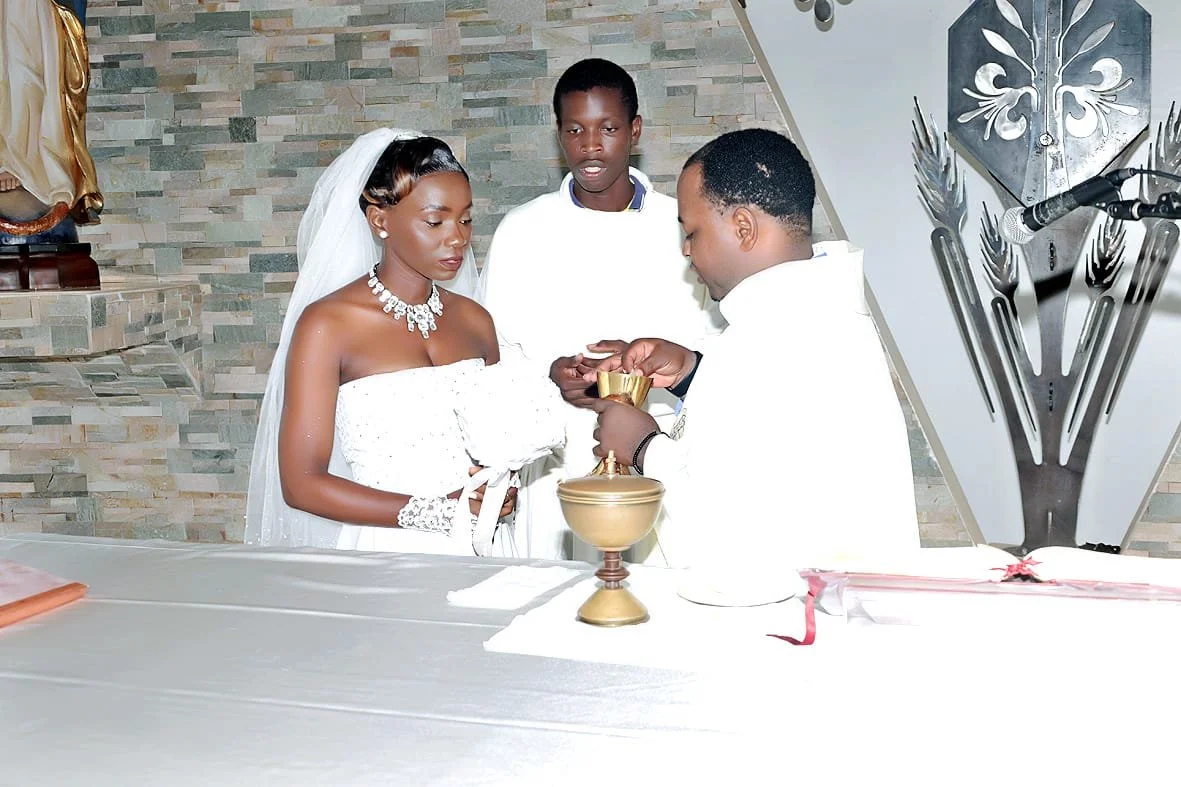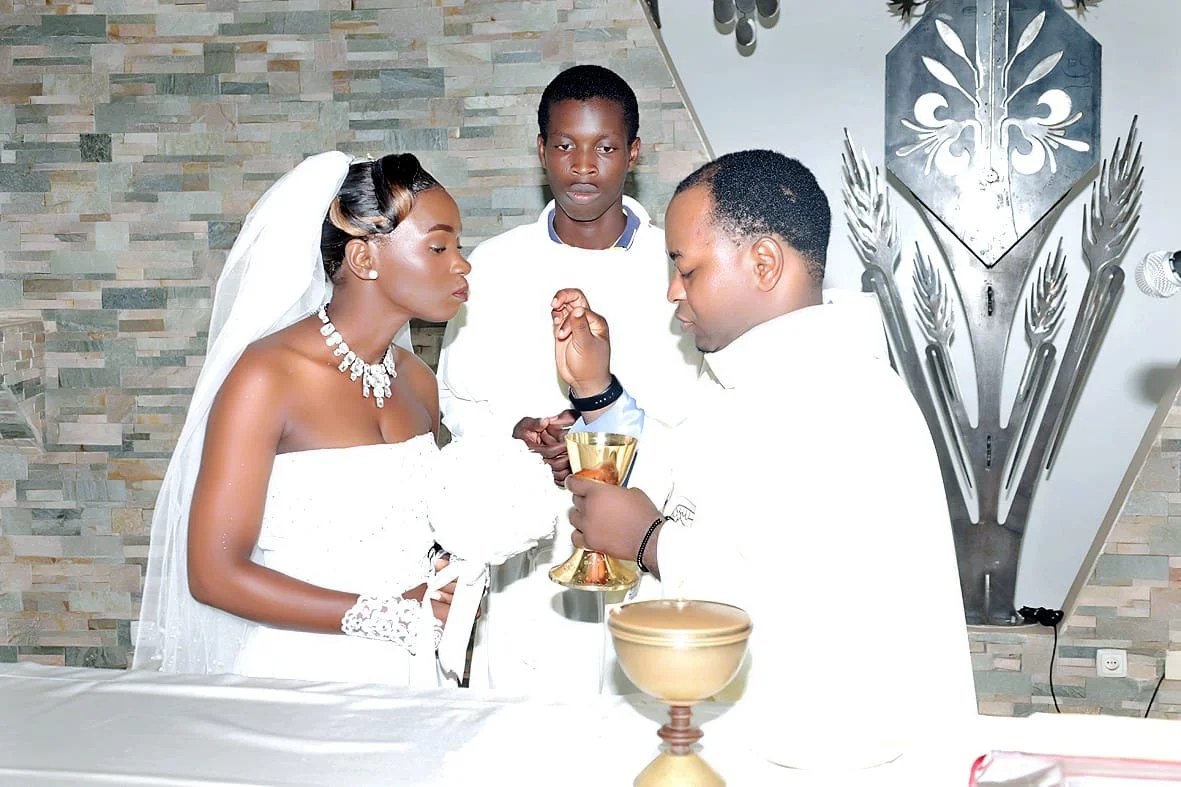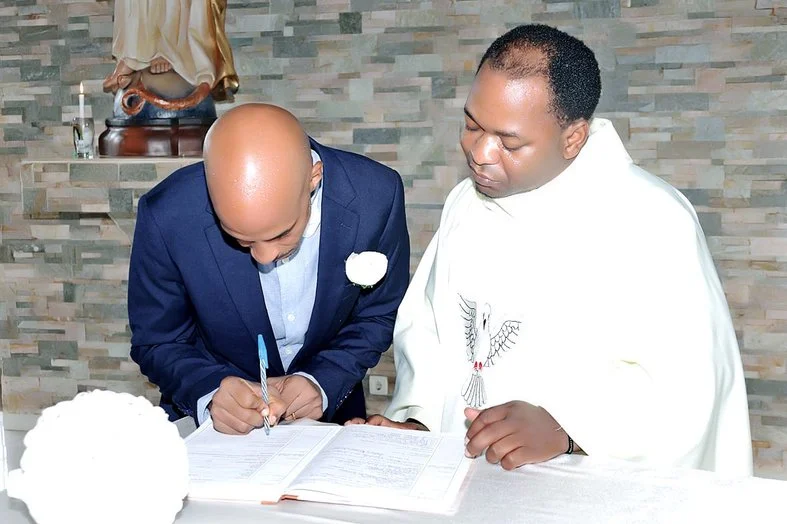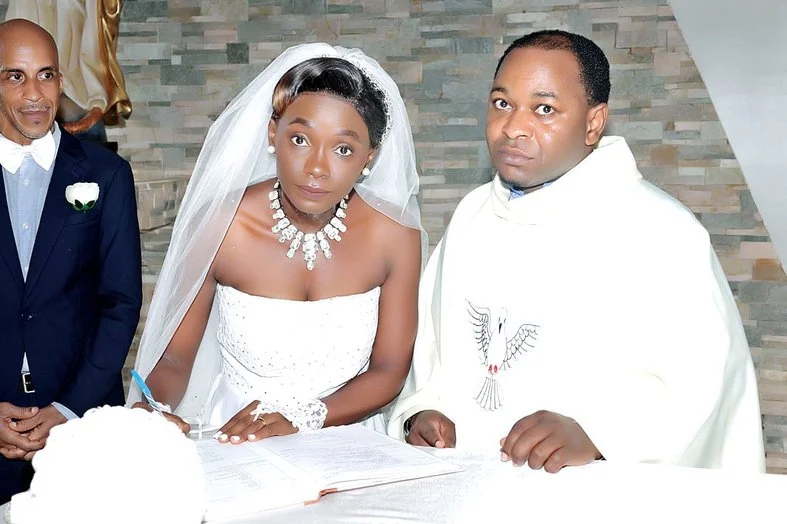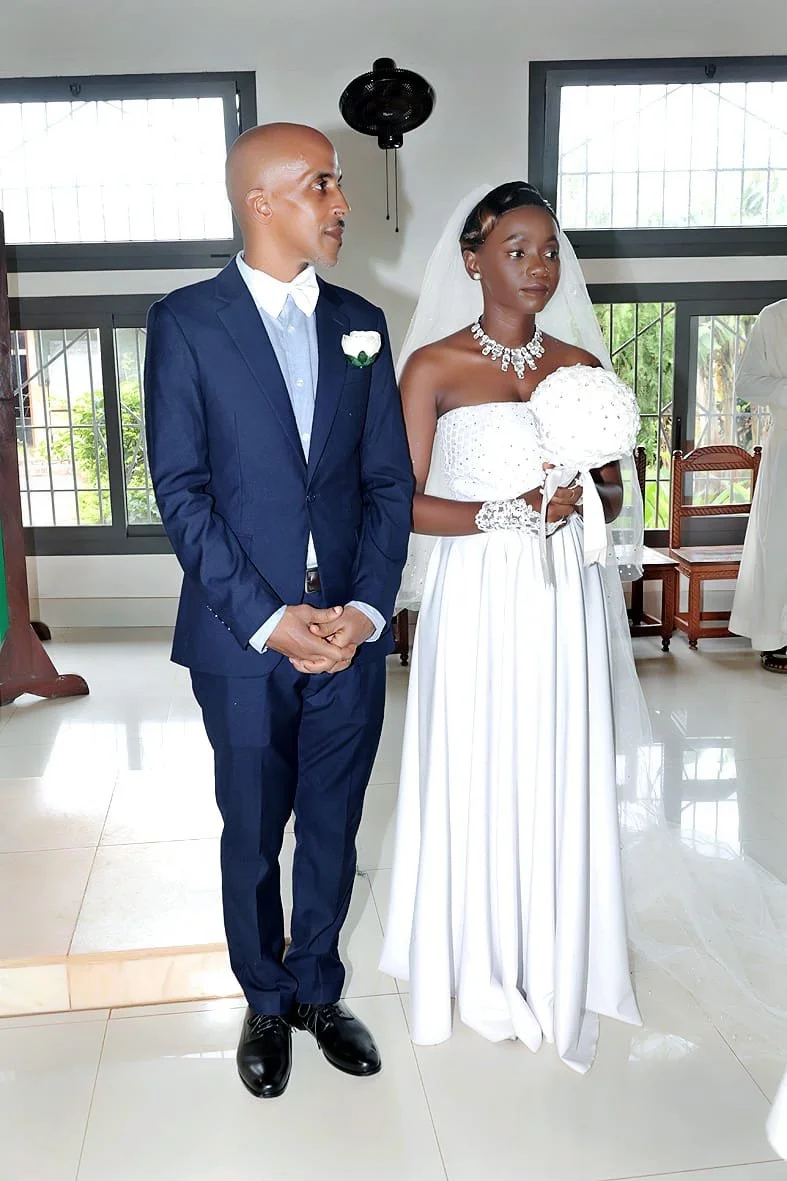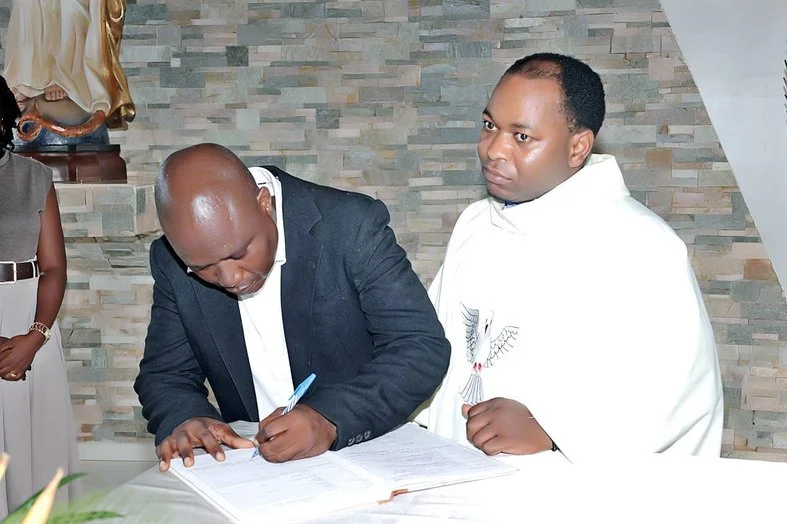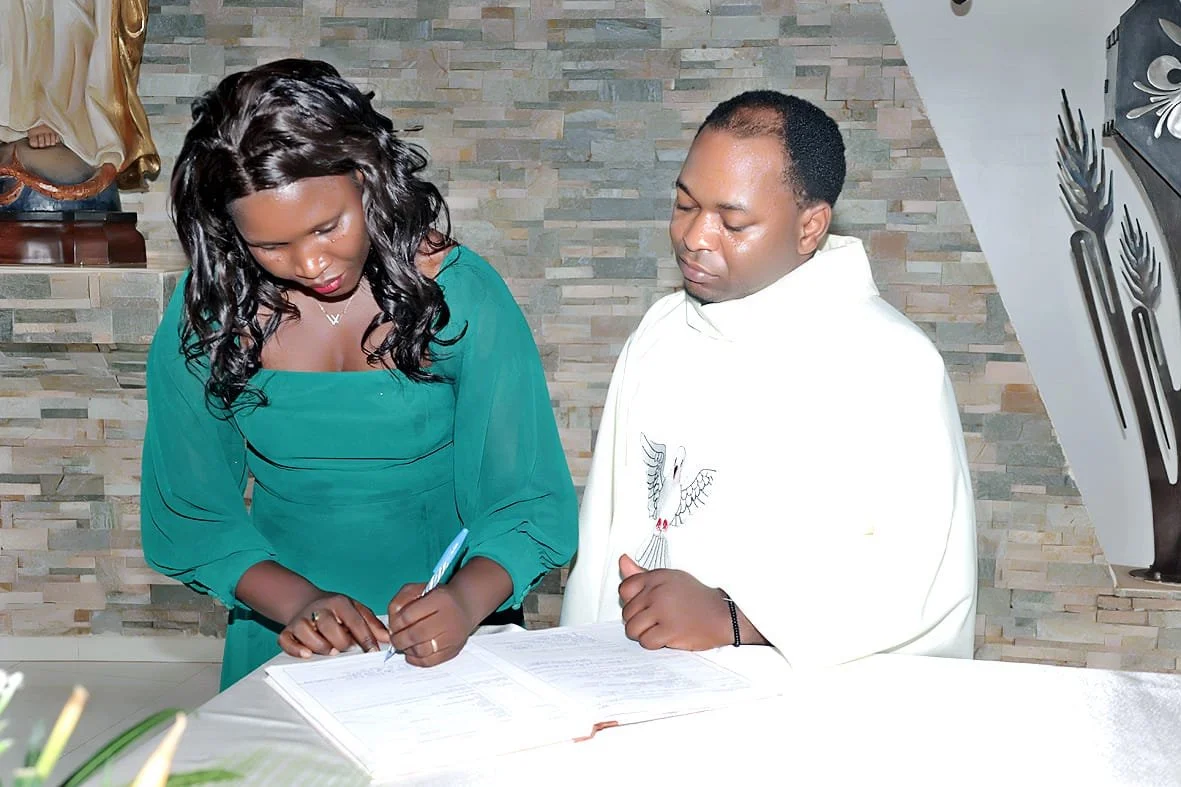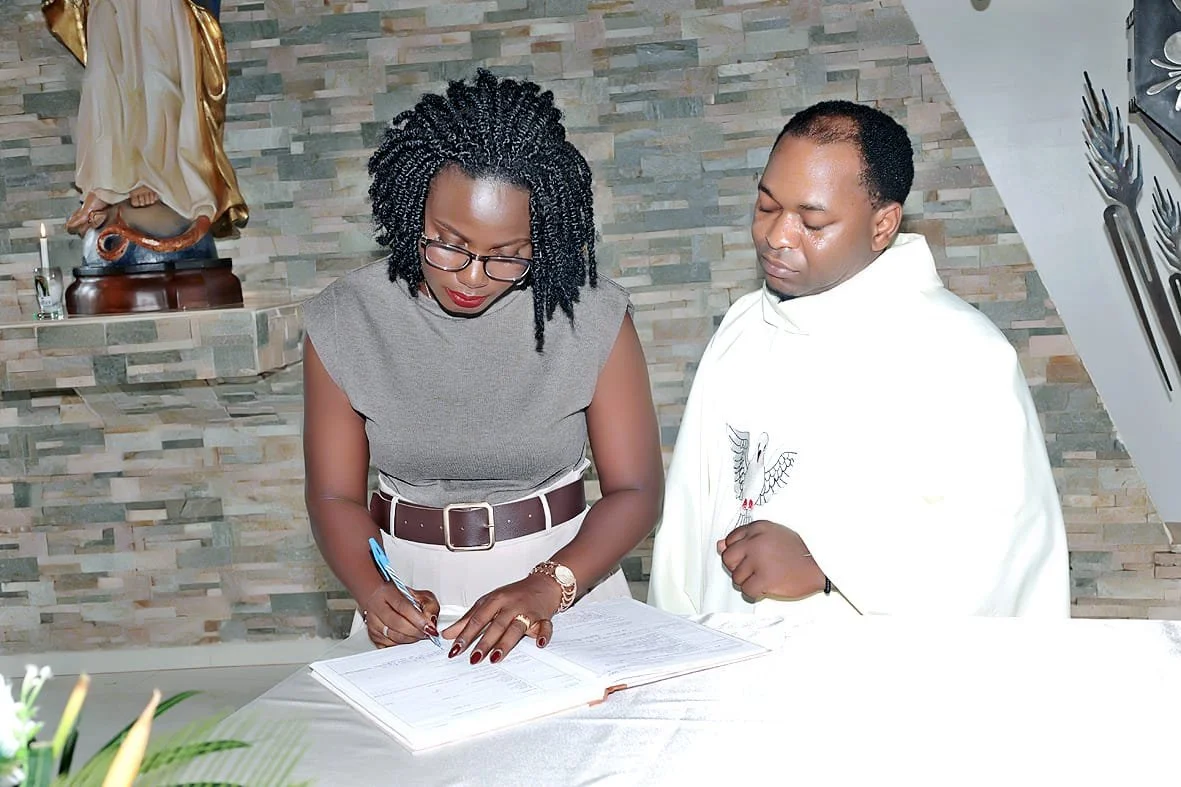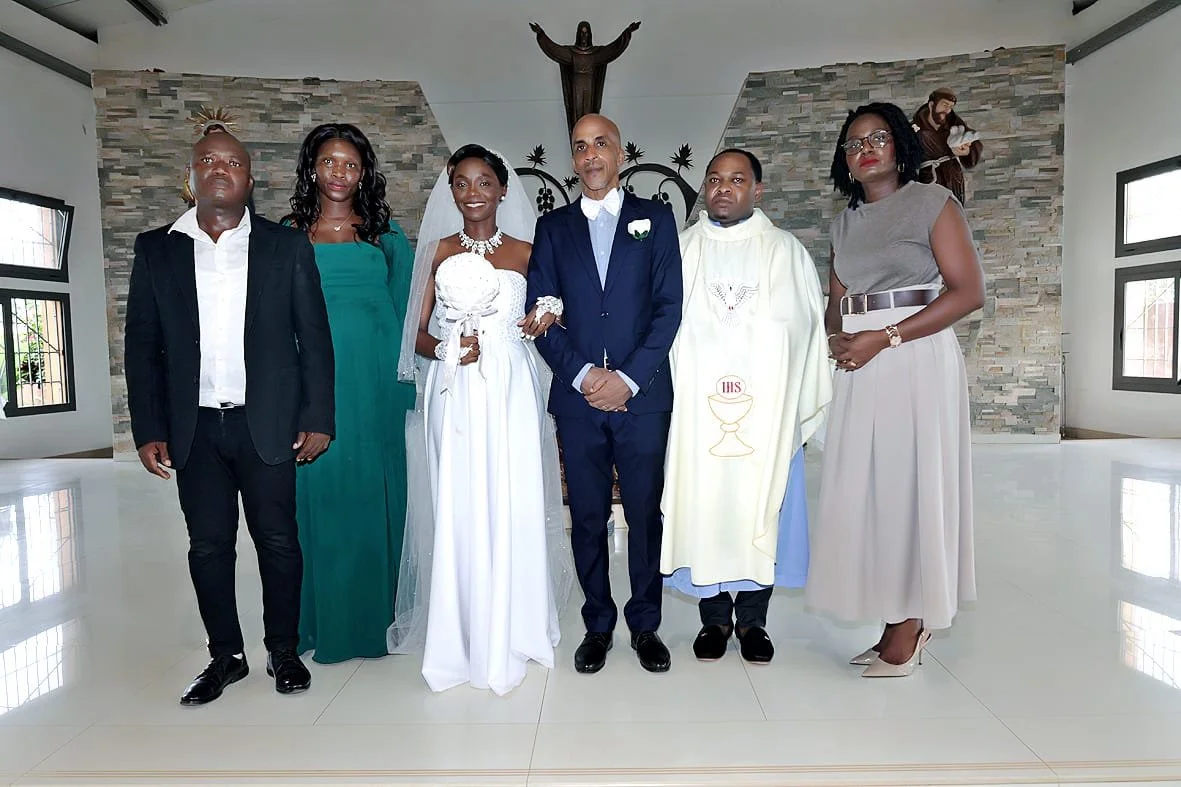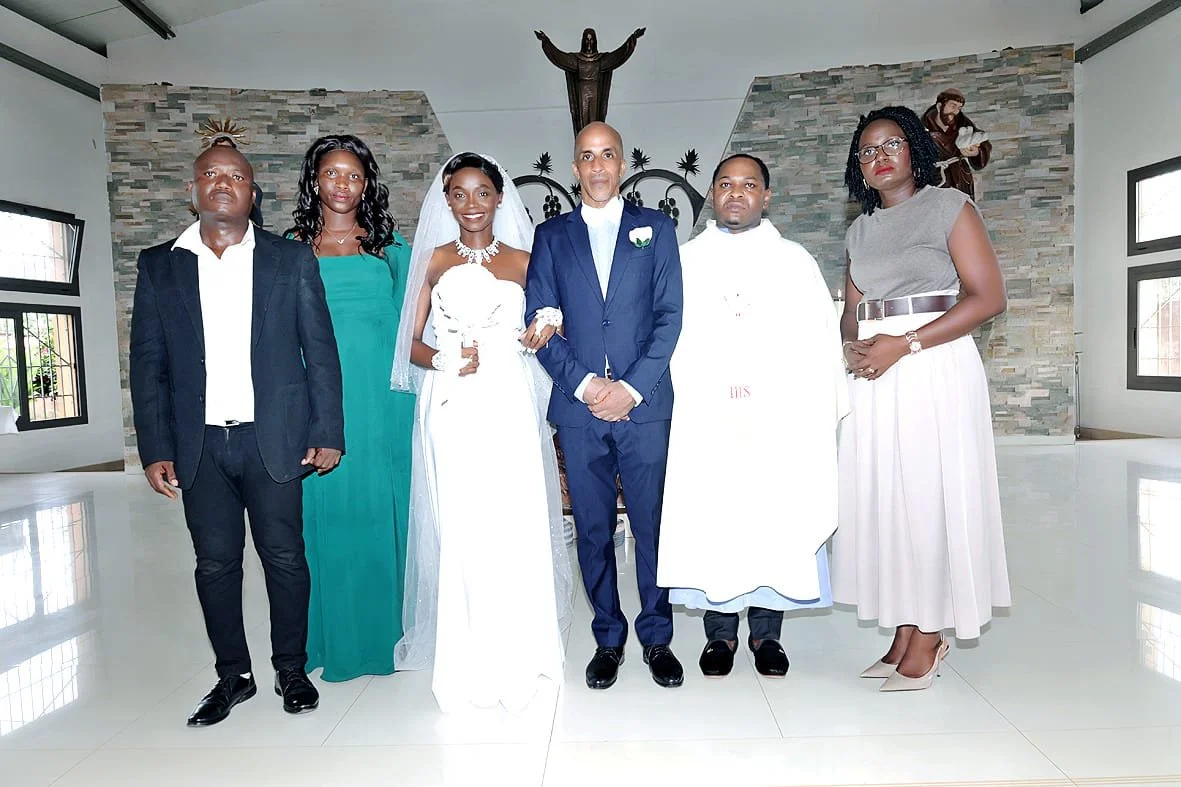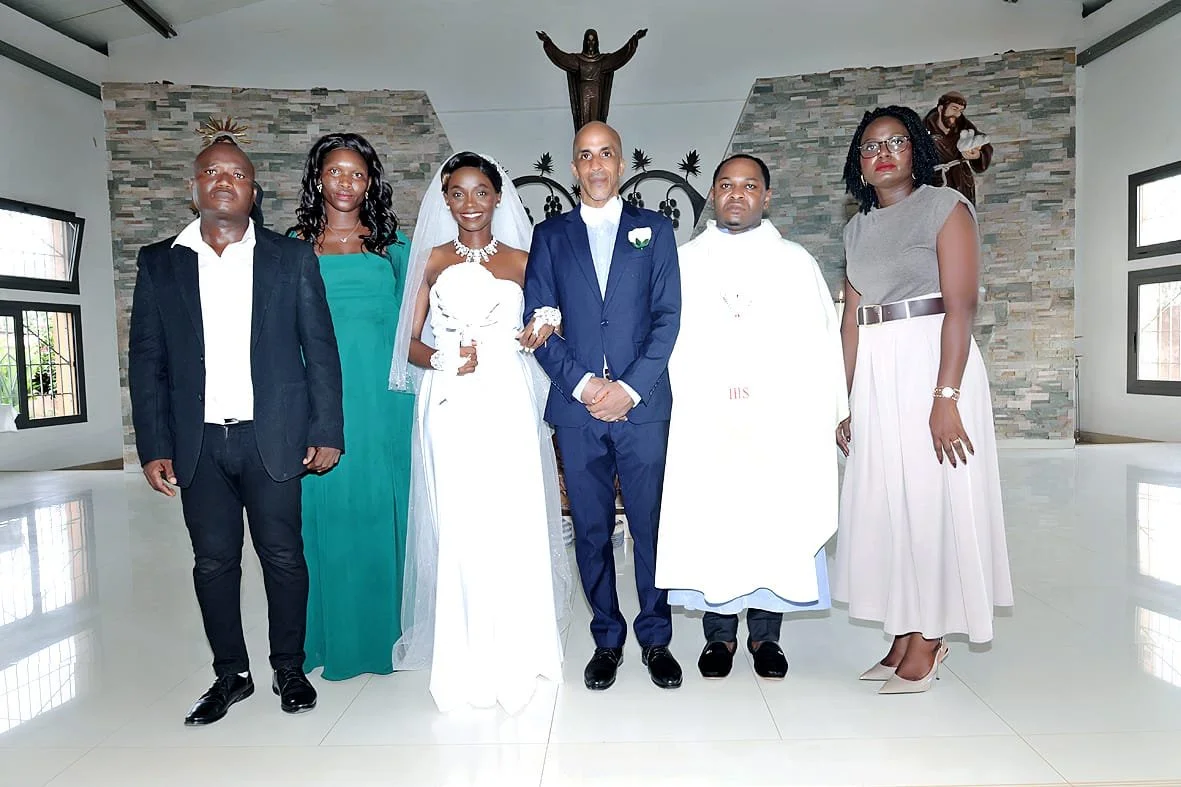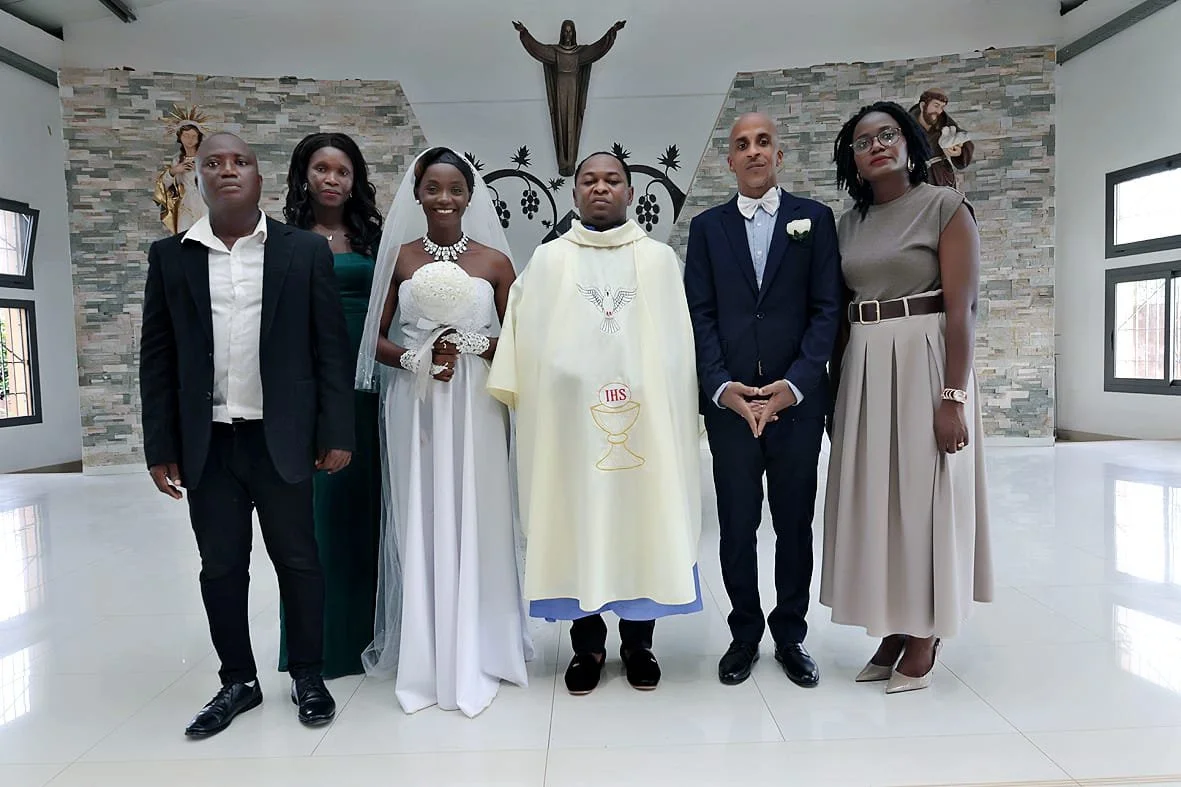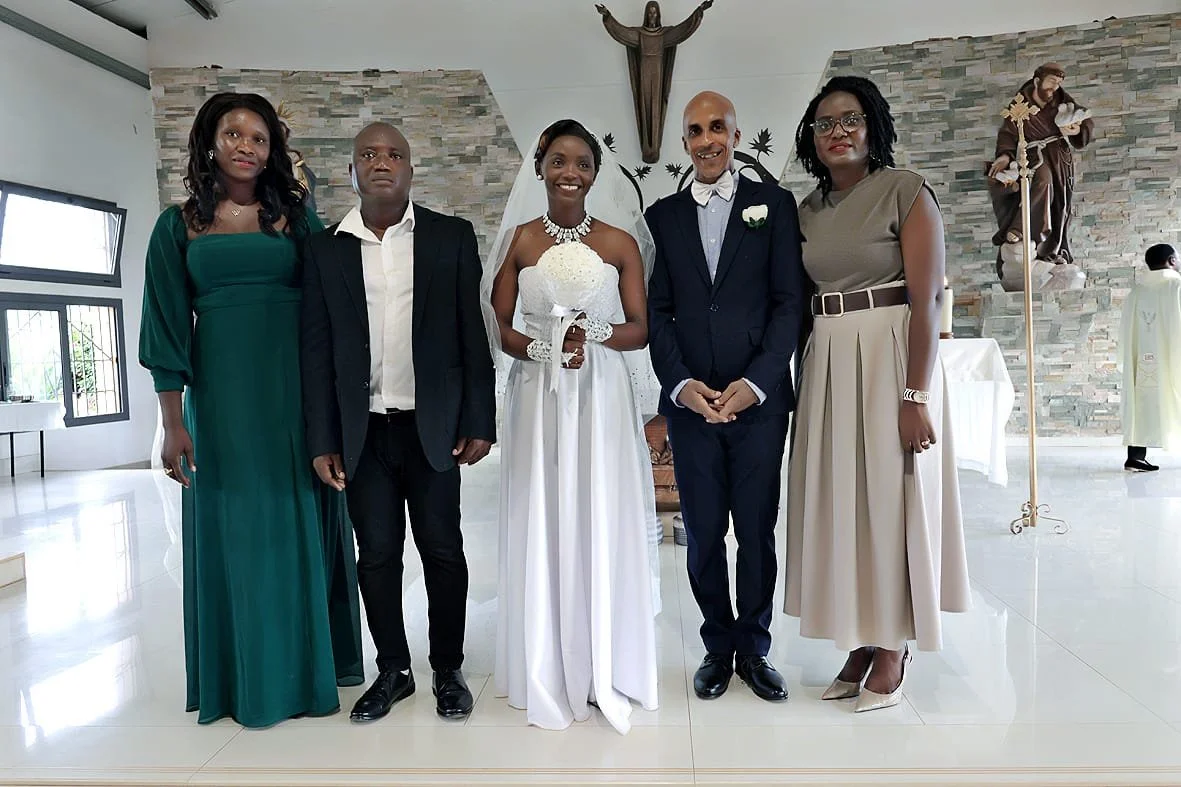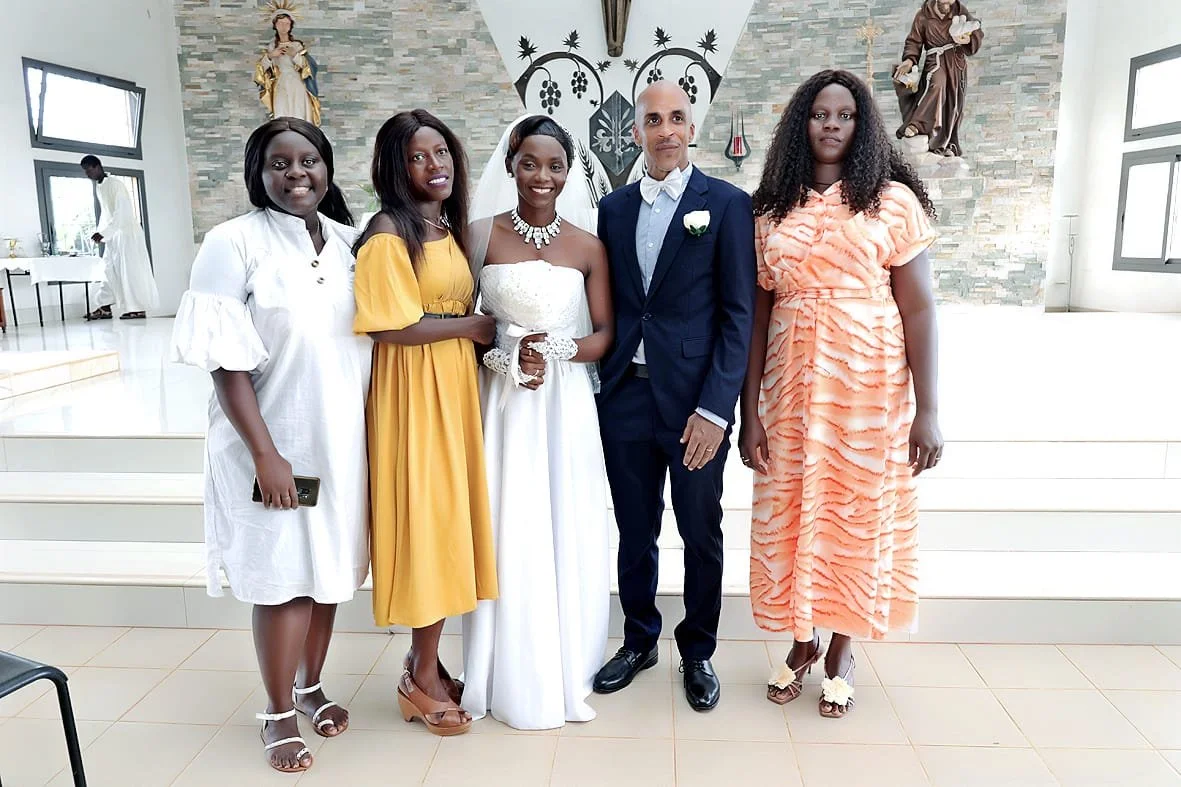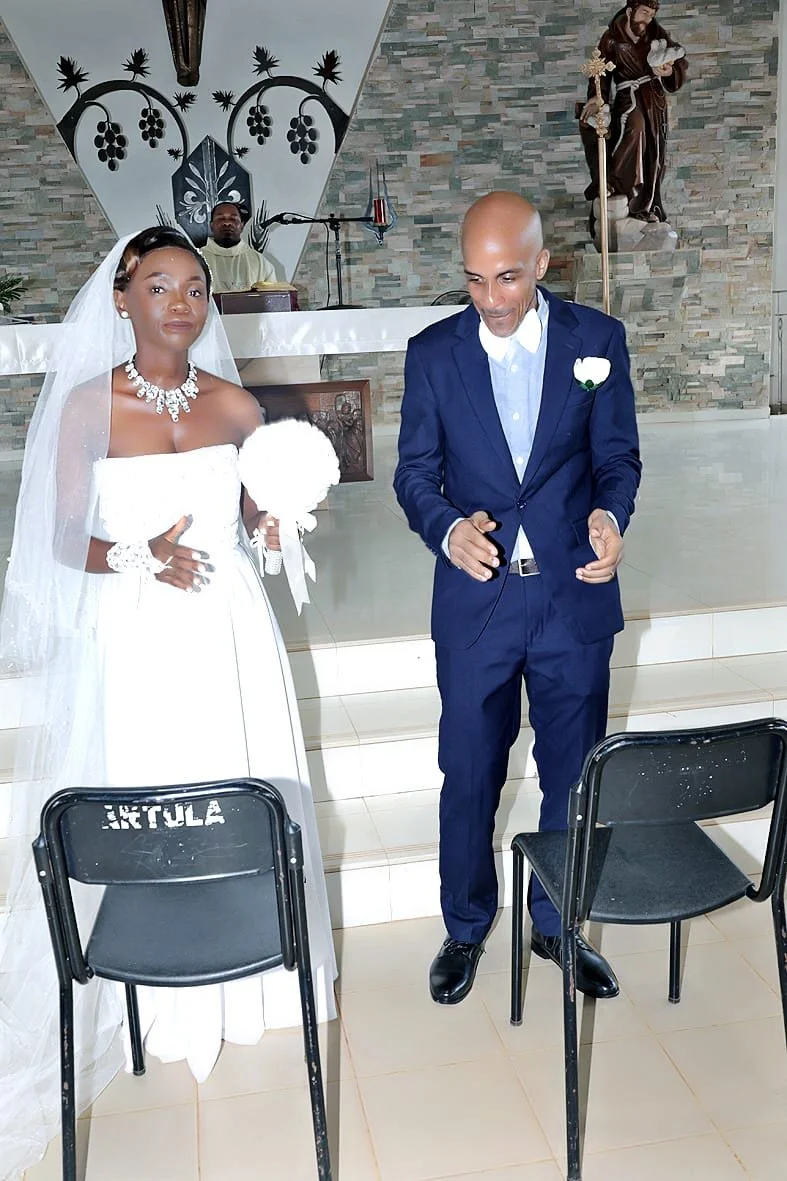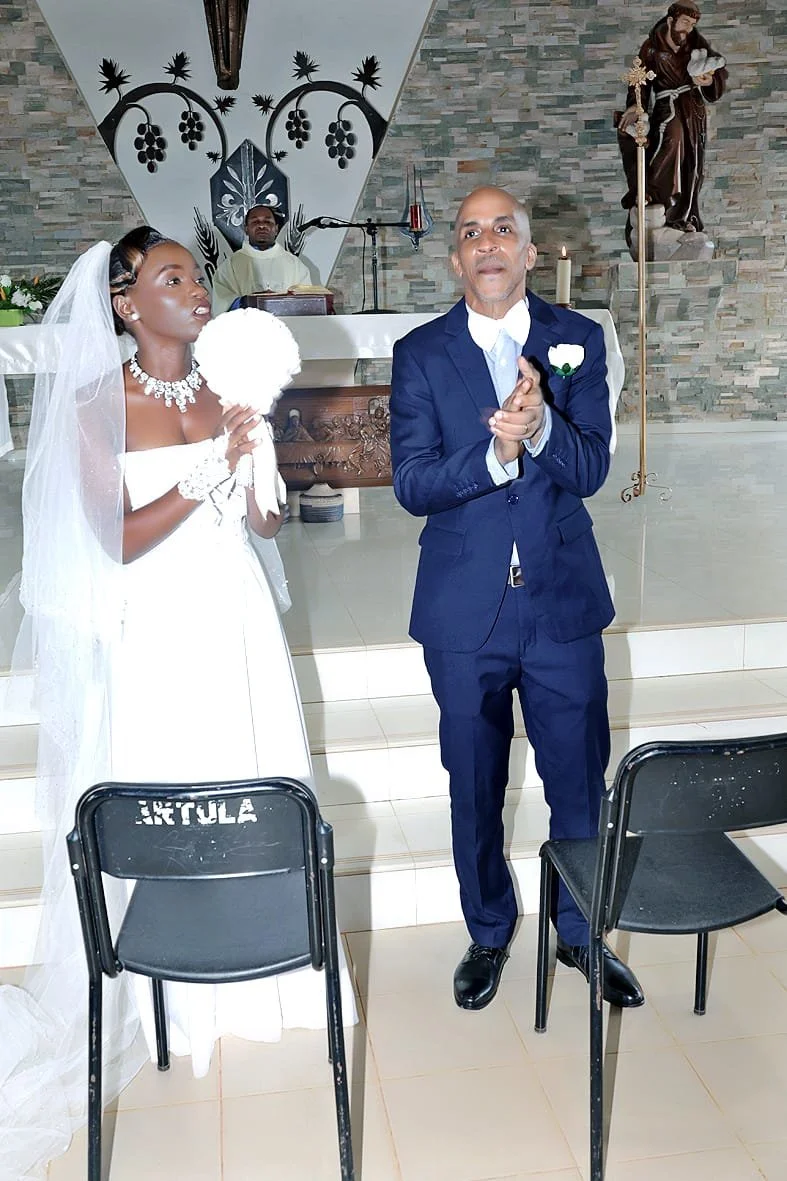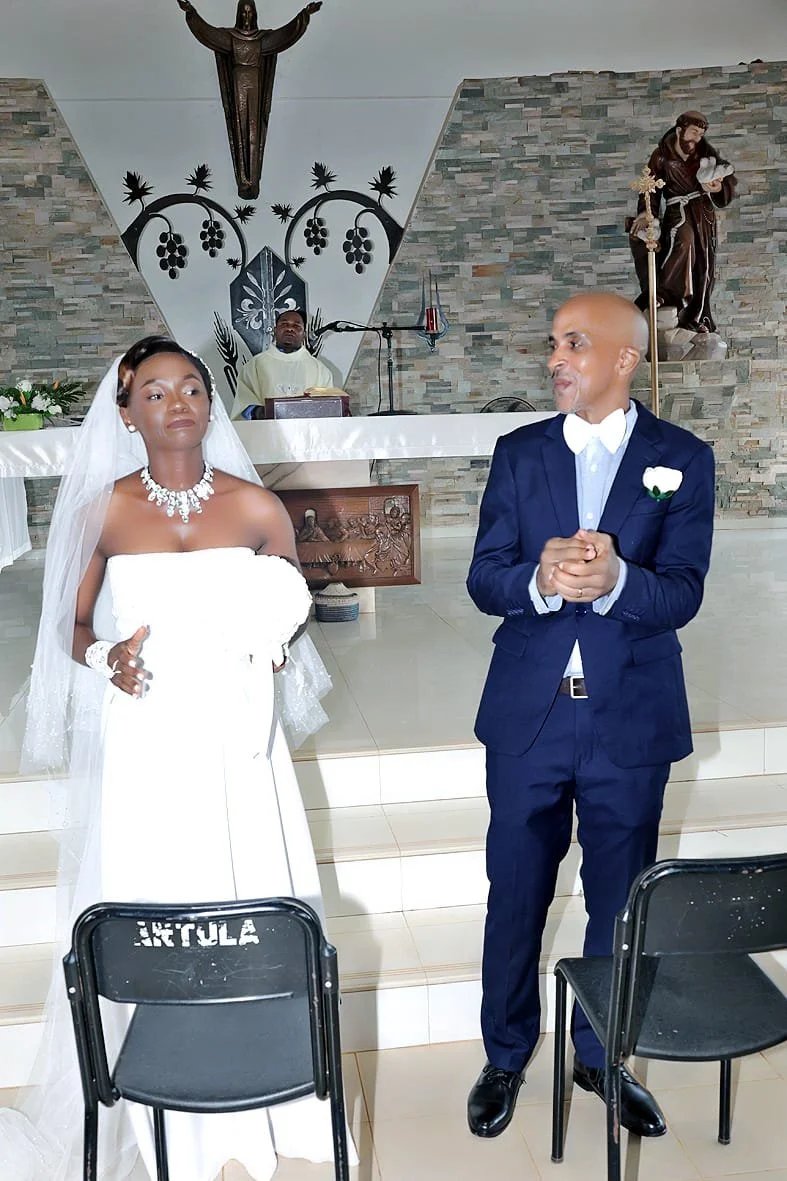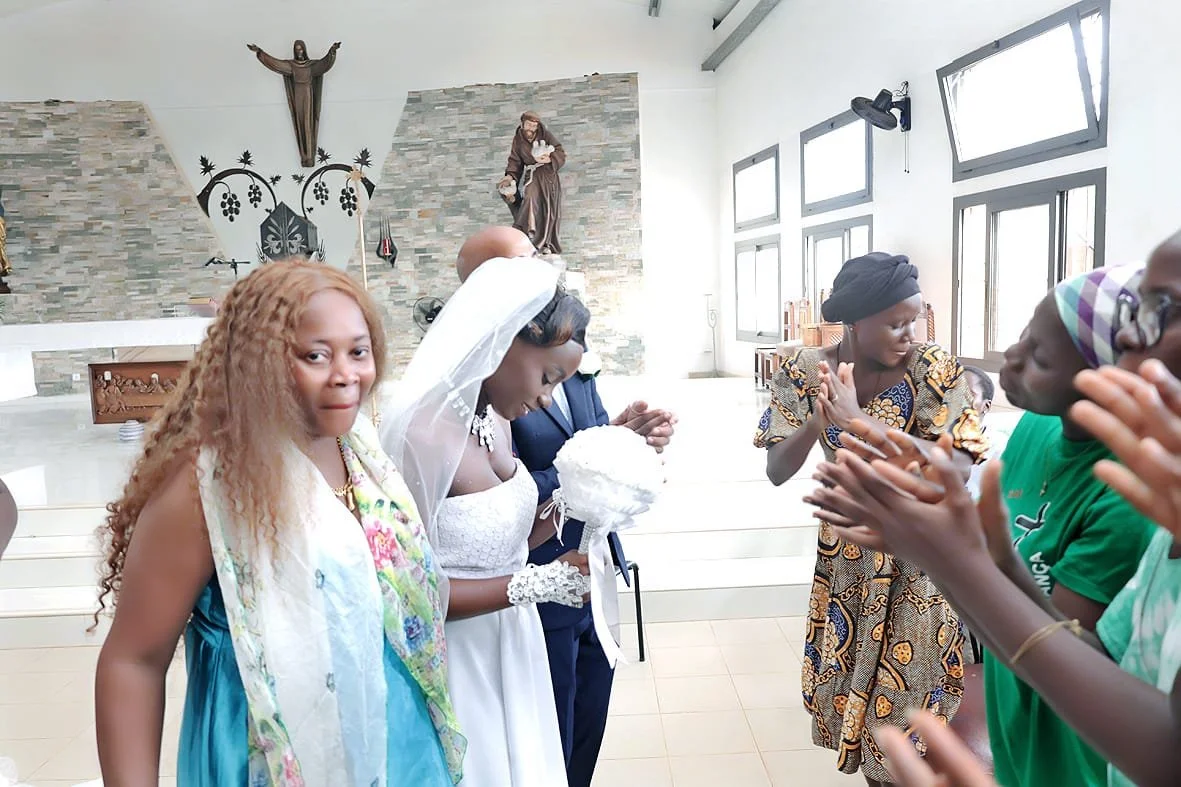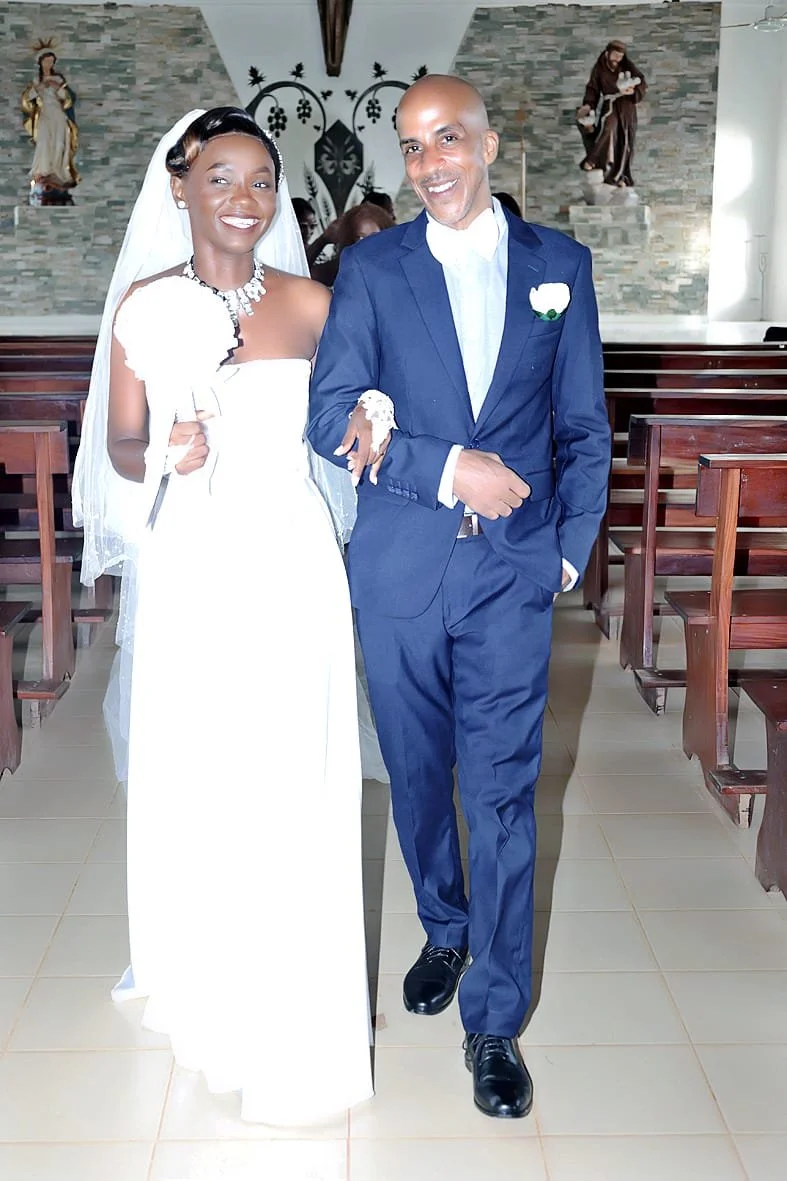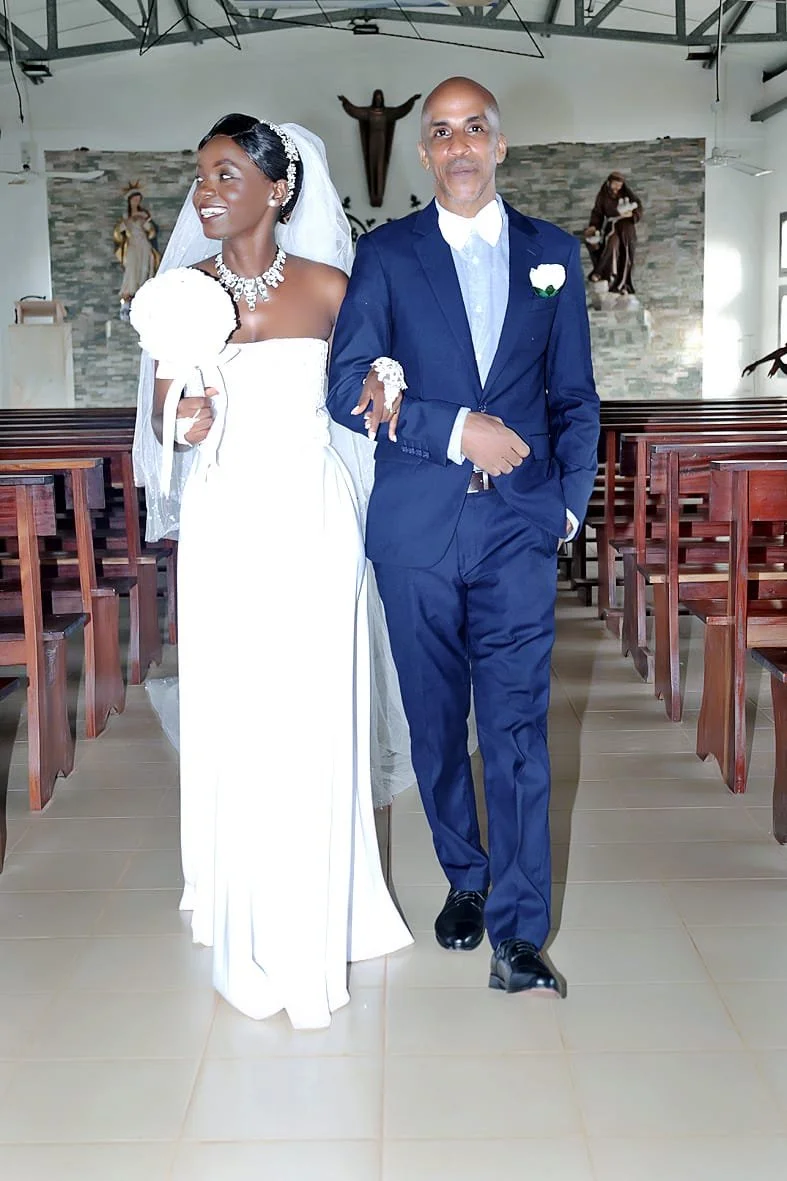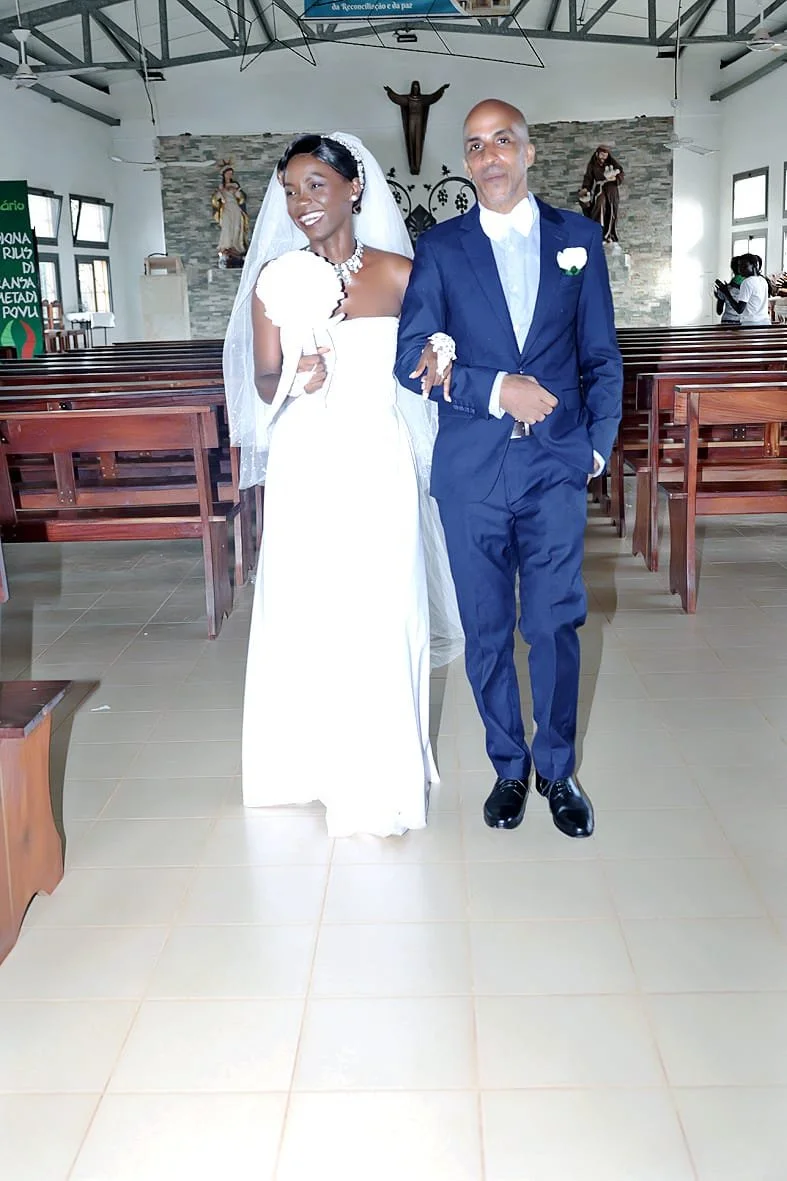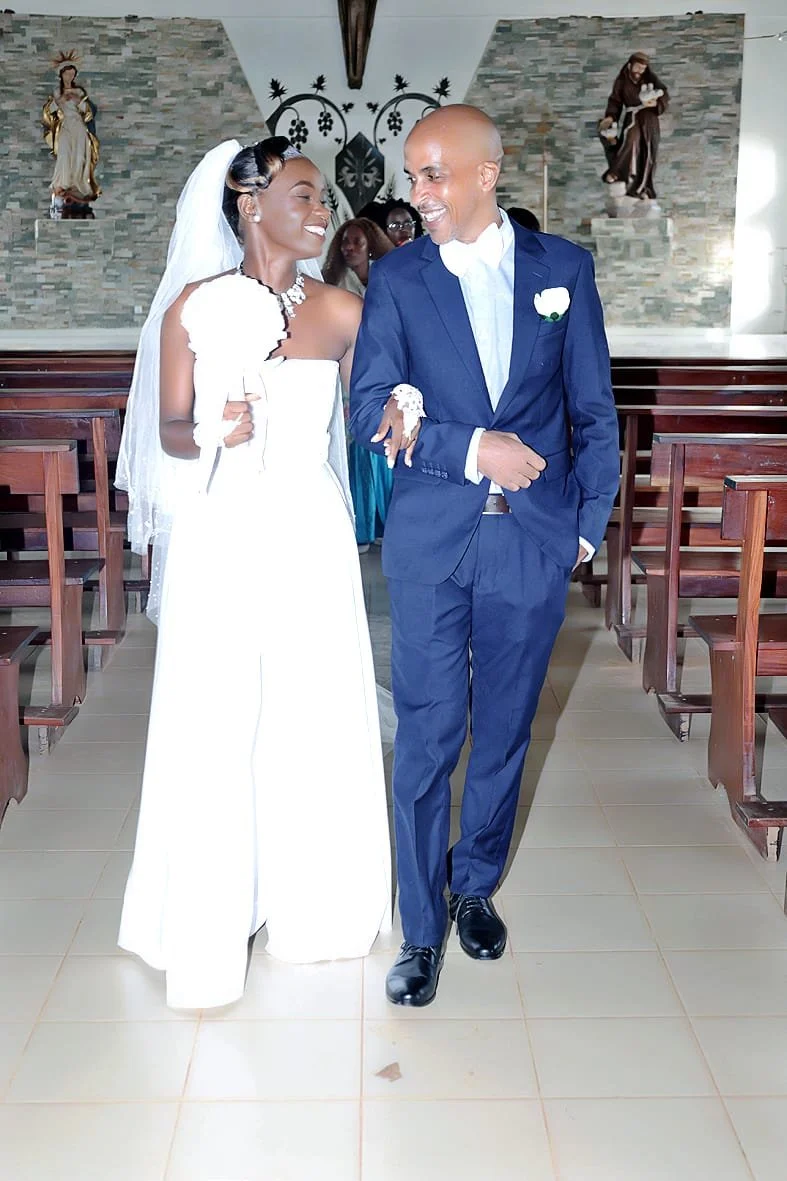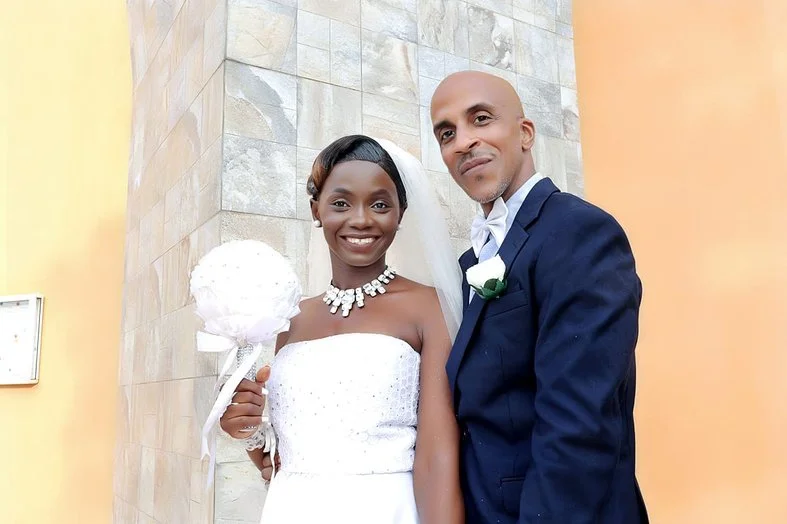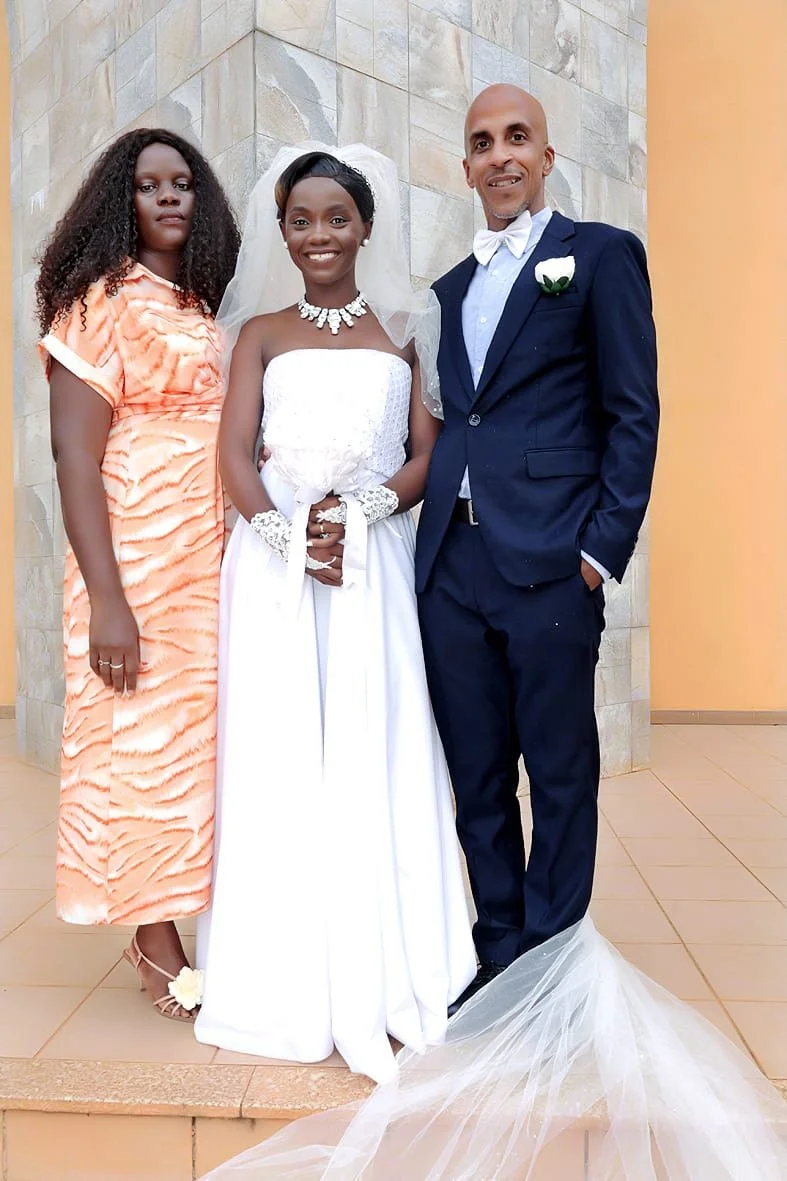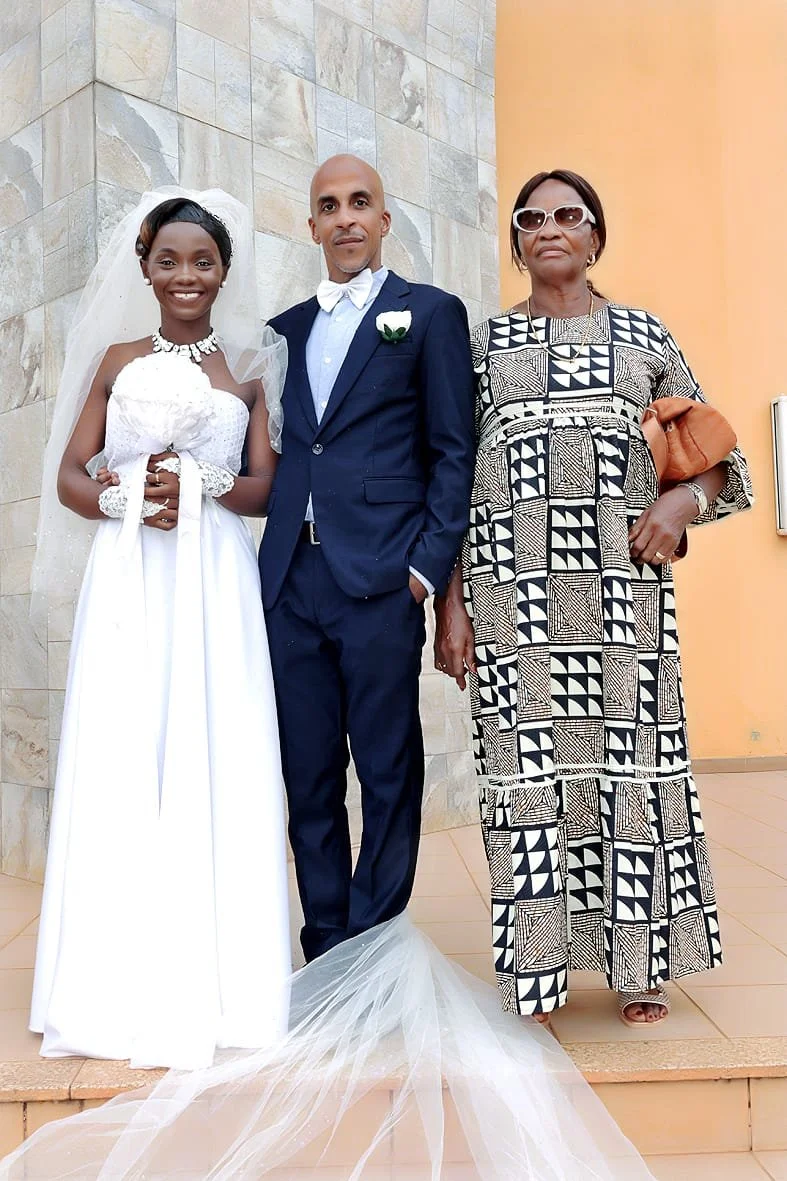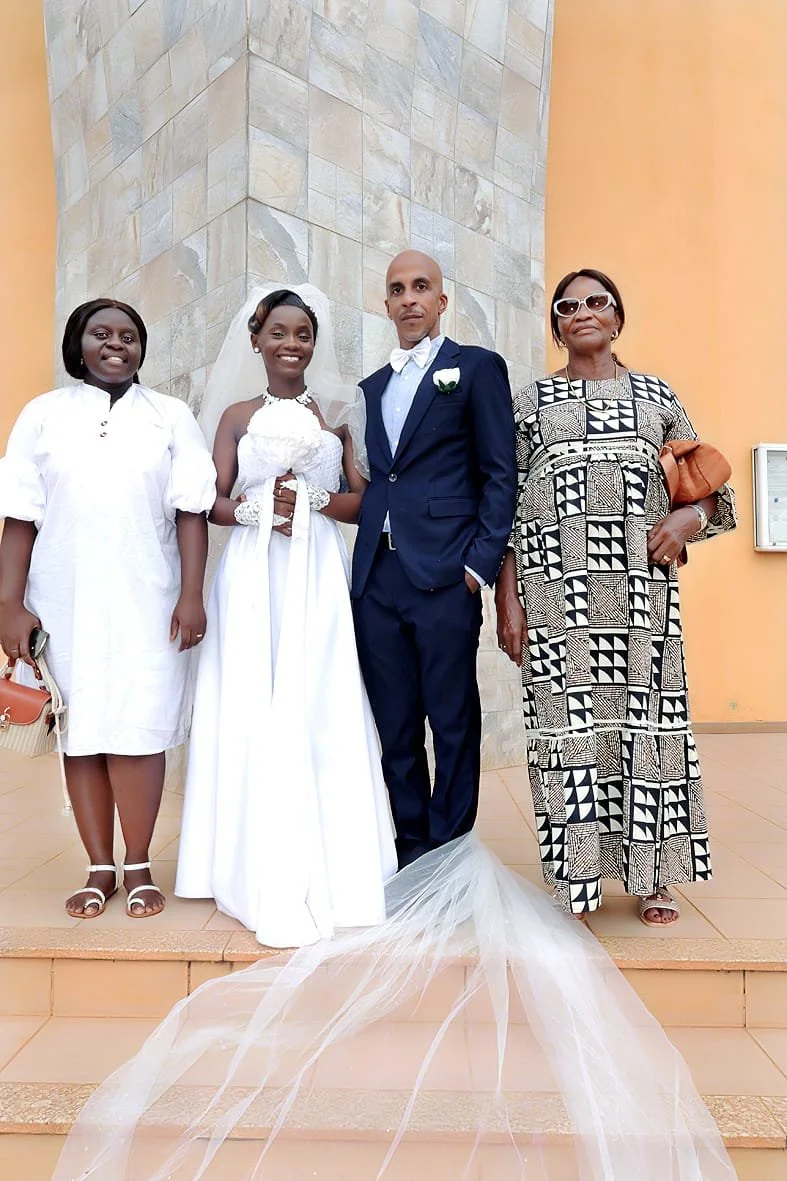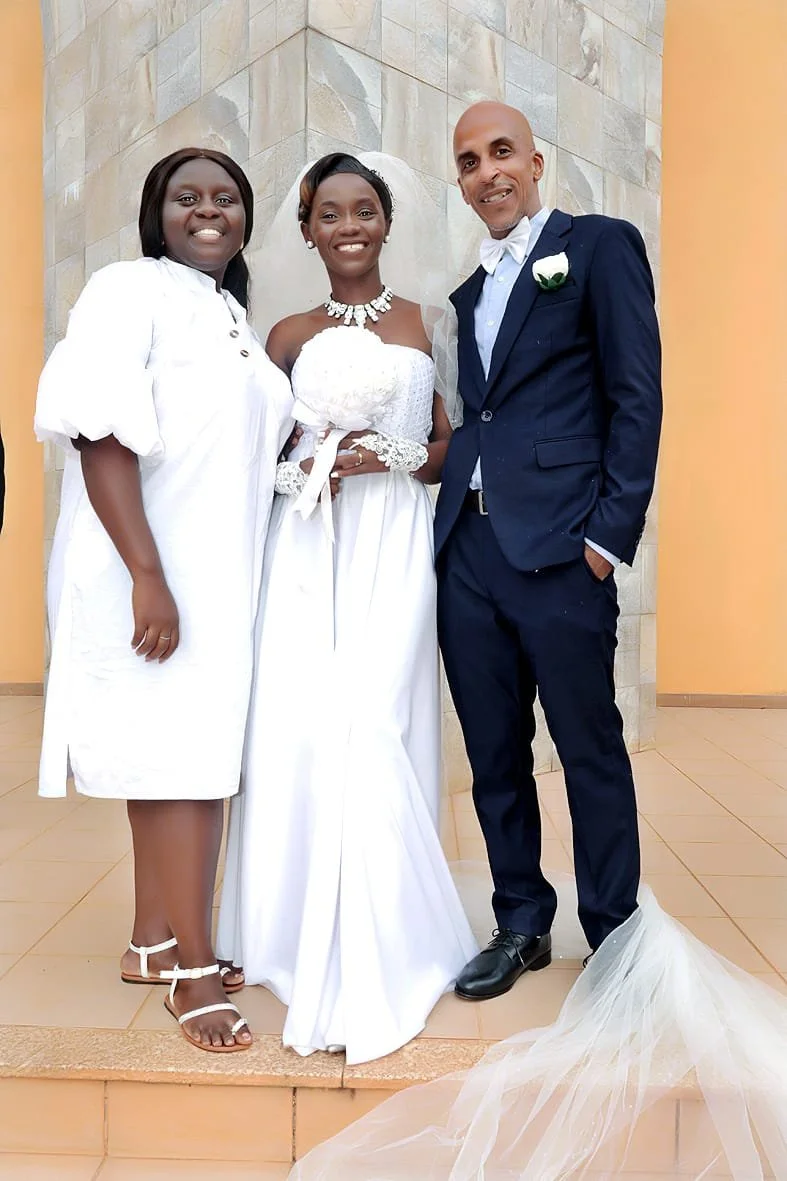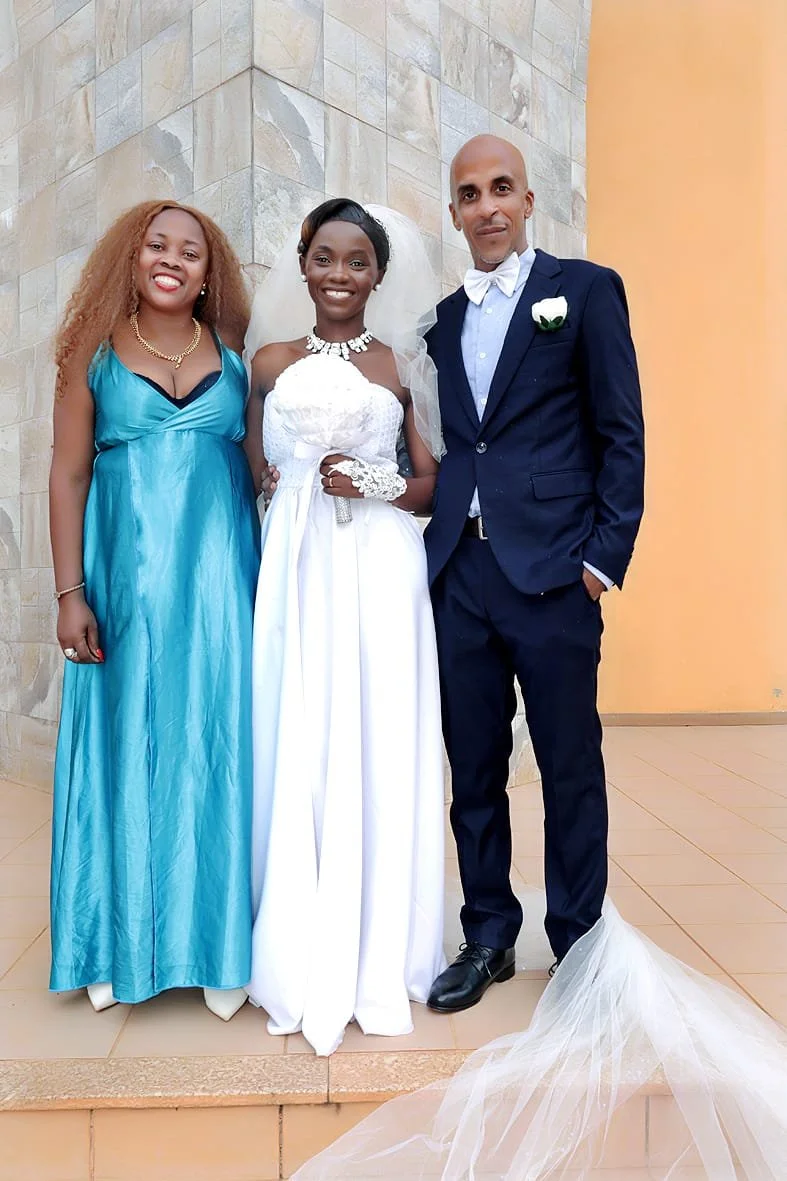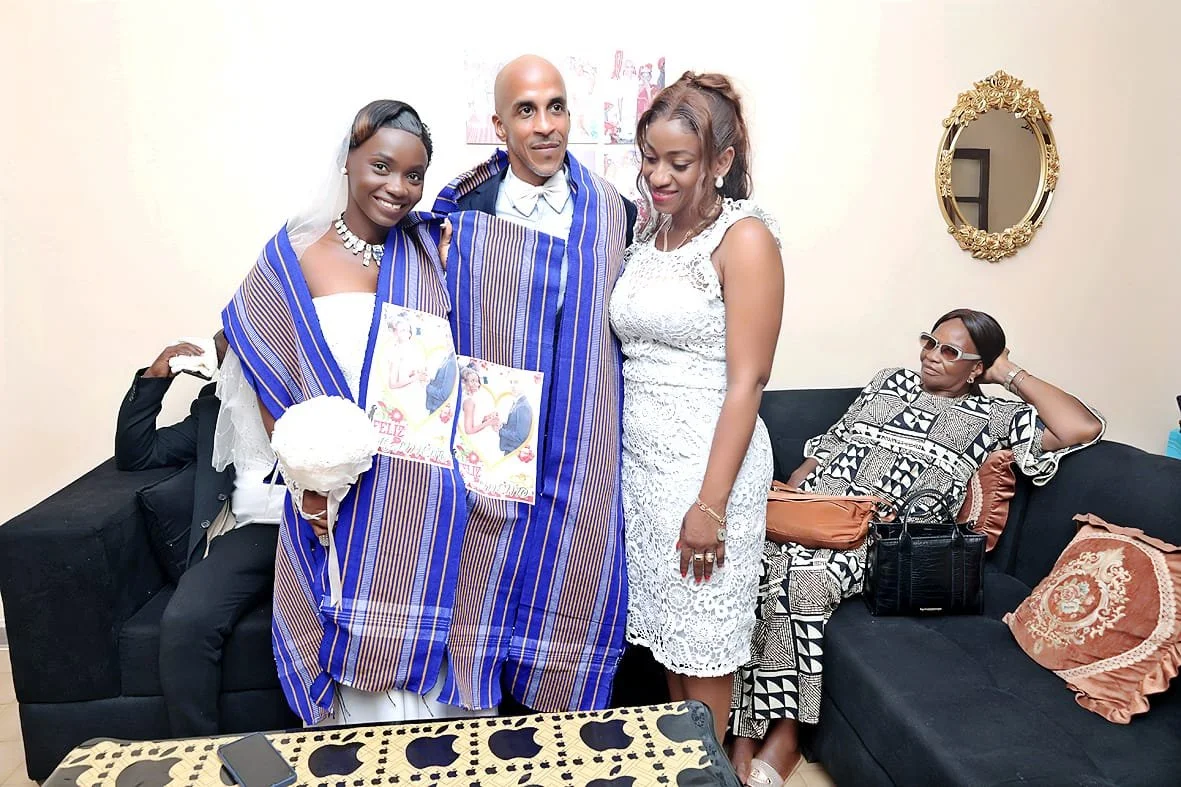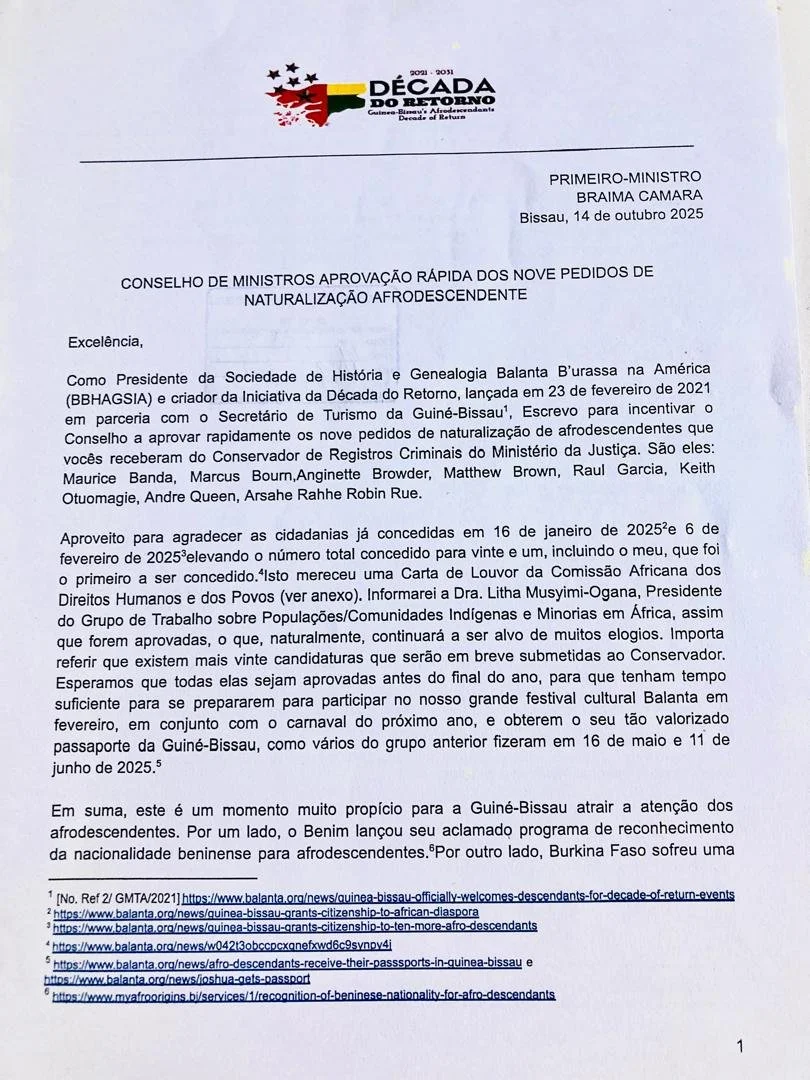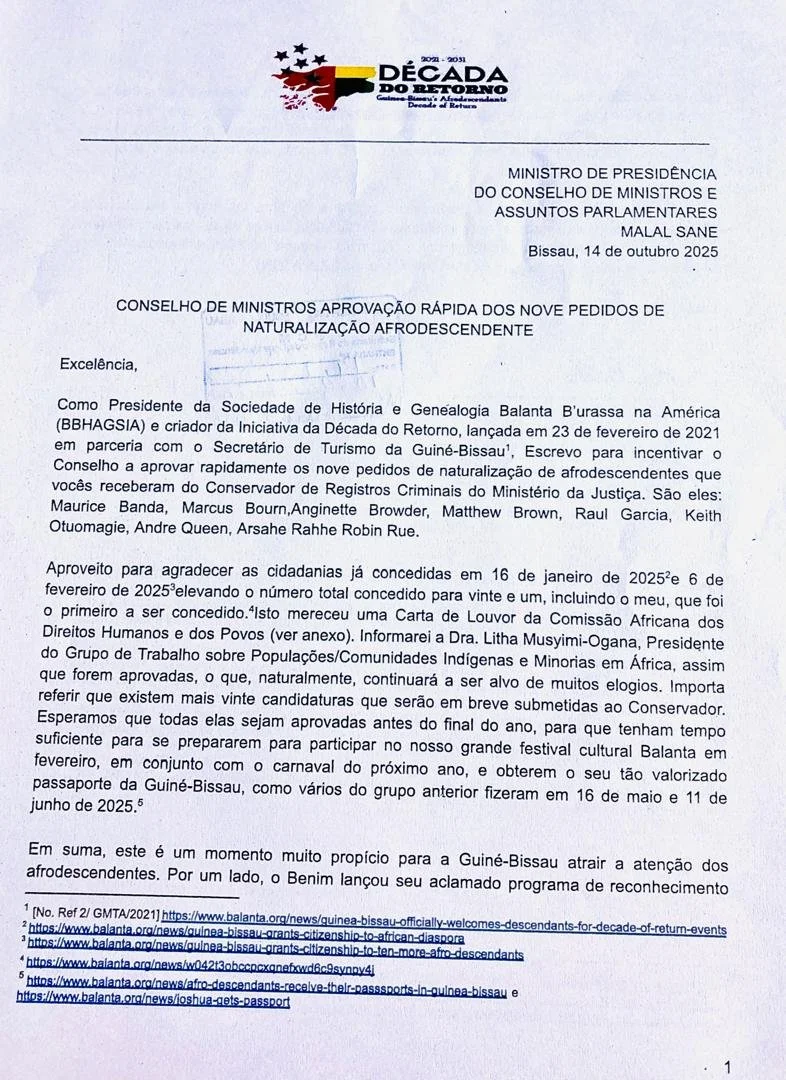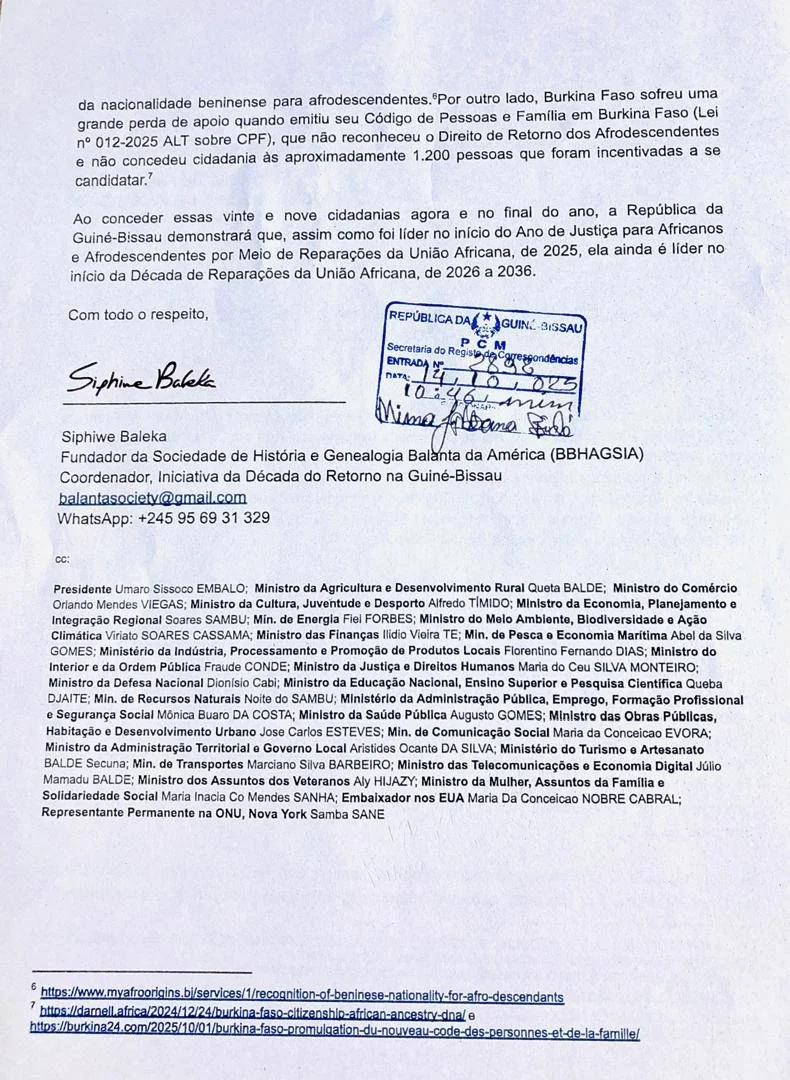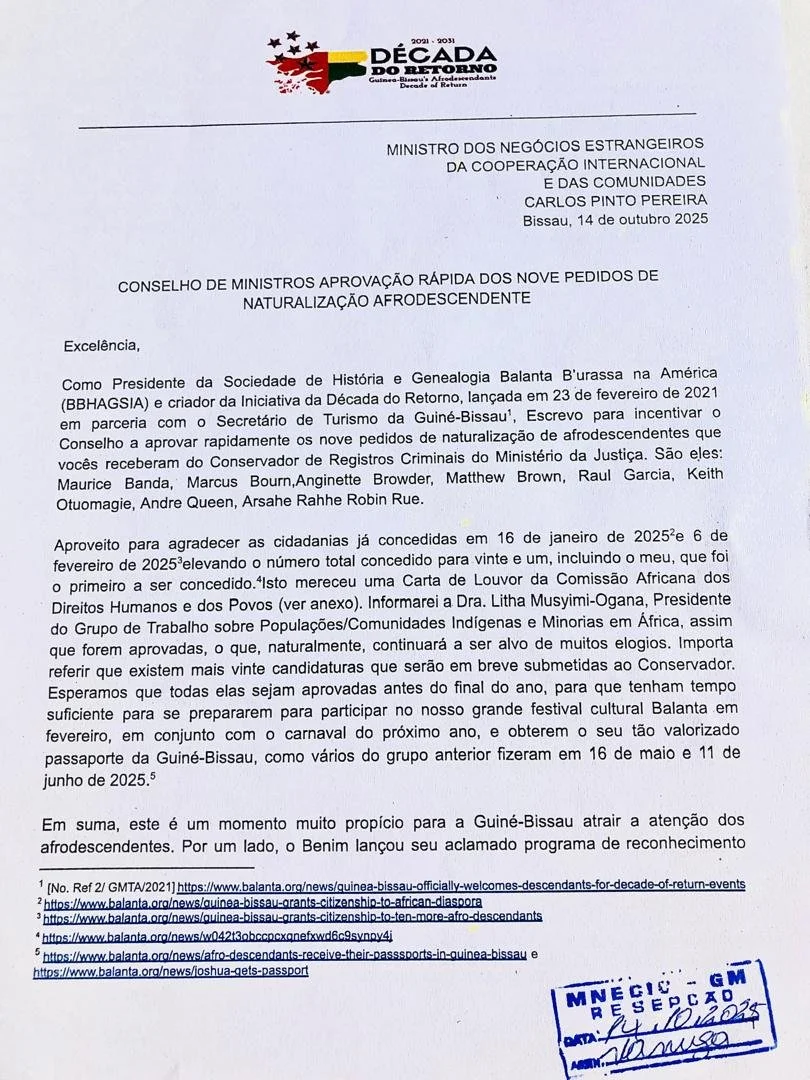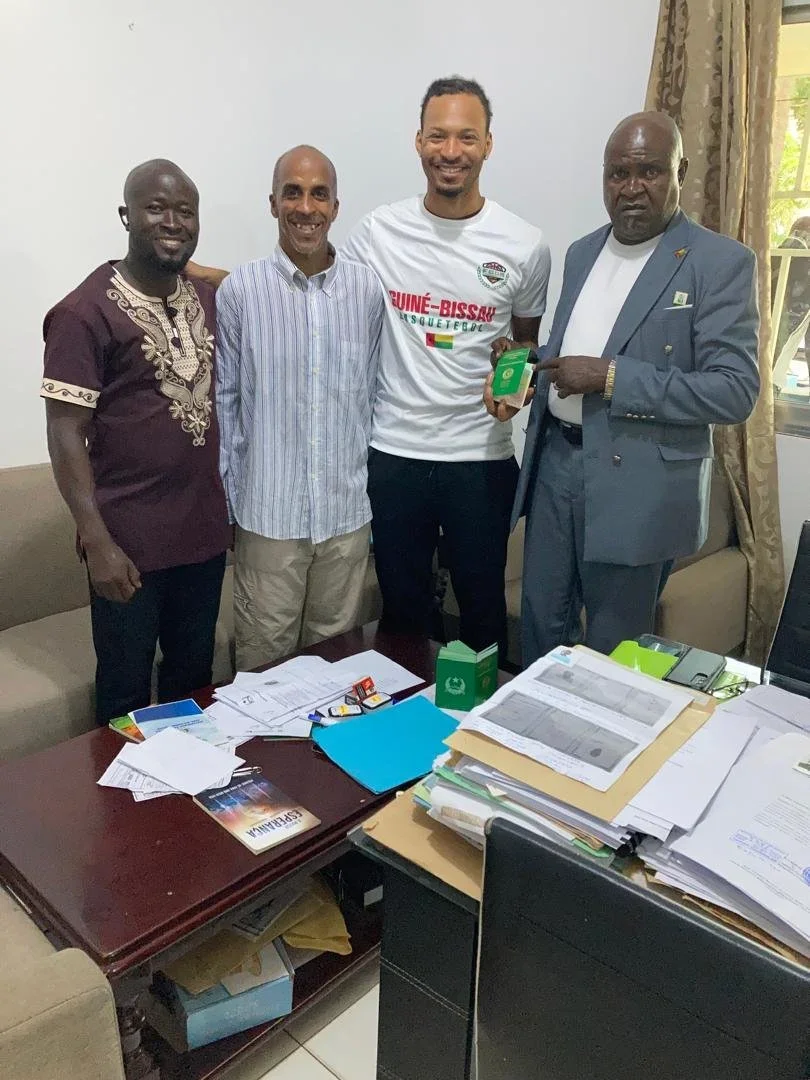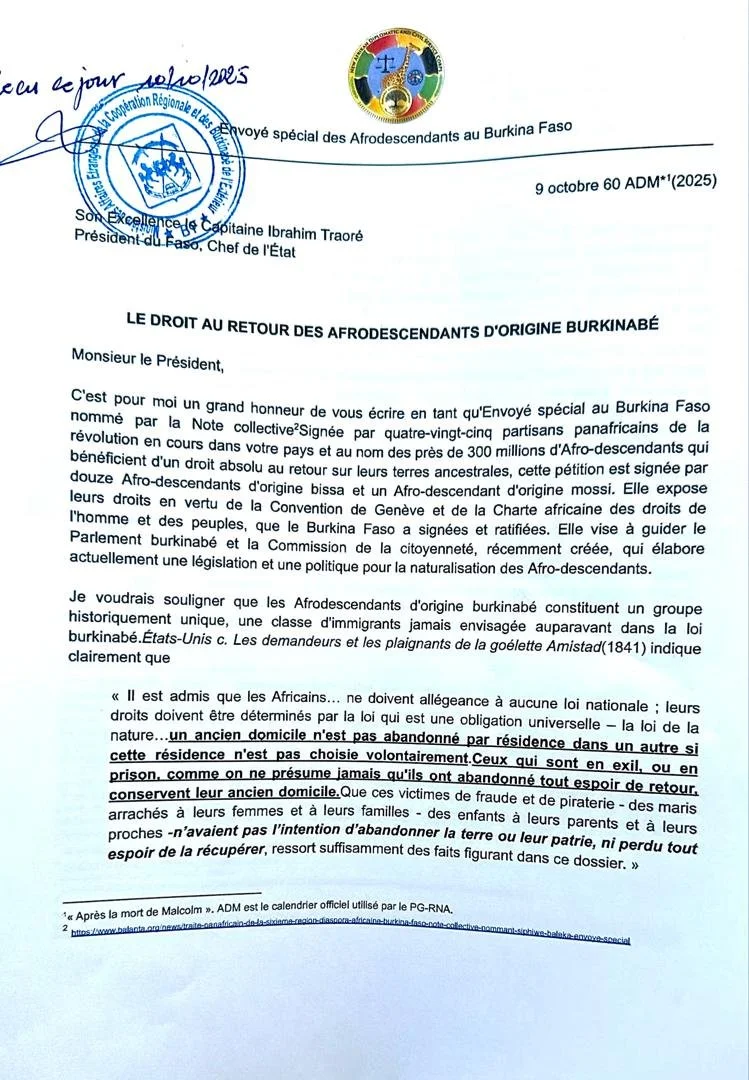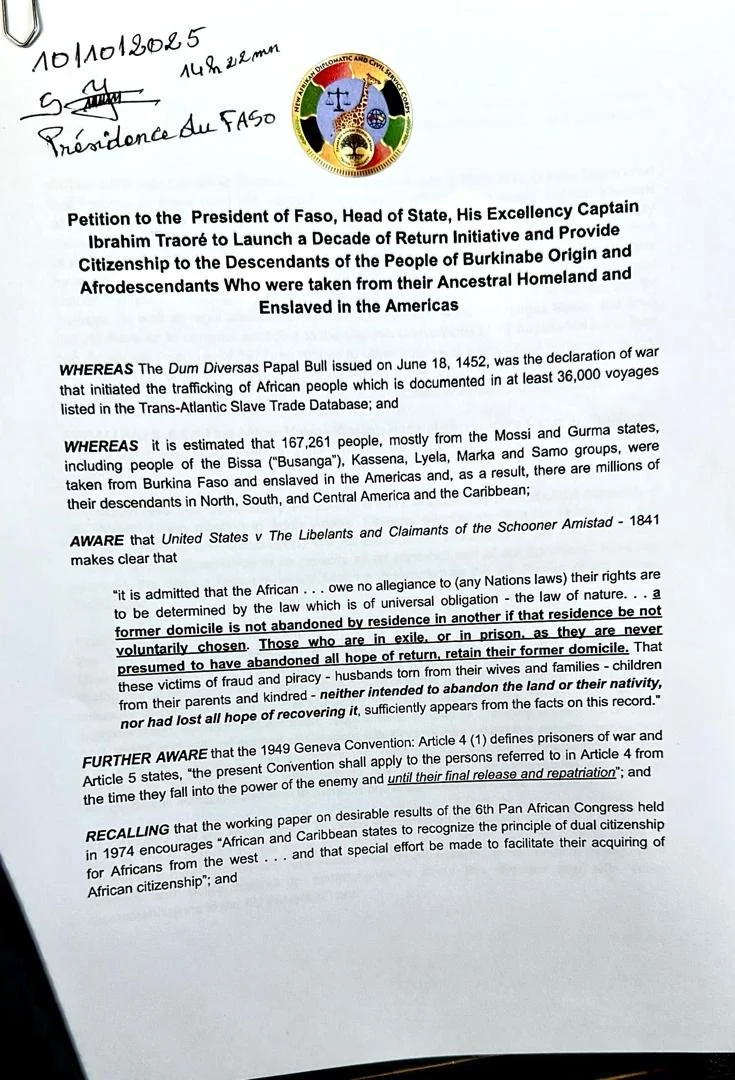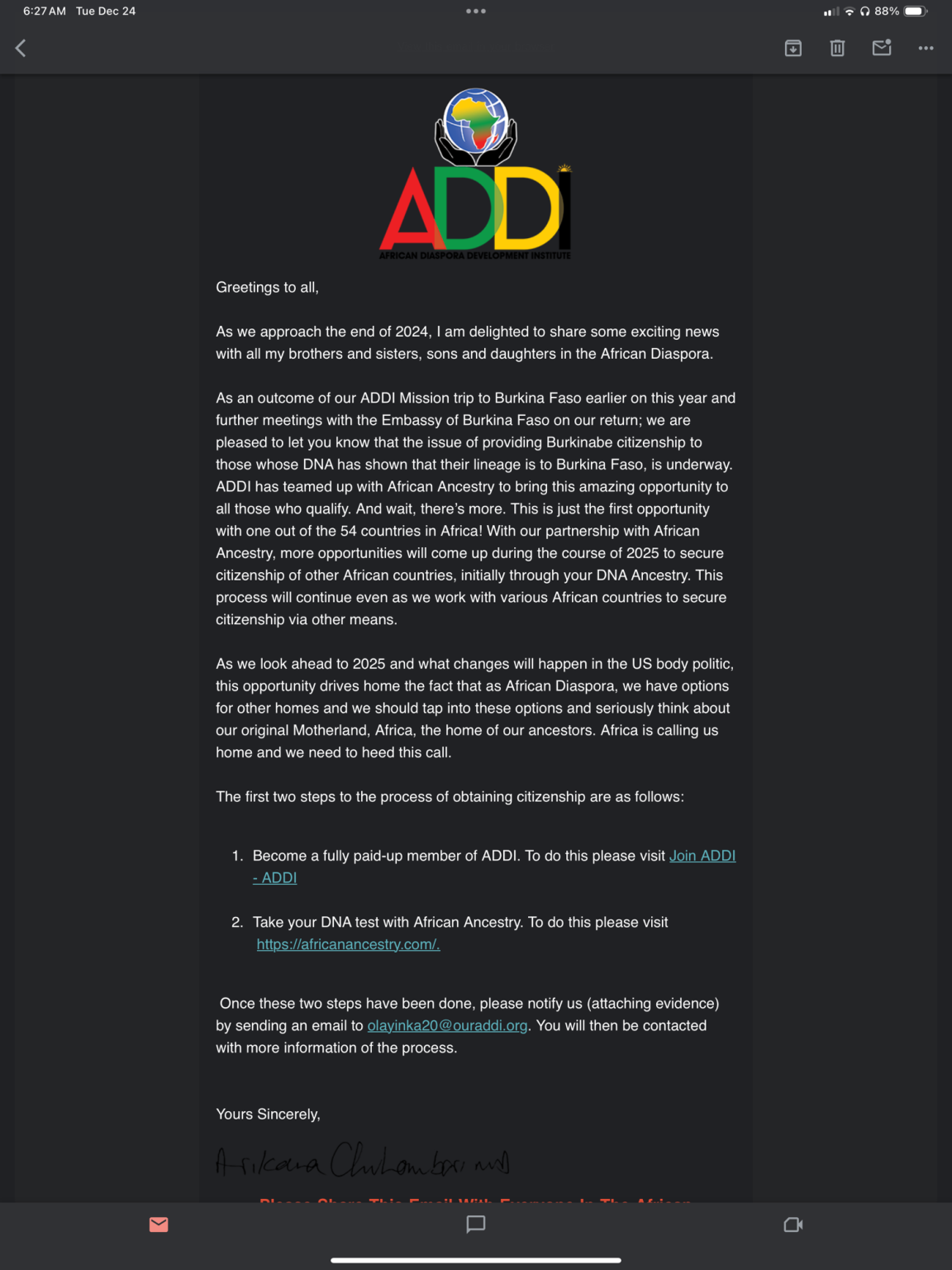Siphiwe Baleka, Afrodescendants Lineage Restoration Champion and Retired ICJ Judge Patrick Robinson
“The most troubling feature of the Plan (THE REVISED CARRIBEAN TEN POINT ACTION PLAN ON REPARATIONS) is its failure to address effectively the question of reparations for injuries and harms, caused by former European slave-holding States, to our enslaved ancestors. . . . The Plan has ghosted our enslaved ancestors; it has ignored them, seen through them and looked past them. As far as reparations are concerned, they simply did not exist. . . . The Plan (p42) explains that a Marshall-like Plan ‘seeks not only to compensate for historical injustices but also to lay the groundwork for prosperous equitable future’. Simply put, a Marshall-like Plan is utterly incapable of compensating for the historical injustices suffered by our enslaved ancestors. . . . Unlike reparations, aid does not come with an understanding that the State or institution offering the aid committed any wrong. In the instant case, Marshall-like aid would not imply on the part of the European States offering it any acknowledgement that their ancestors committed an unlawful act in carrying out the practice of Transatlantic Chattel Slavery (TCS). What we want is a scheme whereby the former European States provide reparations for TCS, because such a scheme would necessarily mean that they acknowledge that TCS was unlawful. To offer aid in relation to our ancestors is to disrespect and insult them. . . . It is obvious that our enslaved ancestors were robbed of that right so essential to one’s dignity and humanity, namely, their liberty. Yet the Plan makes no claim for reparations that would apply to this wrong. . . . In sum, the Plan makes no claim for reparations in respect of the lived experience of our enslaved ancestors. To ignore them is to disrespect them. Is it appropriate to ignore the suffering of our enslaved ancestors to such a degree that the Plan does not make even one claim for reparations relating to their treatment? . . . Yes, this is the reality of the Caricom 10 Point Action Plan, which appears to proceed on the basis that life in the Caribbean commenced in 1838 after the formal abolition of TCS. . . . In shining a spotlight on reparations for the descendants of the enslaved, while ghosting our enslaved ancestors, the Plan paints a picture of present-day Caribbean people as self-centered, self-obsessed, indifferent and insensitive to the suffering of our enslaved ancestors. . . . In short, it is not legally possible to twin a Marshall Aid Plan with reparations for TCS because reparations and aid are entirely different concepts; they are mutually exclusive and inconsistent the one with the other. Aid lacks the essential ingredient that distinguishes reparations, that is, acknowledgement that TCS was an unlawful practice. However, this is the most weighty objection to the proposed adoption of a Marshall Aid Plan in the context of reparations for TCS: former European slave- holding States will see the Marshall Aid Plan as an alternative to reparations and will obviously choose it, because it has a lower threshold than reparations in that it does not oblige them to acknowledge that their ancestors engaged in the unlawful practice of TCS. Such an outcome would kill reparations as a remedy for TCS.”
- Judge Patrick Robinson, COMMENTS ON THE REVISED CARRIBEAN TEN POINT ACTION PLAN FOR REPARATIONS
**************************************
“Reparations are in the process of being redefined to suit the purposes of the ruling classes of all nations and their governments. . . . There was a shift from the earlier focus of the enslaved’s right to return and redress for unpaid slave labor which still has not been granted. Debt relief, rather than monetary payments, became the focus of global campaigns, was never granted and has now taken a back seat. Today, certain interests have positioned ‘racial healing’ and ‘climate justice’ as the new focus of reparations as these are ‘acceptable’ issues for the ruling elites. . . . Many within the Reparations Movement have justified this shift by saying that reparations is not just about the past, it is about the Africa we want now and in the future, while others don’t even consider Africa at all and simply want a more comfortable life in the land of their ancestors' captivity. Under this reasoning, many are no longer framing reparations as the just compensation for enslavement but rather through the lens of ‘developmentalism’ - a framework that is in ‘alignment’ with governments’ objectives - Barbados is a good example - and is more palatable to European consciousness. This represents a crafty capture of the reparations narrative and objective. Why does the objective and narrative keep shifting without any reparations being received? Why move on to something else when the first claims have not yet been remedied? The ruling elites use philanthropy to produce controlled opposition, making calculated decisions and sacrifices pawns in order to save the king and queen. . . . . My response to those within the movement who are attempting to redefine reparations is to make the counterpoint that when Africa’s Reparation claim is properly framed as War Reparations, or compensation payments made after a war by one side to the other that are intended to cover damage or injury inflicted during a war, then we need not subject ourselves to manipulation by the successor regimes of the enslaving nations who wish to capture the reparations movement, redefine it in the form as debt restructuring, development aid and climate justice which suits their interests. Such a capitulation would shift the burden of paying for those damages to the victims of the Dum Diversas War. Our reparations are not to be used to cover other problems that the international community is responsible for. We do not need to acquiesce to such a misstatement of reparations. If reparations is intended as compensation after the war with an aim to repair the dignity of the victims, then reframing reparations in a way that considers, even elevates, the interests and sensitivities of the enslavers continues the very indignity of the victims! The Ashkenazic victims of genocide were not forced to reframe their reparations in order to heal the Nazi perpetrators. Neither were the Japanese victims of America required to take into consideration the development plans and other responsibilities of the United States government. It is an offense to suggest, once again, that the burden of healing others falls on African people at the expense of their own direct interests!”
- Siphiwe Baleka, WILL THE DECADE OF REPARATIONS RESULT IN THE FOLLY OF THE AU-LED REPARATIONS ELITE CAPTURE? WHY CITIZENSHIP IS THE HEART OF THE PROCESS & THE 1ST PRIORITY IS TO TAKE THE VATICAN TO THE ICJ AND ICC
**************************************
Ever since I started a campaign to make the Apostolic edict known as the Dum Diversas (June 18, 1452) recognized as the official start of the Trans Atlantic Slave Trade and to establish the status of its victims under international law as prisoners of war due reparations, including repatriation and citizenship in their African homelands, I have wanted to discuss these issues with now retired Internation Court of Justice (ICJ) Judge Patrick Robinson. We met once briefly during a Zoom event, but I have not yet had the honor and privilege to discuss reparations strategy with Judge Robinson. However, I was over-joyed recently when I read his input for the CERD General Recommendations which validate much of what I have been saying the past six years.
You can read my inputs for the CERD General Recommendations here and you can read Judge Robinson’s below. Now, I want to comment on some of the issues Judge Robinson raised.
INTERTEMPORAL RULE
Judge Robinson says at the outset,
“The overarching and most consequential issue in transatlantic chattel slavery (TCS) is the question of its lawfulness/wrongfulness. This issue is especially important because reparations result from unlawful/wrongful conduct. . . . Moreover, it must be established that TCS was unlawful/wrongful on the basis of the law at the time it was carried out. This intertemporal rule is reflected in Article 13 of the ILC’s Articles as follows, ‘An act of a State does not constitute a breach of an international obligation unless the State is bound by the obligation in question at the time the act occurs’. The intertemporal rule is the greatest obstacle to reparations for TCS.”
Judge Robinson suffiecenty reveals that the practice of chattel enslavement was, in fact deemed illegal at the time. He offers as proof the Mandem Charter, proclaimed in 1213 by Soundjata, founder of the Mali empire, which states,
“every human life is a life. One life is not superior to another. Every wrong done to life demands reparations”.
The Charter was inscribed by UNESCO in 2009 on the representative List of the Intangible Cultural Heritage of Humanity. However, the Mandem Charter could still be contested by facts I have revealed here and here. Indeed, Muslim-led legalized slavery which Sundiata outlawed resumed just twenty years after his death.
Judge Robinson also highlights the decision in the case brought to the Vatican by Lourenco da Silva Mendonca in 1684 and revealed in the book written by my Balanta brother and friend, José Lingna Nafafé. As Judge Robinson writes,
“In 1686, the Vatican ruled in favour of the case presented by Mendonca. The Vatican ruled, inter alia, that it was unlawful to buy and sell Africans; that the masters of African slaves were obliged to manumit them i.e. to set them free, and significantly, to compensate them for damage they suffered, and that it was unlawful to injure or kill slaves. However, Portugal did not implement this ruling for the obvious reason that doing so would have adversely affected their earnings from TCS.”
Importantly, Judge Robinson noted that,
“Traditional European doctrine concerning the legality of TCS failed to recognize that there was a law of nations that included the practice of states other than those in Europe. European regional practice was at variance with the universal law of nations which, driven by the normative general principle of humanity, called for respect for the inherent dignity and worth of all persons whether Africans or Europeans. Therefore, the more liberal approach to TCS, evident in the first part of the 19th century, is not to be seen as a turning point in the law of nations, but as the beginning of the end of a 400-year-old European regional aberration.
In his Input on CERD General Recommendation regarding Reparations for the Historical Injustices from the Chattel Enslavement of Africans, and the Ensuing Harms and Crimes of people of African Descent, Judge Robinson concludes that,
“I am of the view that it can be established that TCS was a wrongful/unlawful practice on the basis of the law at the time it was carried out. It is also possible to argue that the intertemporal rule in Article 13 does not reflect customary international law and is therefore not binding on States. However, it may be difficult to substantiate this argument. “
We may not need to substantiate the intertemporal argument. We may even ignore it. Here is where I think I have made the greatest contribution to the reparations movement by presenting a strategy that goes around this “greatest obstacle”.
SWITCHING FROM REPARATIONS FOR SLAVERY TO REPARATIONS FOR WAR DAMAGE
It is a fact that what is referred to as the “transatlantic slave trade” was actually a military invasion launched by the Military Order of Jesus Christ headquartered in Tomar, Portugal and authorized by Pope Nicholas V on June 18, 1452. His Apostolic Edict known as the Dum Diversas granted King Afonso of Portugal the right to “invade, fight, conquer, subjugate and . . . reduce to perpetual servitude” the “Saracens and pagans” (non-christian inhabitants) of the land of Guine while taking all their possessions. The important consequence of this fact is that it reveals that it wasn’t a “slave trade” but rather the forced migration or trafficking of “prisoners of war.” This would then be governed by international law governing warfare and the treatment of prisoners of war such as the Geneva Convention. By suing for war reparations instead of reparations for slavery, we no longer have to asnwer the question posed by the interremporal rule: was slavery legal at the time?
Rather, we may pose the question as Pope Innocent IV did in 1219:
Is it licit to invade the lAnds that infidels possess, and if it is licit, why is it licit?
During the 12th Century, Pope Alexander III began reforms that lead to the establishment of “Canon Law” – ecclesiastical law laid down by papal pronouncements. Wikipedia defines Canon Law as “a set of ordinances and regulations made by ecclesiastical authority (Church leadership), for the government of a Christian organization or church and its members.”
Pope Innocent IV acknowledges that the law of nations had supplanted natural law in regulating human interaction, such as trade, conflict, and social hierarchies. Similarly, the prince replaced the father, as the ‘lawful authority in society’ through God’s provenance, manifesting his dominium in the monopoly over justice and sanctioned violence.
IT IS AT THIS JUNCTURE WHERE EUROPEAN PEOPLE, THROUGH POPE INNOCENT IV DECIDED TO SUSPEND THEIR RECOGNITION OF NATURAL LAW IN FAVOR OF WHAT THEY CALLED “THE LAW OF NATIONS.” FROM THIS MOMENT ON, GOVERNMENT OFFICIALS INSTEAD OF EACH INDIVIDUAL, NOW HAD “LAWFUL AUTHORITY” AND MONOPOLY OVER JUSTICE AND SANCTIONED VIOLENCE.
Pope Innocent IV delineated a temporal domain that was simultaneously autonomous yet subordinate to the Church. Laws of nations pertained to secular matters, a domain in which a significant tendency in the Church, known as ‘dualism,’ showed increasingly less interest. But in spiritual matters, the pope’s authority prevailed, since all humans were of Christ, though not with the Church. ‘As a result,’ the medievalist James Muldoon notes, ‘the pope’s pastoral responsibilities consisted of jurisdiction over two distinct flocks, one consisting of Christians and one comprising everyone else.’ Since the pope’s jurisdiction extended de jure over infidels, he alone could call for a Christian invasion of an infidel’s domain. Even then, however, Innocent maintained that only a violation of natural law could precipitate such an attack. By adhering to the beliefs of their gods, infidels and pagans did not violate natural law. Thus, such beliefs did not provide justification for Christians to simply invade non-Christian polities, dispossess its inhabitants of their territory and freedom, or force them to convert. Innocent IV’s theological contribution resided in the fact that he accorded pagans and infidels dominium and therefore the right to live beyond the state of grace.
At this point, two different cultures, with two different legal codes, were in conflict - Most of African Society and Natural Law vs. the Christian Europeans and their Canon Law/Law of Nations.
The Apostolic Edict Dum Diversas, issued by Pope Nicholas V on June 18, 1452 exercised the claimed singular spiritual authority to call for a Christian invasion of an infidel’s domain which was then effected by the Portuguese King Afonso’s claimed singular temporal authority over justice and sanctioned violence to launch and conduct the invasion. It would seem silly, from the point of view of universal law of nature, to say simply that something is legal because the Catholic Church said it is. However, Pope Nicholas V violated the Catholic Church’s own ecclisastic law that determined there was no justification for Christians to simply invade non-Christian polities, dispossess its inhabitants of their territory and freedom, or force them to convert.
Herman L. Bennett writes in African Kings and Black Slaves: Sovereignty and Dispossession in the Early Modern Atlantic:
“The fifteenth-century European legal corpus, by conceding dominium to infidels and pagans, implicitly recognized a sovereign African existence that preceded the human calculus transforming subjects into captives and slaves. Based on an established corpus of thought, law and theology configuring Christian institutional relations with non-Christians, African polities wielded legal tender in the Christian imaginary ….. Even as extra ecclesiam, Guinea’s inhabitants, both infidels and pagans, had natural rights . . . At the most elemental level, natural law acknowledged native (African) sovereignty even as Christian thought, theology, and law sanctioned the enslavement of Africans. . . .[T]emporal authorities in Christian Europe legitimized their rule and defined their actions on scriptural grounds. Christianity represented their ontological myth, the source of their traditions, and the banner under which they marched against the infidels. . . . to discard Christianity would mean that their dominium merely rested on the might of one particular lineage over another. Moreover, by abandoning the pretense to just war against the infidels, Christian sovereigns risked revealing that profit motivated their desire for expansion . . . .”
By switching from “reparations for slavery” to “Dum Diversas war reparations” the question of intertemporal rule of TCS has been completely avoided and it is made clear from the Catholic Church itself that there was no justification for the Dum Diversas Apostolic Edict and the resulting conquest of the land of Guine and the forced migration of an estimated 12 million prisoners of war. The path is now clear for reparations for the unjust war.
The Netherlands formally abolished slavery in its colonies on July 1, 1863 and the United States proclaimed the 13th Amendment abolishing its slave trade on December 16, 1865. Using the latter date, that’s 150,896 days or 413 years, 1 month and 29 days of enslavement and death in warfare. 𝐑𝐞𝐩𝐚𝐫𝐚𝐭𝐢𝐨𝐧𝐬 𝐚𝐫𝐞 𝐏𝐑𝐈𝐌𝐀𝐑𝐈𝐋𝐘 𝐜𝐨𝐧𝐜𝐞𝐫𝐧𝐞𝐝 𝐰𝐢𝐭𝐡 𝐓𝐇𝐈𝐒 𝐝𝐚𝐦𝐚𝐠𝐞.
THEN followed the scramble for Africa, formalized at the Berlin Conference in 1884 to 1885 and the period of colonisation and after that, neocolonialism. Starting from the US abolition of slavery, until today, that’s 58, 315 days, or 159 years, 7 months and 29 days. 𝐑𝐞𝐩𝐚𝐫𝐚𝐭𝐢𝐨𝐧𝐬 𝐚𝐫𝐞 𝐒𝐄𝐂𝐎𝐍𝐃𝐀𝐑𝐈𝐋𝐘 𝐜𝐨𝐧𝐜𝐞𝐫𝐧𝐞𝐝 𝐰𝐢𝐭𝐡 𝐓𝐇𝐈𝐒 𝐝𝐚𝐦𝐚𝐠𝐞.
READ JUDGE PATRICK ROBINSON’S INPUT FOR CERD AND COMMENTS ON THE REVISED CARRIBEAN TEN POINT ACTION PLAN FOR REPARATIONS



























